Great and great success for this 45th Italian Film Festival of Villerupt which took place from October 28 to November 13 in this former steel and mining town of the Haut Lorrain region, representative of the land of welcome for Italian immigration, located at the Luxembourg border.
As a prelude to this launch during the opening night of this 45th edition of the Italian film by Villerupt, an exceptional concert by the Orchester Philharmonique de Luxembourg conducted by Frank Strobel as part of Esch 2022 performed live with its 80 musicians, a selection of chosen music: “La strada + Ricordi di Federico Fellini” on the main stage of L’ARCHE, the new cultural center of the PAYS HAUT VAL d’Alzette.
Nearly 74 films were on view for this 2022 edition, which therefore has nothing to envy to its competitors, which are the Italian Festival of Annecy, Bastia and Ajaccio. In partnership with the INA (Institut National de l’Audiovisuel), around twenty retro teasers, based on archive images, lasting around thirty seconds, were presented before the screening of the films. These teasers thus revived certain highlights of the territory’s history by also echoing the Festival.
The women behind the camera, theme of this 45th Festival, with Nine films by Italian directors on the bill:
MALEDETTA PRIMAVERA, by Elisa Moruso
PICCOLO CORPO by Laura Samani
CORPO CELESTE by Alice Rohrwachar
HOGAR (KINDERGARTEN) by Maura Delpero
SAREMO GIOVANI AND BELLISSIMI by Letizia Lamartire
https://youtu.be/xFTEg-O
FIORE GEMELLO by Laura Luchetti
THE ULTIMATE COSE by Irene Dionisio
VERGINE GIURATA (Virgin under oath) by Laura Bispuri
MIELE by Valeria Golino
IN PARADISE by Paola Randi
COSMONAUT by Suzanna Nicchiarelli
And the physical presence of Italian directors like Viviana CALÒ after the screening of her film QUERIDO FIDEL.
Emidio (Gianfelice Imparato), a fan of Fidel Castro, lives in the myth of a father who is credited with participating in the Cuban revolution. In 1991, when the world is emerging from the logic of the Cold War, he persists in living like a Cuban revolutionary in his neighborhood of Naples, which is struggling to recover from Maradona’s farewell. Emidio pushes the emulation of real socialism to the point of imposing the rationing of foodstuffs on his family. Tired of rice with beans, this one comes to dream of a plate of spaghetti. His son Ernesto (Marco Mario De Notaris), to his father’s grandmother, is even a henchman of the American dream. Emidio’s wife, Elena (Alessandra Borgia), and her granddaughter Celia (Marcella Spina), on the other hand, have overcome the idealism of the head of the family.
Hasn’t Emidio had an epistolary relationship with Fidel Castro for a long time?
And the latter never fails to respond to his inveterate admirer.
As well as screenwriter Antonella GAETA, from the film TI MANGIO IL CUORE, one of our favorites, the one and only feature film made in Black and White, with a strong and masterful interpretation .. tracing the history of the deadly rivalry between two families the Camporeale and the Malatesta.
Burned by the sun and hatred, the promontory of Gargano, in Puglia, is the object of power struggles between clans that seem to come straight from a distant past, from a sort of Wild West where blood washed with blood. This is how in the 1960s Michele Malatesta (Tommaso Ragno) avenged his clan decimated by the Camporeale. More than forty years have passed and between the two families a kind of truce has been activated, favored by another clan, the Montanari. But hatred still smolders under the ashes. Also, when Andrea (Francesco Patanè), Michele’s favorite son, seduces Marilena (Elodie), the very pretty wife of the head of the Camporeale, it’s war again and all shots are allowed.
Based on the true story of Rosa Di Fiore, a mother who above all wanted to save her children.
A special tribute to Lina Wertmüller (Rome, 1928 – Rome, 2021)
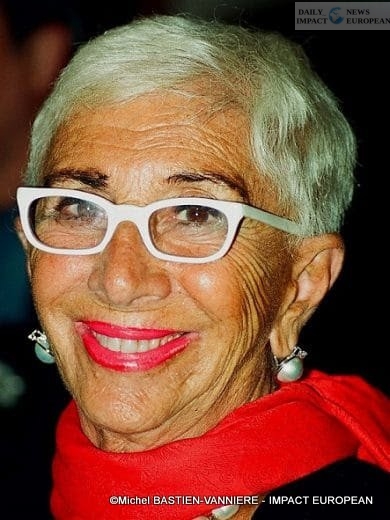
Lina Wertmuller
Screenwriter for theater and television, Fellini’s assistant on 8 ½, Lina Wert müller, made her first film in 1963, I basilischi (The basilischi), awarded at Locar no. It was with the couple Giancarlo Giannini – Mariangela Melato that she conquered the general public with satirical films that marked the 1970s singularly: Mimì metallurgico ferito nell’onore (1972, Mimi metallo injured in his honor), Film d ‘amore e d’anarchia ovvero »stamattina alle 10 in via dei Fiori nella nota casa di tolleranza… » (1973, Film of love and anarchy), Travolti da un insolito destino nell’azzurro mare d’ agosto (1974, Towards an unusual destiny on the blue waves of summer). In 2009, she made her last film, Mannaggia alla miseria.
OUR FAVORITES AMONG THE PROJECTED FILMS
The immensity with the immense Pénélope CRUZ…
https://youtu.be/WPYs21db40
Rome, at the beginning of the 1970s. Clara (Penélope Cruz), Felice (Vincenzo Amato) and their three children have just moved into their new apartment, in a brand new neighborhood on the edge of a countryside intended to make way for the growing city. Their bourgeois background seems to shelter them from the political and social upheavals that shake the country, even if the ever-increasing tensions between them are like an echo of this. Their couple is in crisis and the dissensions are more and more lively, among other things because of their eldest daughter, Adriana (Luana Giuliani), 12, who refuses to be a girl, who dresses, does her hair and behave like a boy. Felice disapproves and will use the hard way with her, Clara opposes it and a violent climate sets in.
Around the three children and their cousins, the adults seem to live in a frozen time, immutable rites. Except Claire.
« The project for this film is very old: it was always ‘my next film’, but each time it gave way to another story, as if I didn’t feel ready enough, nor mature enough and sure enough of myself. It’s a film about memory and it would require more hindsight, a different consciousness. Like all my other films, L’immensité is above all a film about the family: the innocence of the children and their relationship with their mother, which could only take shape thanks to the meeting with Penélope Cruz. His sensitivity allowed him to interact in an extraordinary way with three very young children who had never acted in a previous film. Luana, Patrizio and Maria Chiara remained children, always intensely and immensely true”
says Emanuele Crialese.
THE PERFETTE CENA
Carmine (Salvatore Esposito) was raised by Pasquale Rizzuto (Gianfranco Gallo), boss of the camorra, where his father had saved his life by disdaining his own. But Carmine is more a man of heart than of hand. Thus, when he has to kill Giuliano (Marlon Joubert), guilty of having stolen the boss’s money, he takes pity on him and lets him run away. But for Pasquale a debt is a debt, so he finds an easy job for Carmine: he puts a restaurant he owns in Rome in his name, he will regularly have money delivered to him that Carmine will have to launder. The business is running at full speed, but everything changes when Consuelo (Greta Scarano), the restaurant’s former owner, appears. She swears by new cooking, but she’s gone bankrupt and can’t get over it. Carmine would like to do more than serve defrosted food, so he offers to come and work for him in her own way. She demands to transform everything and Carmine takes the risk of drawing on the funds allocated to her. If the boss notices, it’s over with him, but Consuelo is so attractive! Where Pasquale announces himself…
“I am inspired by real facts, current events. Reading the press, I discovered many stories of restaurants in Rome run by organized crime. […]
I have a very good relationship with cooking, I did some related projects including a short film made in Berlin on the last meal of a death row inmate, with Piera Degli Esposti who was a wonderful chef . […] When I was retained to make this film, I realized that it was fundamental to represent the kitchen differently from what television shows. The world of cooking, like other professions, has often been represented through male characters. I’m happy to have shown something different,” adds David Minella.
ENNIO, film by Giuseppe Tornatore retracing the career, life path and immense and talented work of Ennio Morricone
Ennio Morricone, already old, gets up and does his gymnastics while various Italian and international singers talk about him, his talent and his uniqueness. We learn that he is at the origin of many arrangements of songs by the greatest Italian performers of the sixties such as Vianello, Mina or Morandi. His collaboration with the cinema was frowned upon by his classical masters at the Academy, so at first he used a pseudonym. Then begins his collaboration with Sergio Leone and all directors around the world call him. He creates a unique language with each of the films he deals with, he invents and revolutionizes film music which rises and passes from a minor genre to a musical genre in its own right. His music not only influences many musicians but it enters the life of each of us. This makes Ennio Morricone probably one of the greatest composers of our time. If before the screening of this film we love his music, after having seen it, we adore such a humble man and his grandiose work.
“I worked for twenty-five years with Ennio Morricone. He participated in almost all of my films, not to mention the documentaries and commercials, projects that we tried to put together without success. Throughout this time, our friendship has grown steadily stronger. So, as we met and collaborated, I always wondered what kind of documentary I could have made about him.
Today, my dream came true. It was not just a question of getting him to talk about his life and his special relationship with music, but also of finding interviews and archive footage from around the world, of his numerous collaborations with the most important in his career.
I structured Ennio like a show, through excerpts from the films he set to music, archive images, concerts, to bring the viewer into the tremendous artistic and personal experience of the most beloved musician in the world. Twentieth century.
Then I focused on « my » Ennio Morricone, also telling about the very particular method with which we integrated our work, from Cinema Paradiso to La corrispondenza”, Giuseppe Tornatore.
SUPEREROI
Superheroic lovers by Paolo GENOVESE
Anna (Jasmine Trinca) and Marco (Alessandro Borghi) meet by chance on a porch where they are sheltering from the rain. What is the probability that they will meet again? Infinitesimal, answers Marco, doctor, university professor. And everyone goes their own way. They reveal themselves however, and begins a love story as whimsical as the character of Anna, cartoonist, because their visions of life, of love, of the couple are hardly compatible. Anna offers the editor of a comic book magazine a series on superheroes. Ordinary, he replies. Not so much, because Anna’s superheroes are couples who manage to resist the passage of time despite the crises she recounts in her albums. Naturally!
“The story is told through the alternation of years, moving forward and backward in time. It is not a simple montage effect, but a narrative expedient that serves to compare how couples experience the same situations at different times in their lives. It is a way of emphasizing how time changes our attitudes, our ways of doing things with regard to the partner. It is a mechanism that shows us how we argue after one year and how we do it after five years, how we make love at the beginning and how we do it after ten years, the changes of silences, fears and hopes of couples at different times in their lives. The story takes place over twenty years, from 2000 to 2020, and takes place in various places, mainly Milan”, Paolo Genovese.
BELLI CIAO, hilarious and contemporary Italian comedy…
Friends since childhood, Amedeo and Pio thought they were inseparable. However, their paths diverge after their secondary studies: Pio goes to work in Milan while Amedeo stays in Puglia.
When twenty years later Pio returns to the South, the reunion between the two friends does not go as planned. The two men now lead very different lives: Pio, to whom everything seems to be smiling, is now a recognized manager, in a relationship with a famous entrepreneur and influencer. Amedeo, meanwhile, has failed to become a doctor and is desperately trying to stop the brain drain to the North. The two former friends must, however, ignore their social differences to save their village.
“About Belli ciao, we talked a lot about North and South but it is also and above all a film about separation. In our country, everyone is confronted with this kind of situation, for example when a child leaves to continue his studies elsewhere, in the North for example, because there, the universities, like the health system, are of a better standard. And with us the void is created. There is a beautiful song by the Ministri, Se si pritono te (If they take you), the chorus of which says precisely if they take you, if they take you away and convince you that we are poor… There we have it. impression that they want to convince us that our culture is a culture of poverty. I don’t like the neoliberal and consumerist model of the North. Unfortunately this model is coming to us. We must ensure that our community is preserved. Otherwise we will become individual and serial consumers”, says Gennaro Nunziante.
The presentation of the Amilcars prizes to the Laureates ideally took place on Thursday November 10, with a view to additional programming for the films nominated and amilcarized during the last 3 days and screenings of the Festival, on the main stage of L’Arche, a new cultural center, in the radiant presence of Aurélie Filipetti, former Minister of Culture, originally from Villerupt, daughter of the former mayor of Audun le Tiche in the 80s, guest and mentioned due to its role as instigator of this project and birth of a cultural center of the Pays Haut Val d’Alzette integrated on the former industrial wastelands of the Micheville steel factory, called to federate the common cultural ambitions between Villerupt and Esch on Alzette, 2nd most important city of Luxembourg.
Anne Consigny president of the Jury of the 45th Festival!
The Festival had the pleasure and honor of welcoming Anne Consigny (actress, director and director) as president of the Feature Films Jury offered by Giselda Gargano (author), Jesus Gonzalez (producer), Geneviève Mersch (director ) and Nina Robert (director and producer).
Amilcar 2022 – THE WINNERS
– Amilcar du Jury Sponsored by the Departmental Council of Meurthe-et-Moselle Amanda de Carolina Cavalli
Amanda (Benedetta Porcaroli), 25, is the eldest daughter of a wealthy bourgeois family. As a young adult, she prolongs her rebellious and idle adolescence, to her mother’s grandmother. She has enormous difficulty bonding and she blames it on her family who itched to Paris as a child and then recently moved back to Italy. His mother (Monica Nappo) encourages him to reconnect with Rebecca (Galatea Bellugi), his childhood friend, from a family as wealthy as his.
But Rebecca lives locked in her room and she doesn’t seem thrilled with his intrusion into her life. The psychologist who follows her is also convinced that Amanda can only harm her.
“When I wrote Amanda, I had no particular intentions, except to write a beautiful story, a bit like what I always do. I didn’t really have a plan, I had the idea of a character in my head. In my opinion, if you treat the characters with respect, the same respect you have for people as people, then you don’t really have to worry about the story. And then I don’t think that the way of telling and writing can be so different from the personality of the person who writes it: in this sense it’s a relaxation not to have the choice, because it doesn’t may not be the best way, but after all there is no other way. For example, I noticed that my film often tends towards melancholy, irony and sobriety, and these are characteristics that I admire a lot,” Caroline Cavalli.
Doubled for LES HUIT MONTAGNES by Felix Von Groeningen and Charlotte Vandermeersch which received both the Amilcar de la Critique sponsored by the Departmental Council of Moselle as well as the Amilcar des Exploitants, sponsored by the Communauté de Communes Pays Haut Val d’ Alzette and BoxOffice Pro magazine.
From childhood to adulthood, here is a story of friendship between Pietro (Luca Marinelli) and Bruno (Alessandro Borghi) and two characters and two destinies that intersect. Pietro comes from the city, but in the summer his parents take him to the mountains. It was there that he met Bruno. Bruno is a somewhat wild child, who grew up in his beloved mountains of Valle d’Aosta, around Monte Rosa and Castore, two peaks reaching over 3,500 meters above sea level.
The years pass, each one chooses a different road. Pietro studied, lives occasionally in Turin and makes documentaries on the Nepalese Himalayas. Bruno became a mason, he remained faithful to his mountain. When his father dies, Pietro inherits an old ruined chalet. With Bruno, they decide to renovate it.
The otto mountain is a novel by Paolo Cognetti, published in 2016 and which received two awards, the Strega Prize in Italy, a prestigious literary prize, and the Foreign Medici Prize in France. The title refers to an ancient Nepali belief.
“At the start, it was simply a question of writing together a version of the screenplay on which Félix was working. We had done it before for Alabama Monroe, and we always said we’d like to transpose again. When the first lockdown was declared, our couple was going through a difficult phase, on a deep, existential level, and as the whole world faced a health crisis, we both sat down and started writing. In a way, we suspected that adapting this story, so beautiful and so pure, could allow us to heal. And it was the case.
It’s a story of friendship, but we suggested it as a love story. […]
We remained confined to the city during the pandemic, and like so many other people cloistered at home, we missed the great outdoors terribly. Nature is a major theme in Paolo Cognetti’s book. While writing, we had the chance to wander between the mountains in our imagination”,
Charlotte Vandermeersch.
– Amilcar du Public Sponsored by the Grand Est Region Forbidden to dogs and Italians By Alain Ughetto
Early 20th century, in Piedmont, northern Italy, in Ughettera, birthplace of the Ughetto family. Life in this region having become very difficult, the Ughettos dream of starting all over again abroad. According to legend, Luigi Ughetto and Cesira then crossed the Alps and began a new life in France, in the Drôme, forever changing the destiny of their beloved family. Their grandsons retrace their history here.
“Before he died, my father told me about a village in Italian Piedmont where all the inhabitants would wear the same as us. Curious about the mysterious origin of this name, I went there, on the other side of the Alps, to Ughettera, the land of the Ughettos. Who were these people?… How did they live?… What made them flee and where did they go?…
Thanks to testimonies from Piedmontese peasants born at the end of the 19th century, I retrace the journey of my grandfather, born in the same place, at the same time, emigrating like hundreds of thousands of others to France. And I bring life back to this submerged world, this peasant civilization which was that of my grandparents”, says Alain Ughetto.
– Amilcar of the Youth Jury sponsored by the Grand Est Region Acqua e Anice – by Corrado Ceron, with Stefania Sandrelli
Olimpia (Stefania Sandrelli) at 70 years old. She is a free and liberated woman who does not have her tongue in her pocket. She was an adored star of the Emilia-Romagna popular balls in a past, alas, long gone.
She consumes excessive amounts of a cocktail of alcohol and anise, a kind of anisette, but that may not be the cause of some memory and behavioral problems, which however, do not seem to affect him particularly. She has to go to her sister’s wedding where she will sing and she intends to take advantage of this trip to continue to Zurich where she has a friend. To do this, she needs a driver to drive the mythical van of her band of yesteryear, I capricci di Olimpia. She hires Maria (Silvia D’Amico), a young woman known at the beach, serious and a little morose. Olimpia has planned a series of steps to greet old acquaintances or settle outstanding accounts. Although Maria disapproves of certain actions, the relationship between the two women gradually passes. But Olimpia is secretive…
“My film is a hymn to life and the freedom to choose to be happy. Like this strange cocktail which gives it its title, it has a double nature: light and slightly alcoholic that of Olimpia, more calm that of Maria. Double is also the meaning of this journey, which is both the assessment of a mature woman who has always lived as intensely as possible and the initiation of a young woman who has not yet begun to live. A film which mixes irony with emotion, melancholy with laughter, and which tries to capture what is deepest and funniest in these two women on the road”, Corrado Céron.
– Amilcar de la Ville sponsored by the City of Villerupt Francesca Archibugi
Francesca Archibugi began as an actress at the end of the 1970s. Very quickly she made short films.
His first films explore the world of childhood and pre-adolescence: Mignon è Partita (1988), Il Grande Cocomero (1993).
This theme is often present in his films. Daughter of the 1970s, this past is frequently evoked, as in Il Nome del Figlio (2015), from Le Prénom. During the 2010s, she also collaborated on film scripts by Paolo Virzì.
His latest production, Le Colibri, was presented at the Toronto and Rome festivals, and its French premiere in Villerupt after the Amilcar evening.
It is at the sea that Marco Carrera (Pierfrancesco Favino) meets Luisa Lattes (Bérénice Bejo), a beautiful and atypical girl. A love that will never be consumed and will never be extinguished, for a lifetime.
His married life will be another, in Rome, with Marina (Kasia Smutniak) and her daughter Adele (Benedetta Porcaroli).
In the grip of a sinister destiny which subjects him to terrible trials, Marco finds himself in Florence. Ready to protect him from the worst blows of fate, Daniele Carradori (Nanni Moretti), Marina’s psychoanalyst, teaches Marco to cope with the most unexpected changes in life.
Marco’s life, from the 1970s to the near future, a life of absolute loves and fatal coincidences.
“I really liked Sandro Veronesi’s book, I wanted to be faithful to it and at the same time use it as personal material, because that’s how I felt. The book is stylistically adventurous, and together with screenwriters Laura Paolucci and Francesco Piccolo, we wanted to not only follow the adventure, but also revive it. A single flow of events on staggered planes, like when telling a life story, with episodes that seemingly come to the surface in bulk, but are actually connected by intimate, sometimes unconscious ties. I decided to delete any date and any reference that would have answered the question in advance: what time are we? I wanted the flow of time to be told only by the actors”, explains Francesca Archibugi.
Share this content:


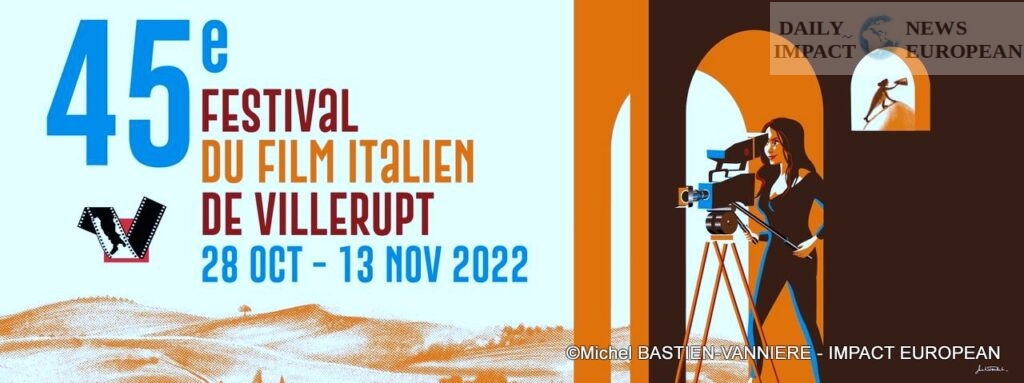
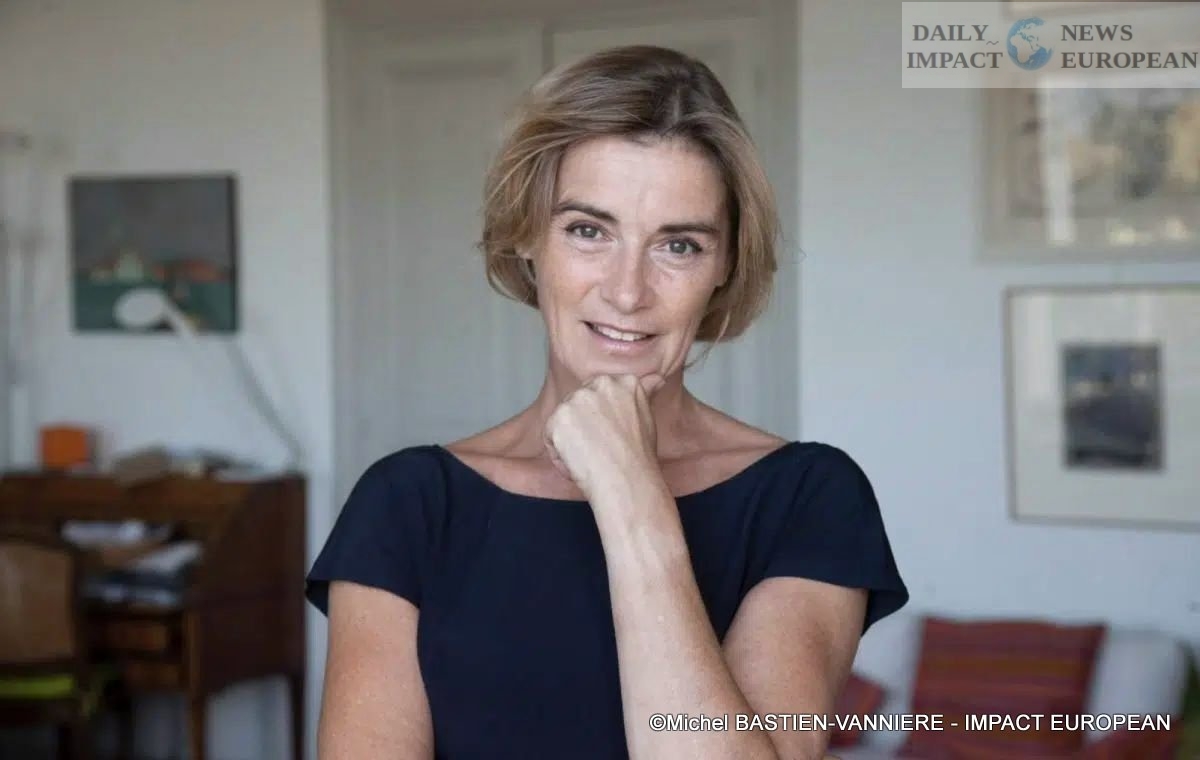
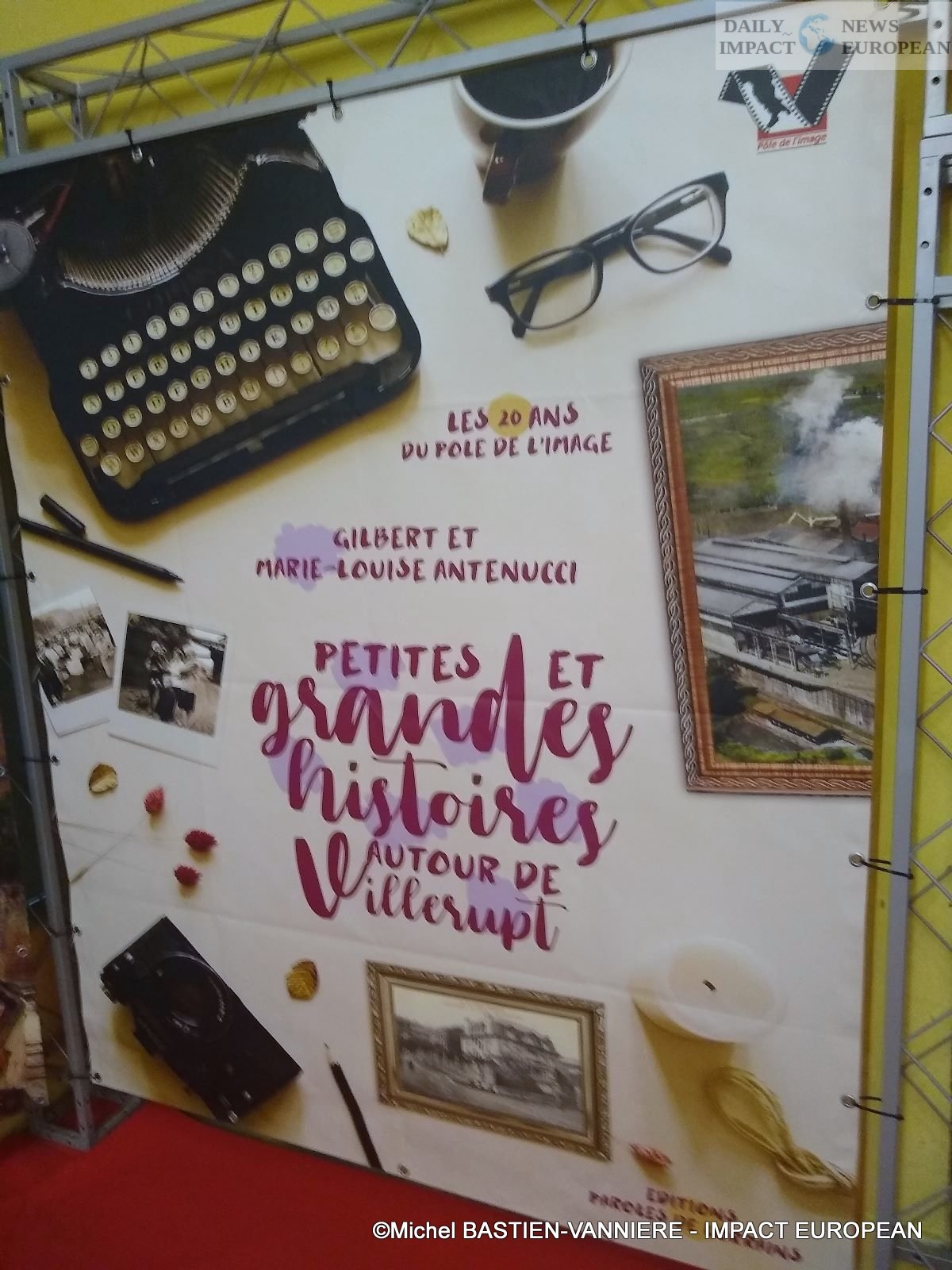
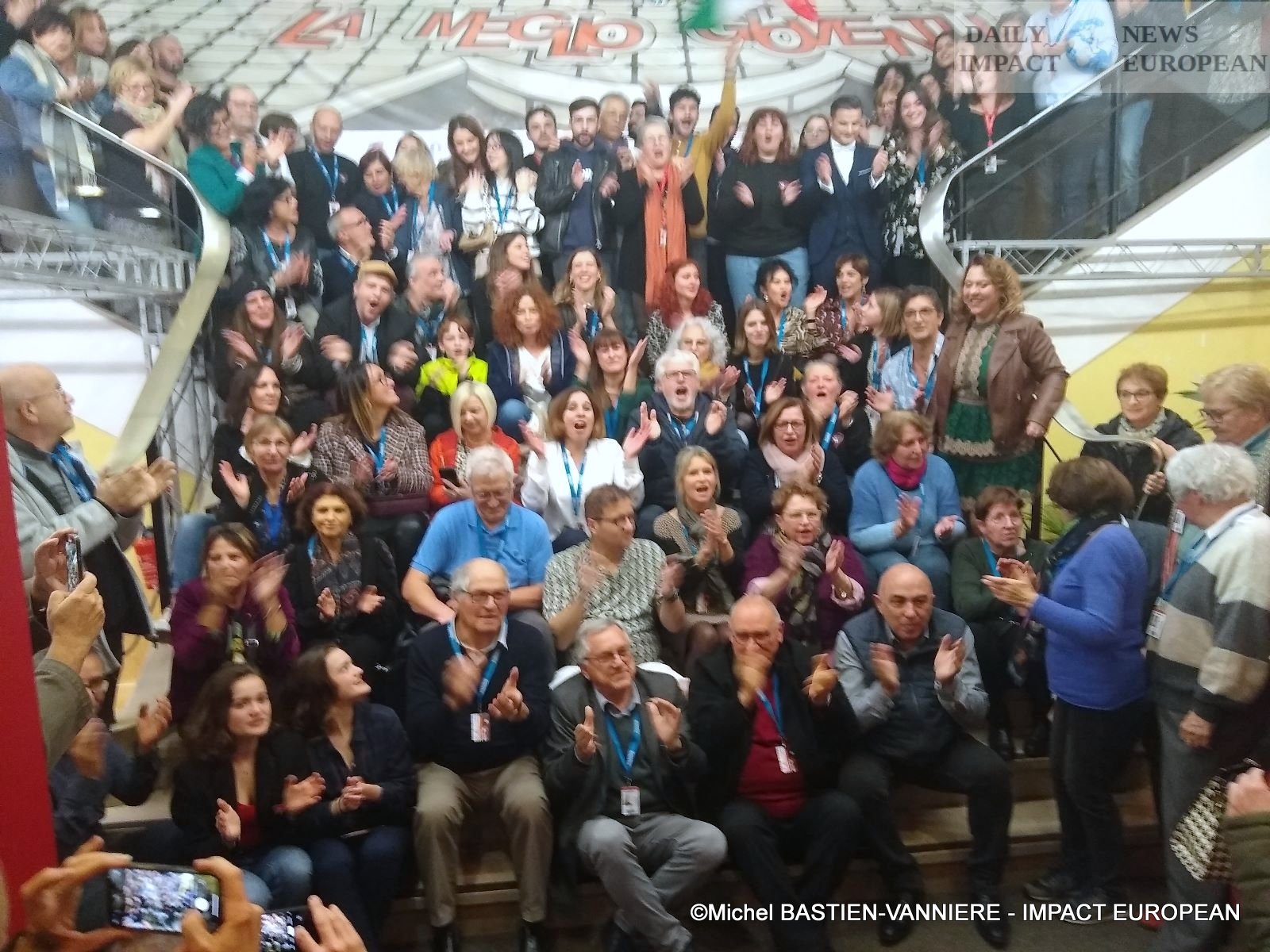
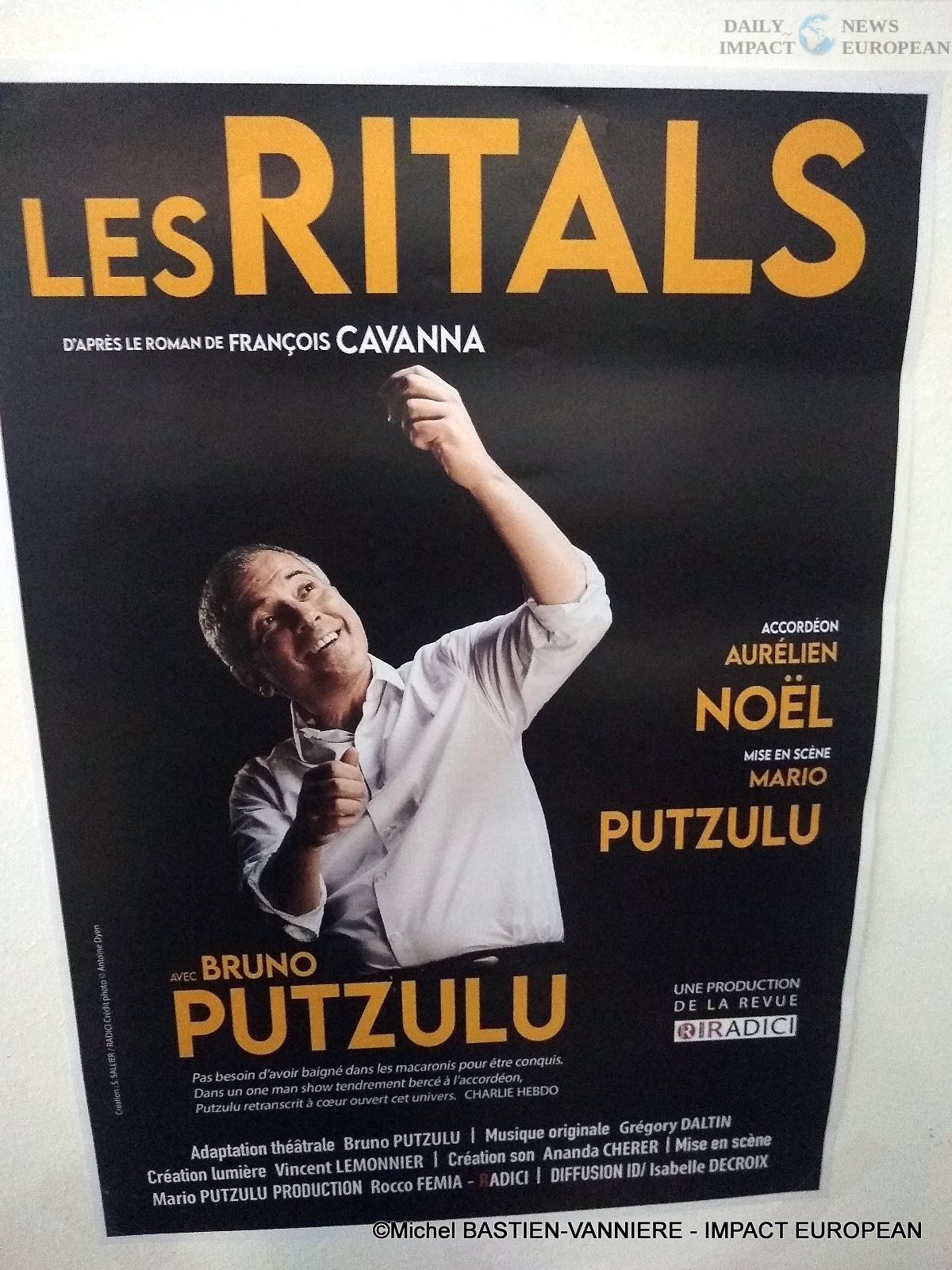
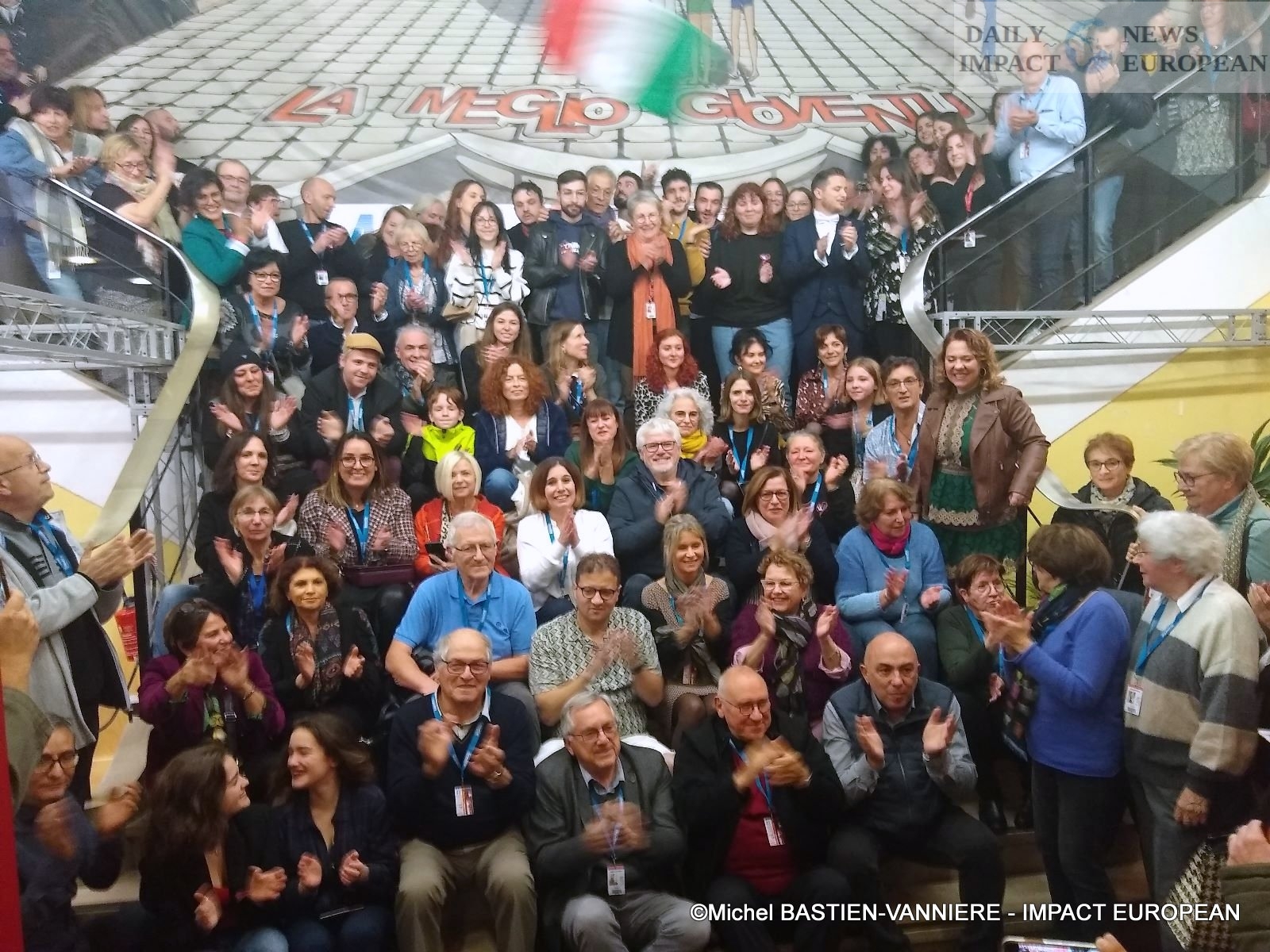
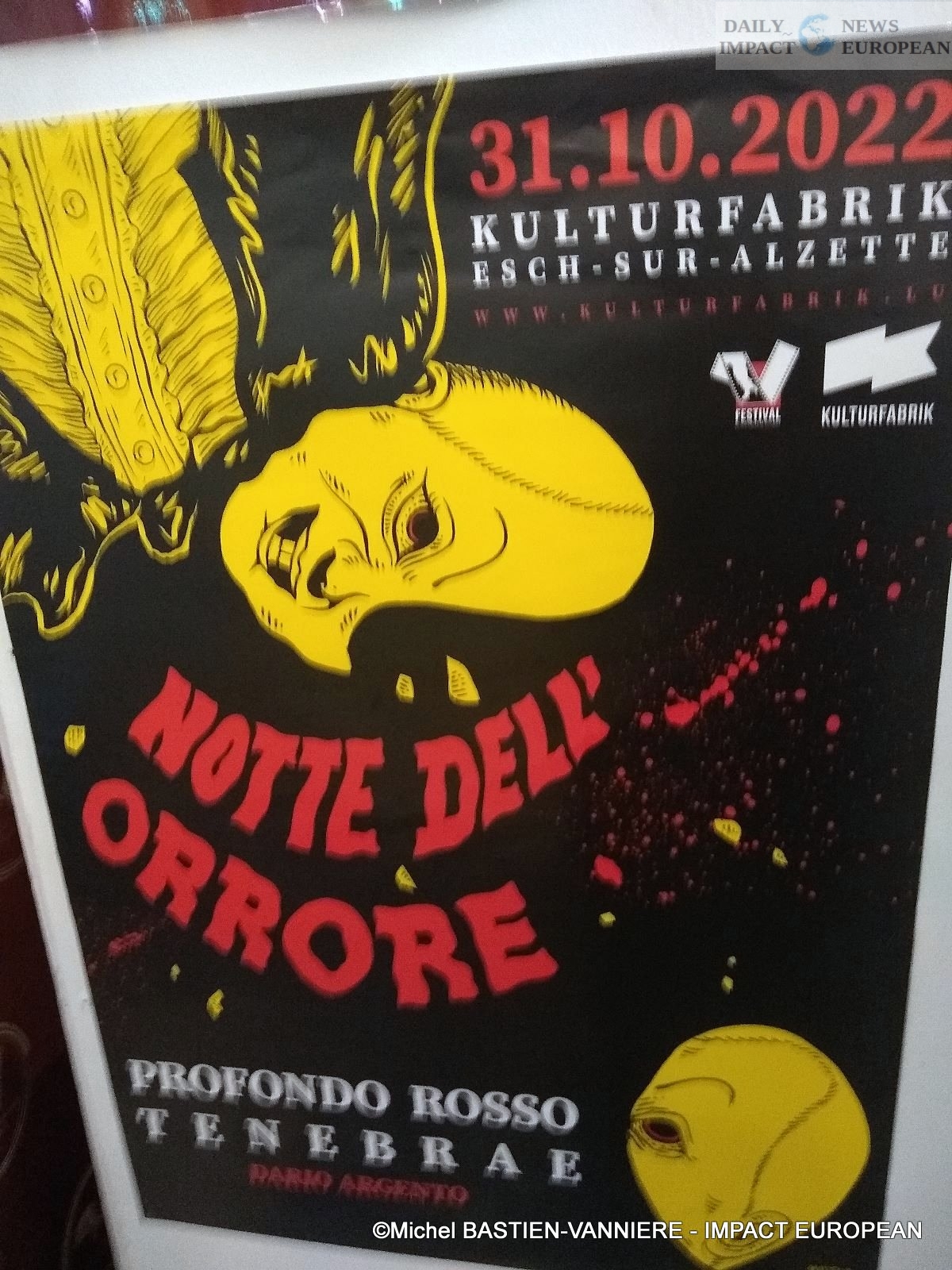
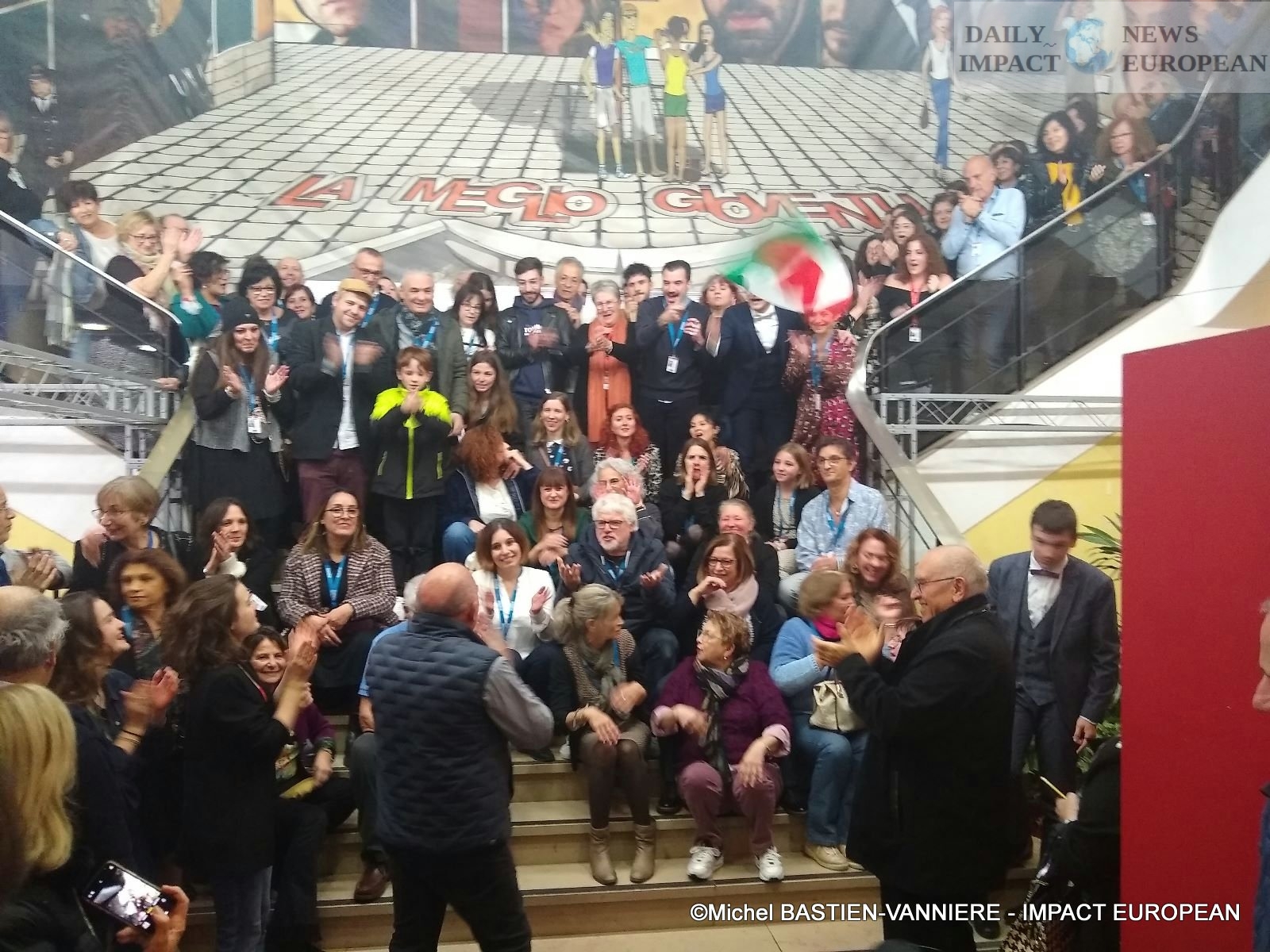
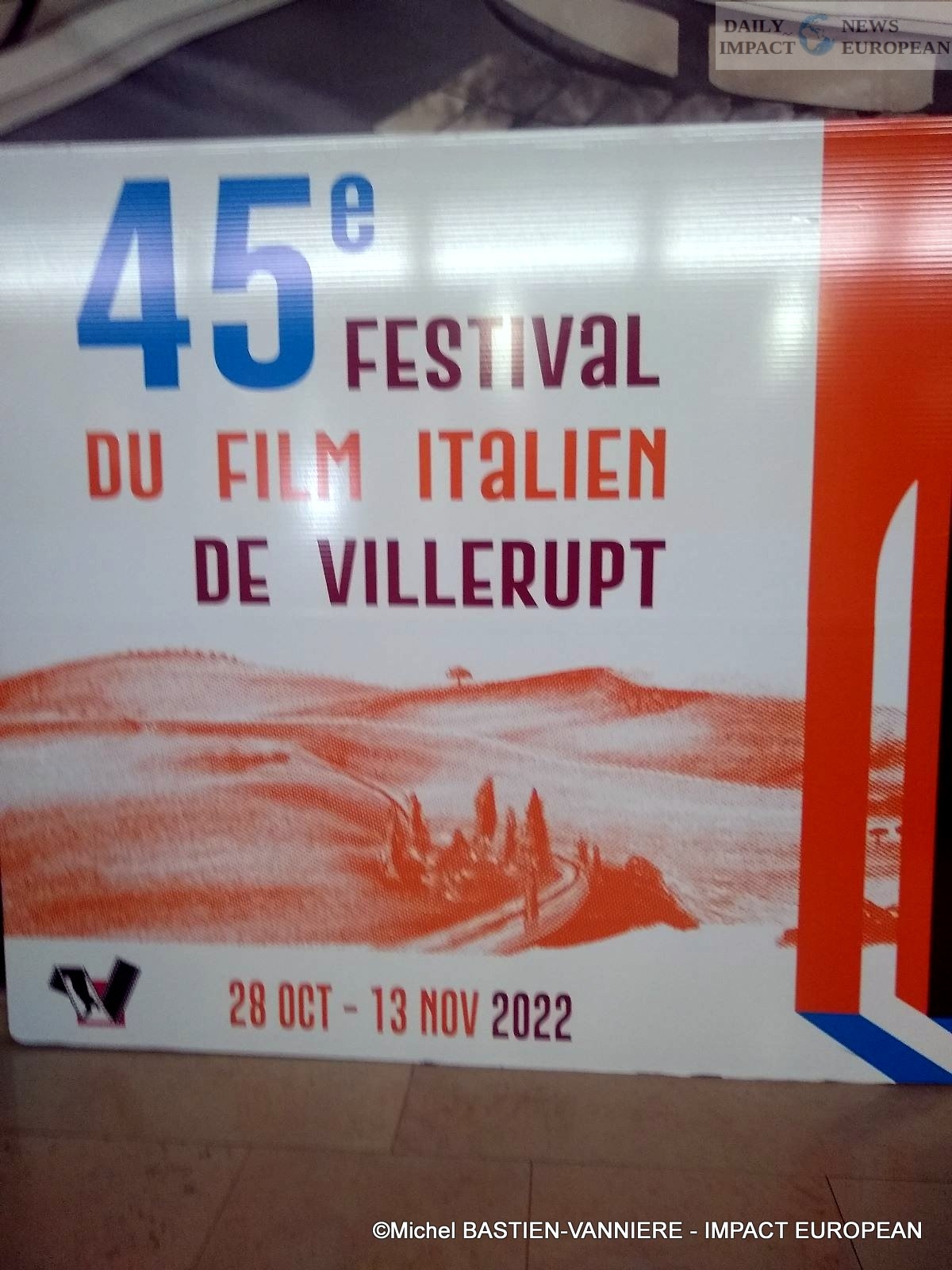
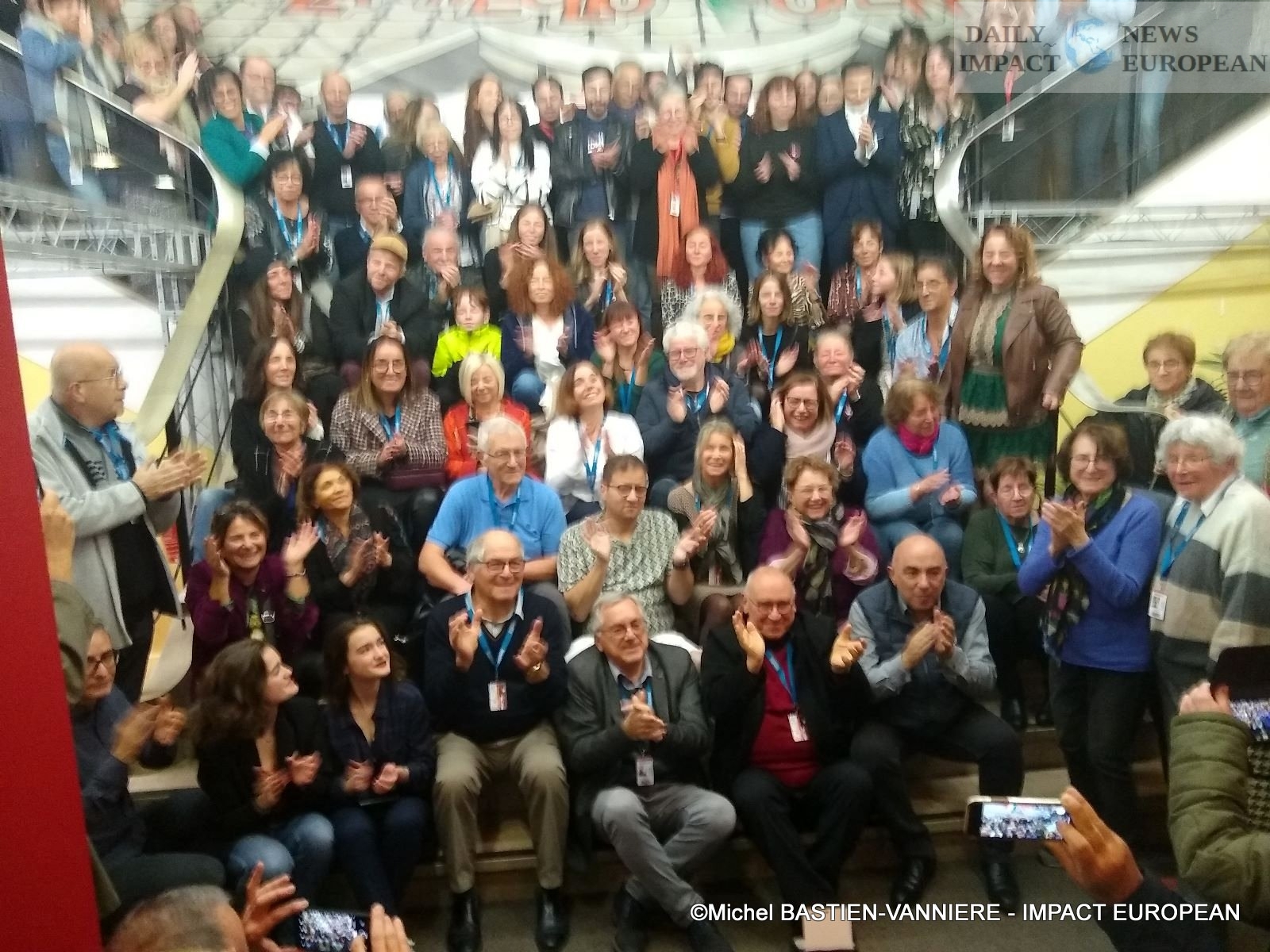
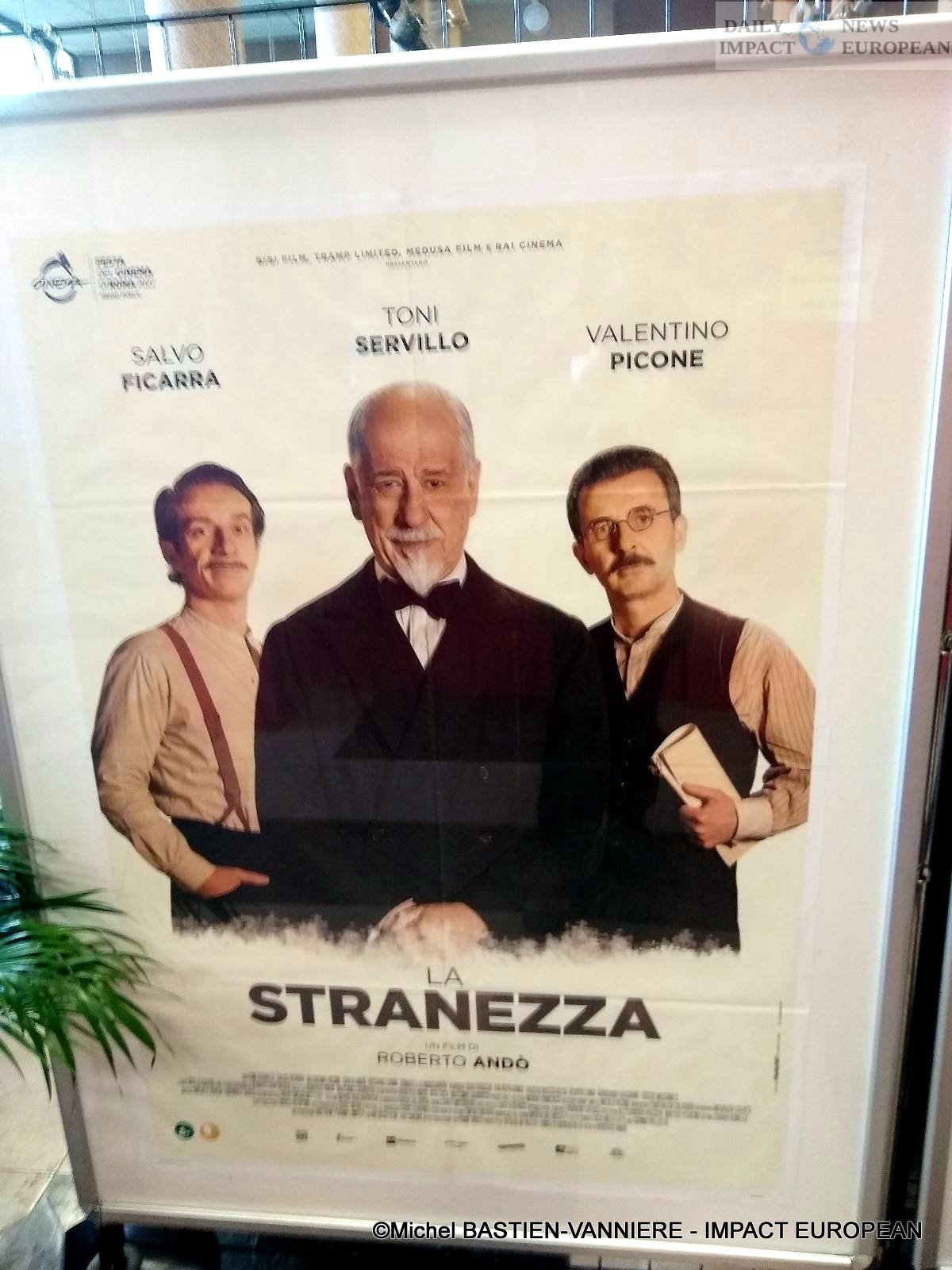
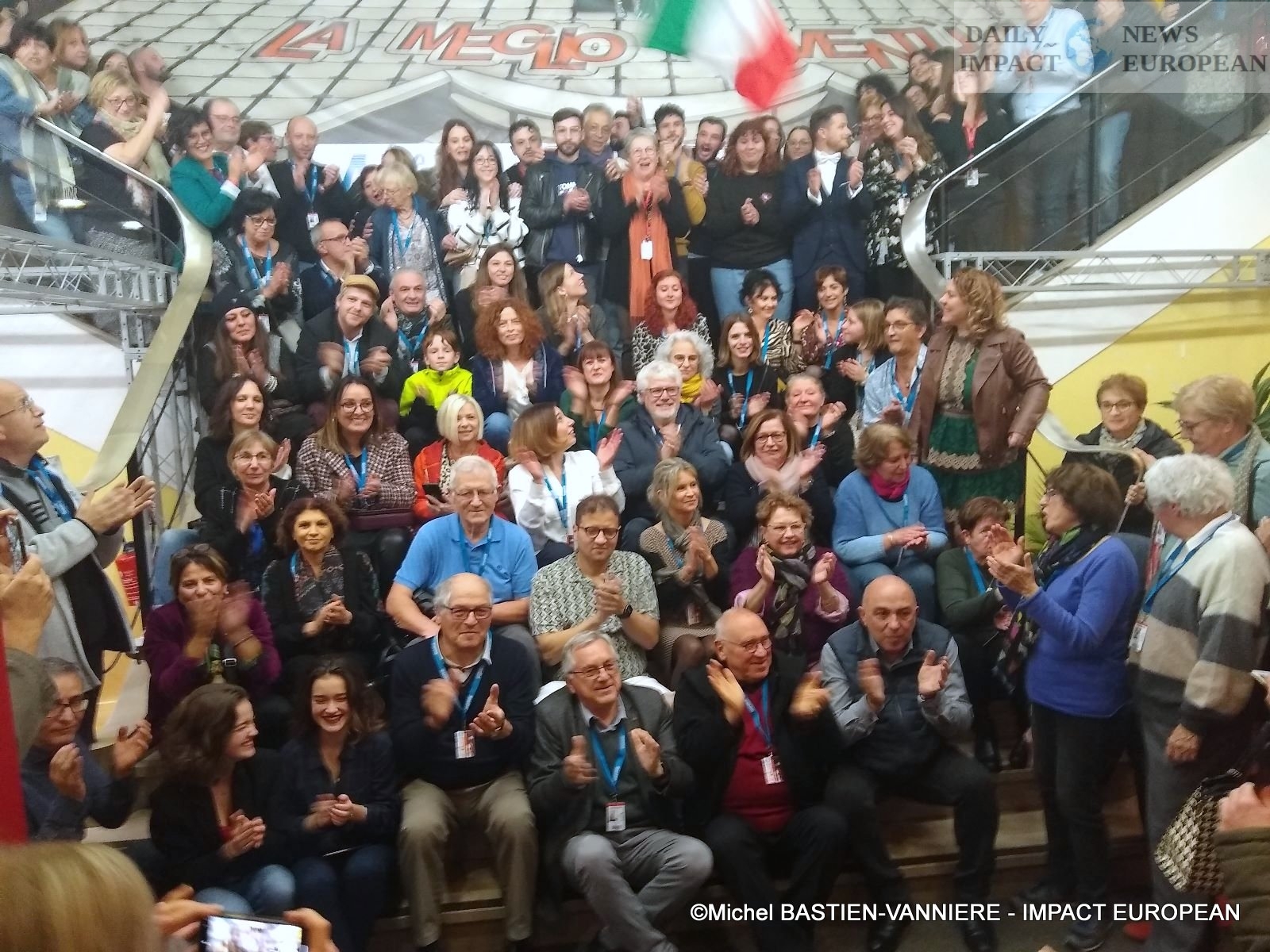
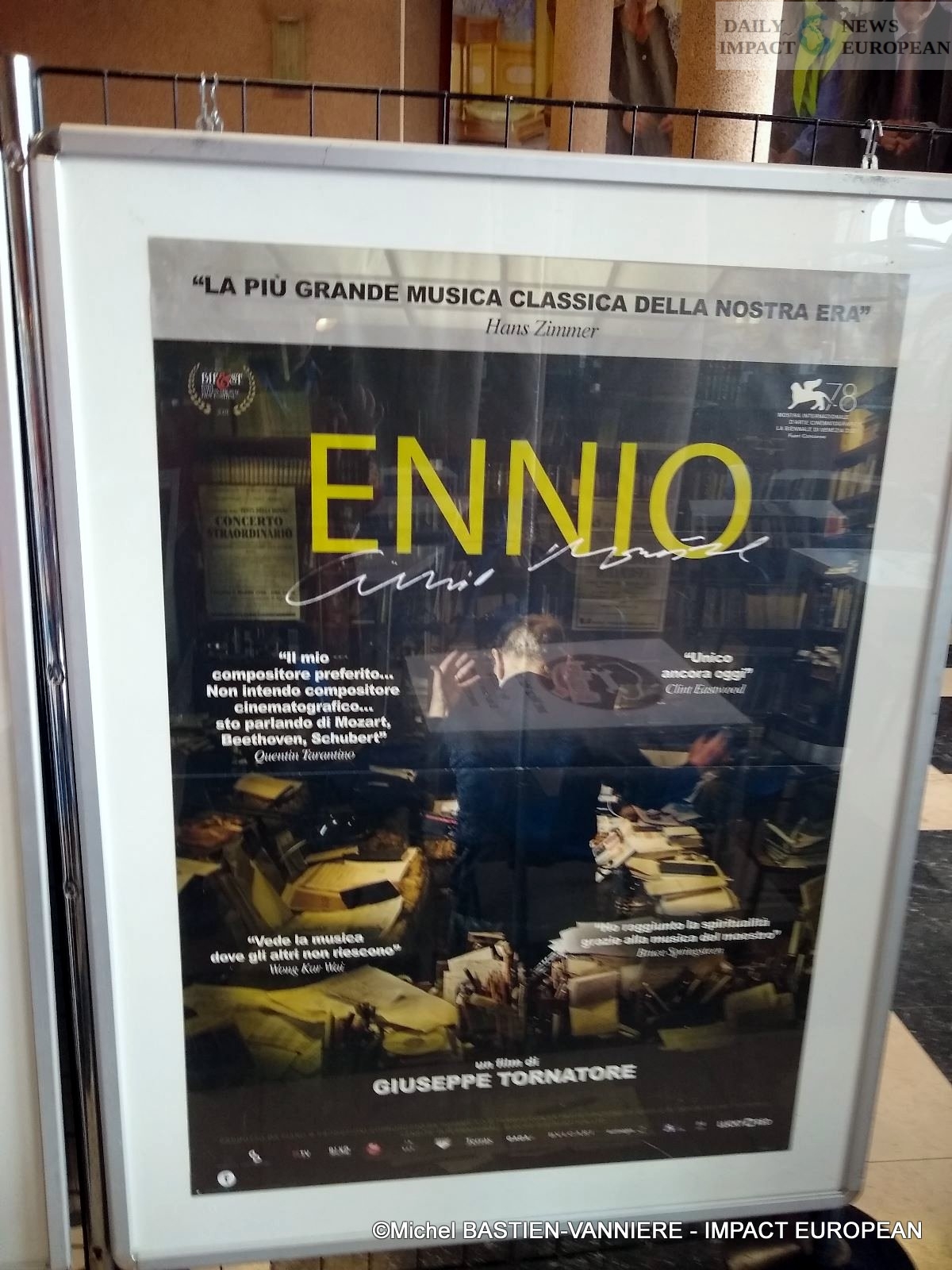
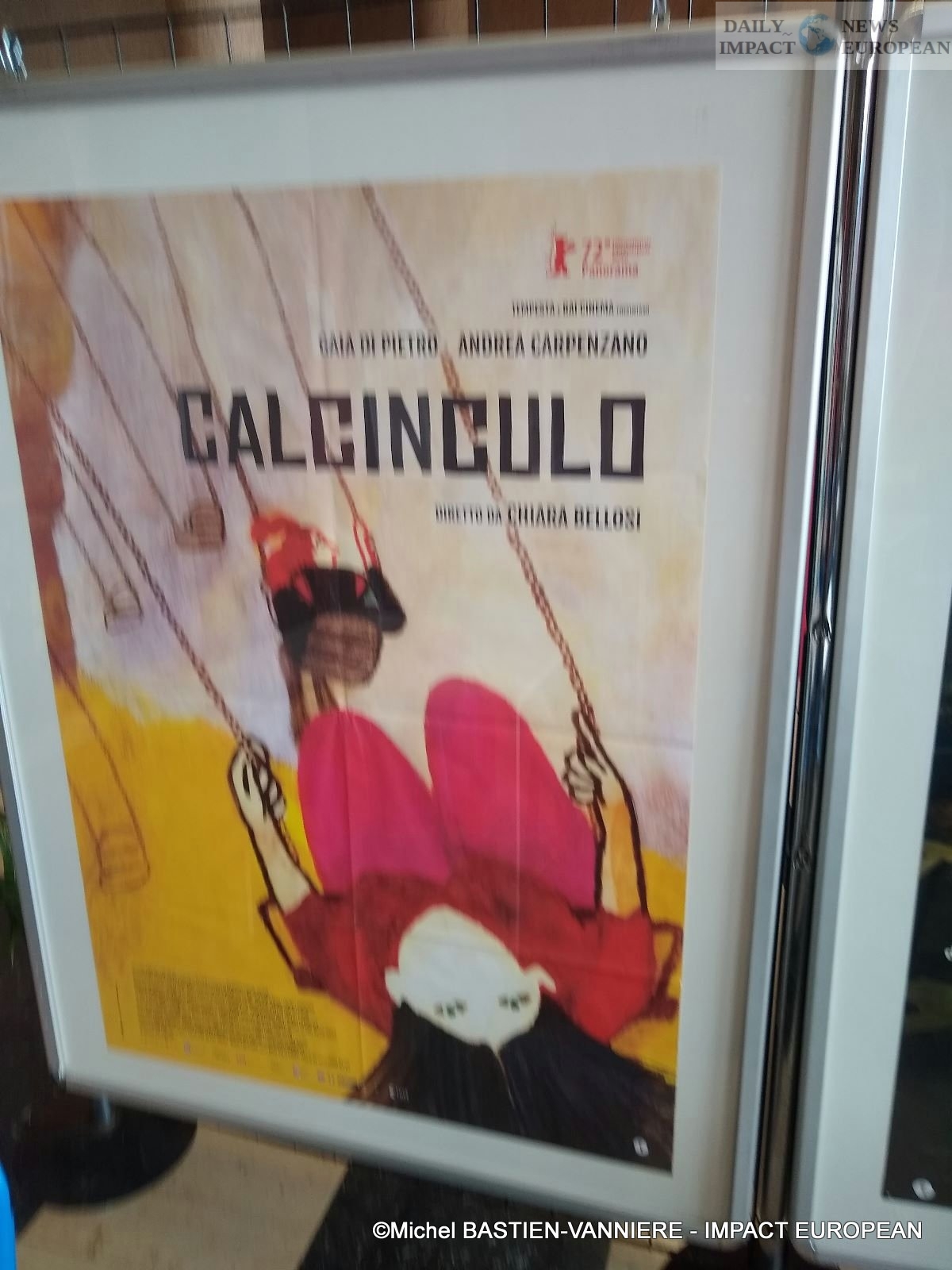
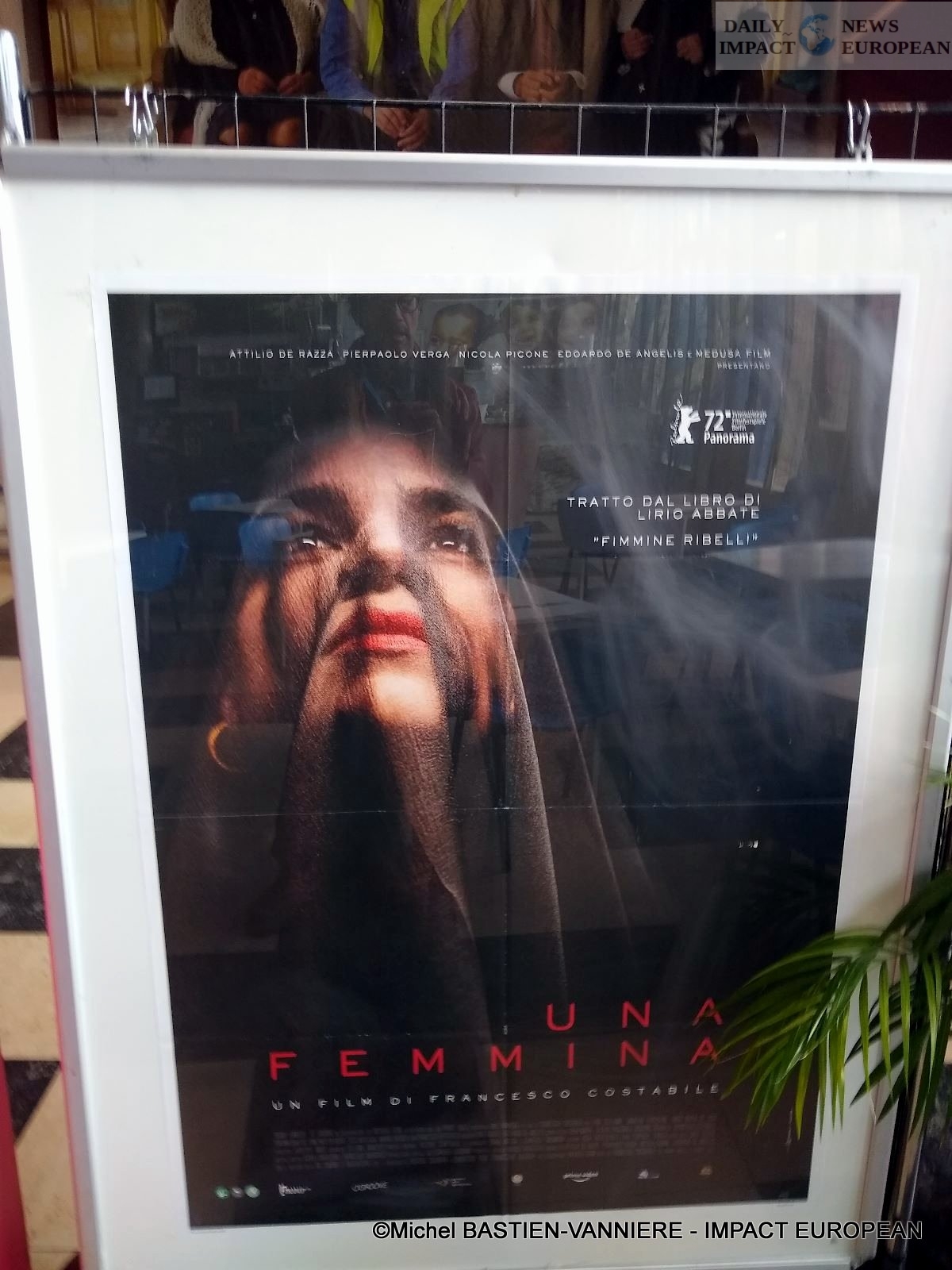
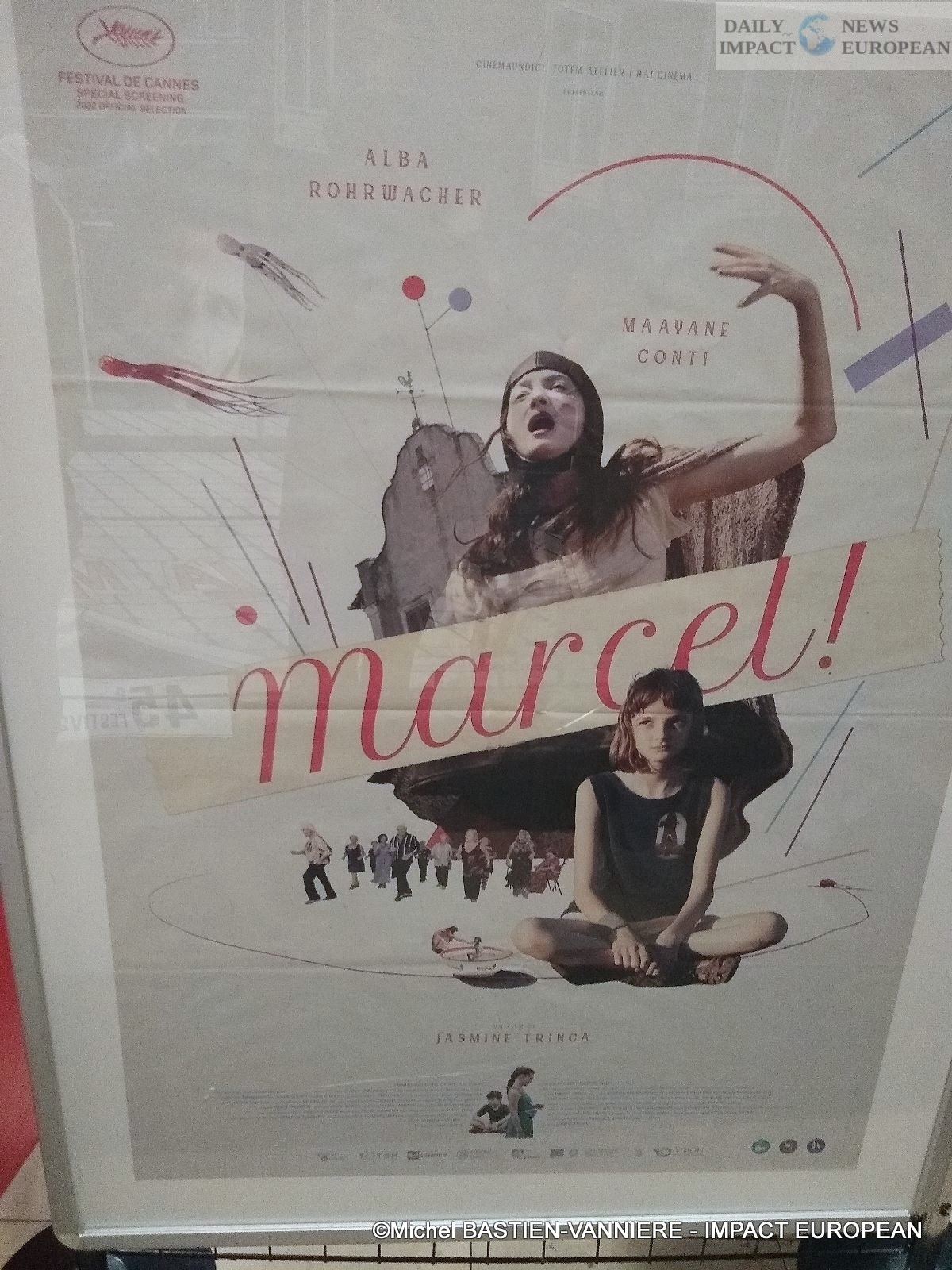
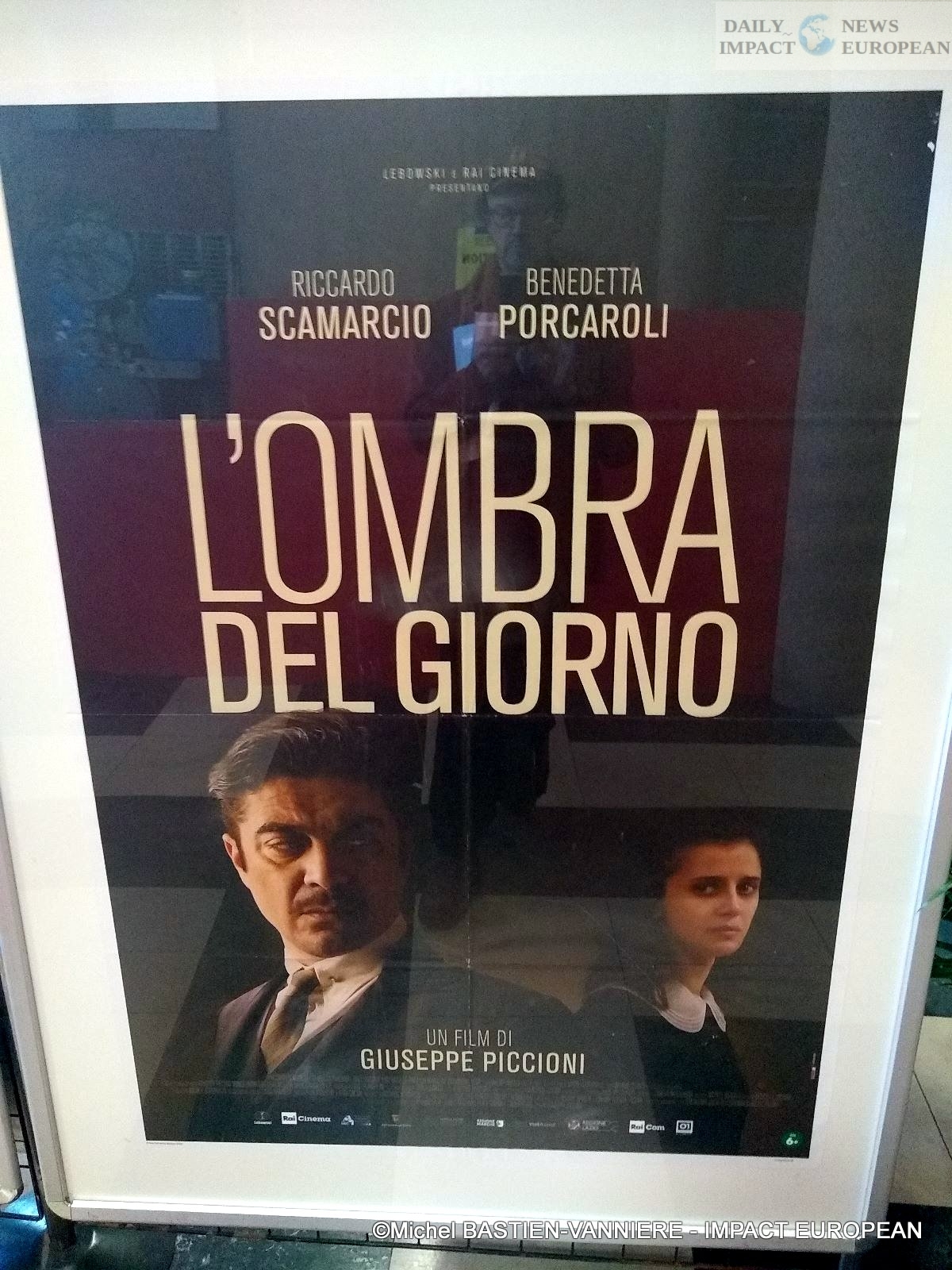
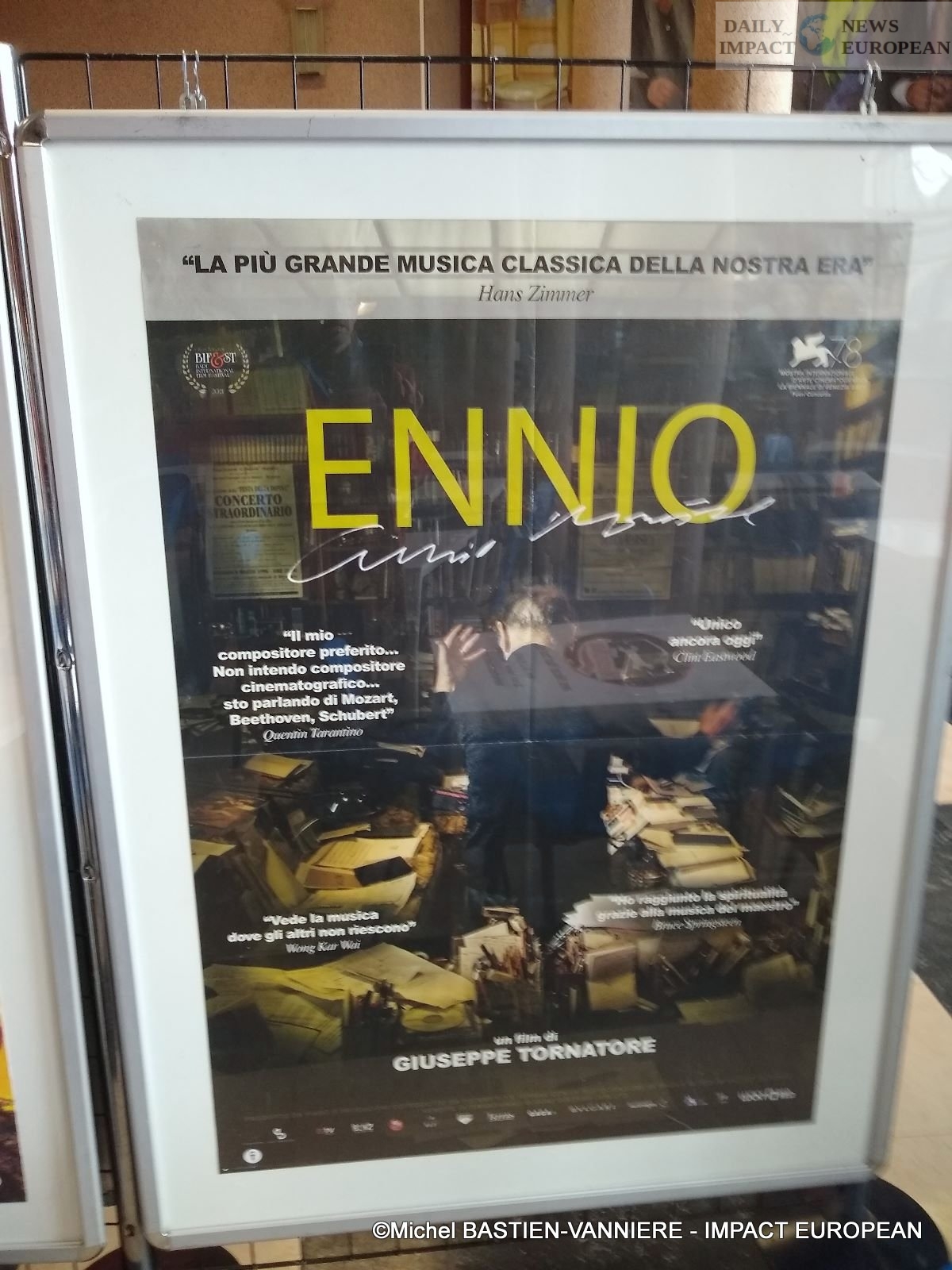
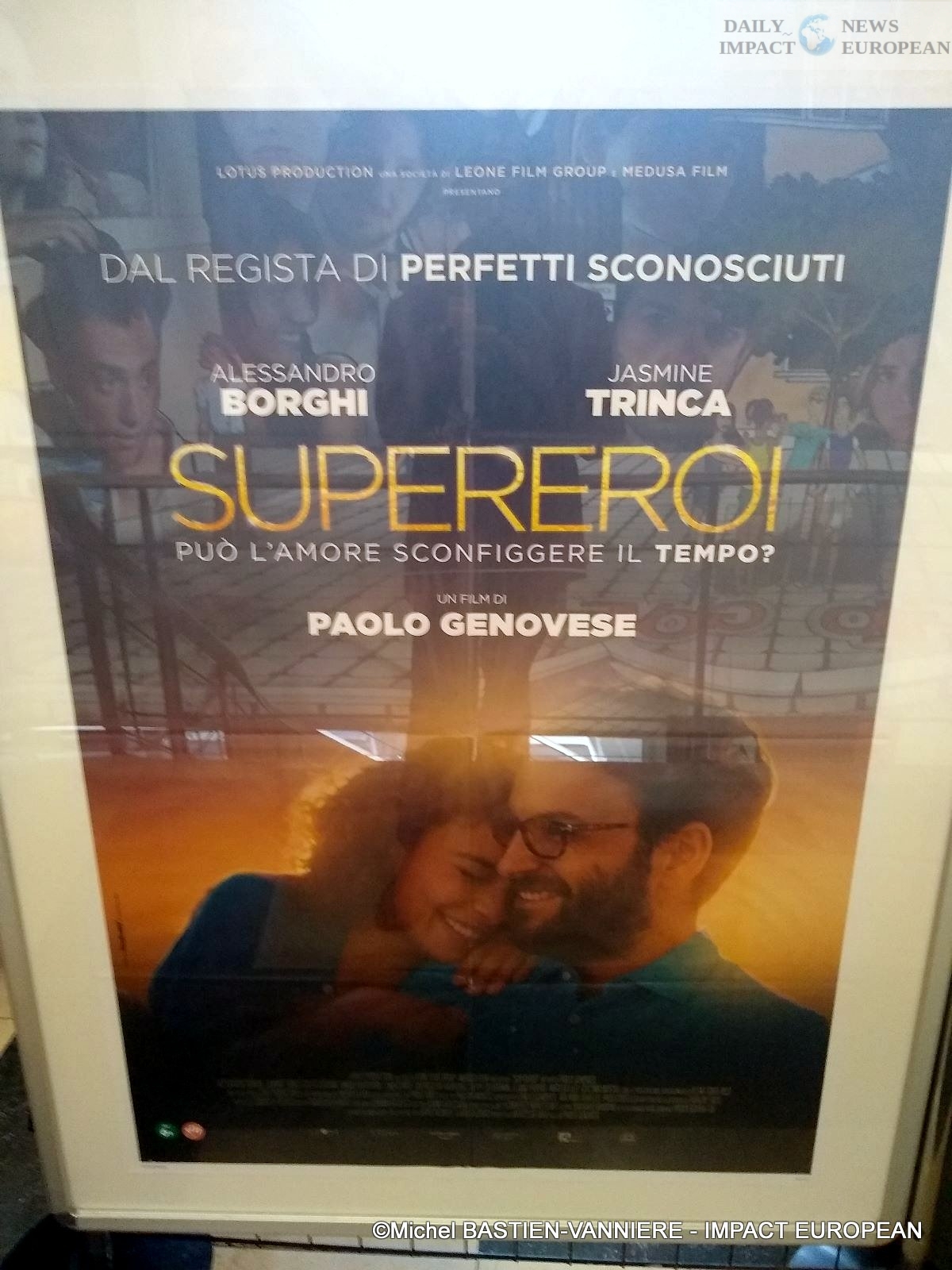
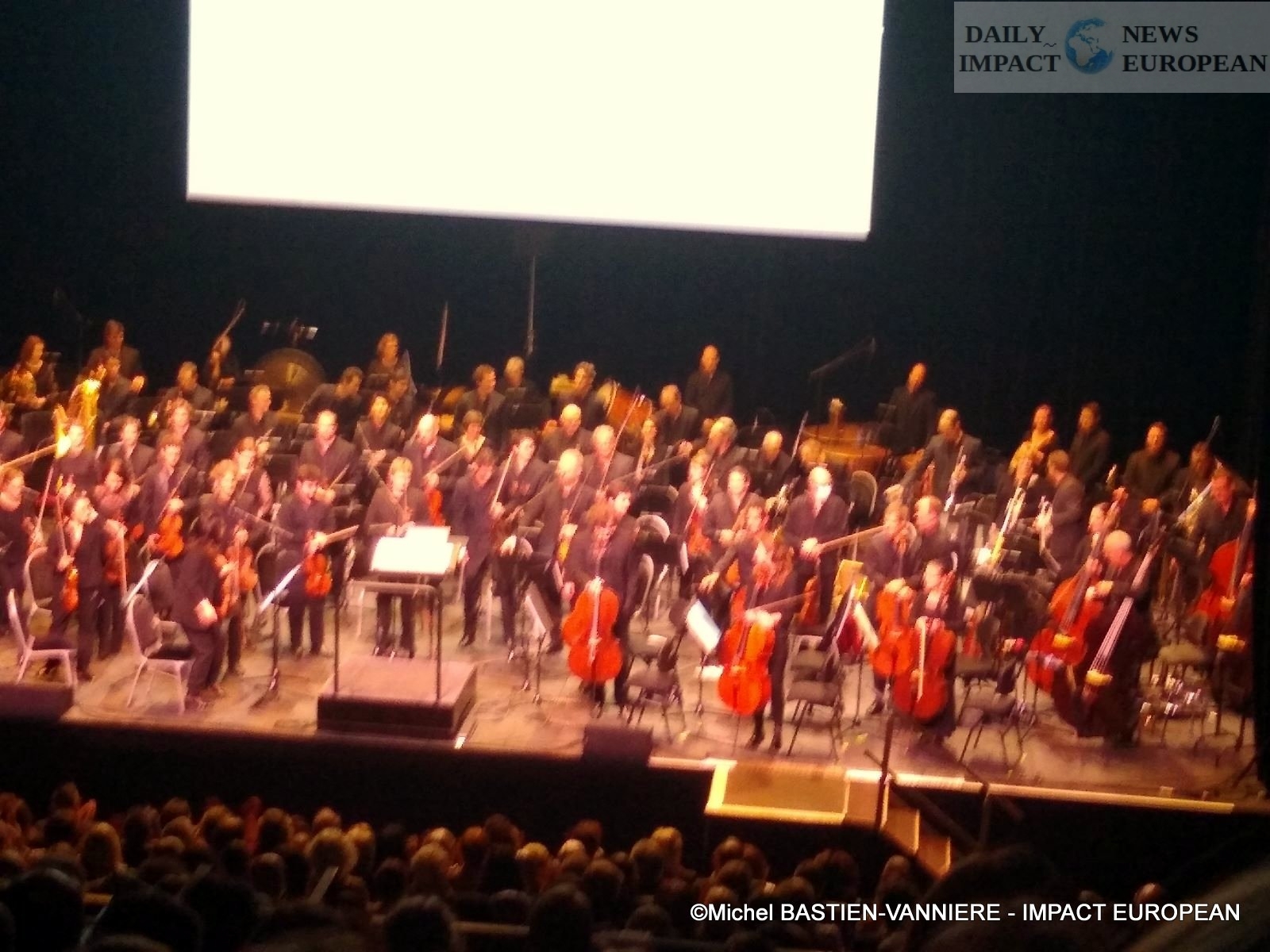
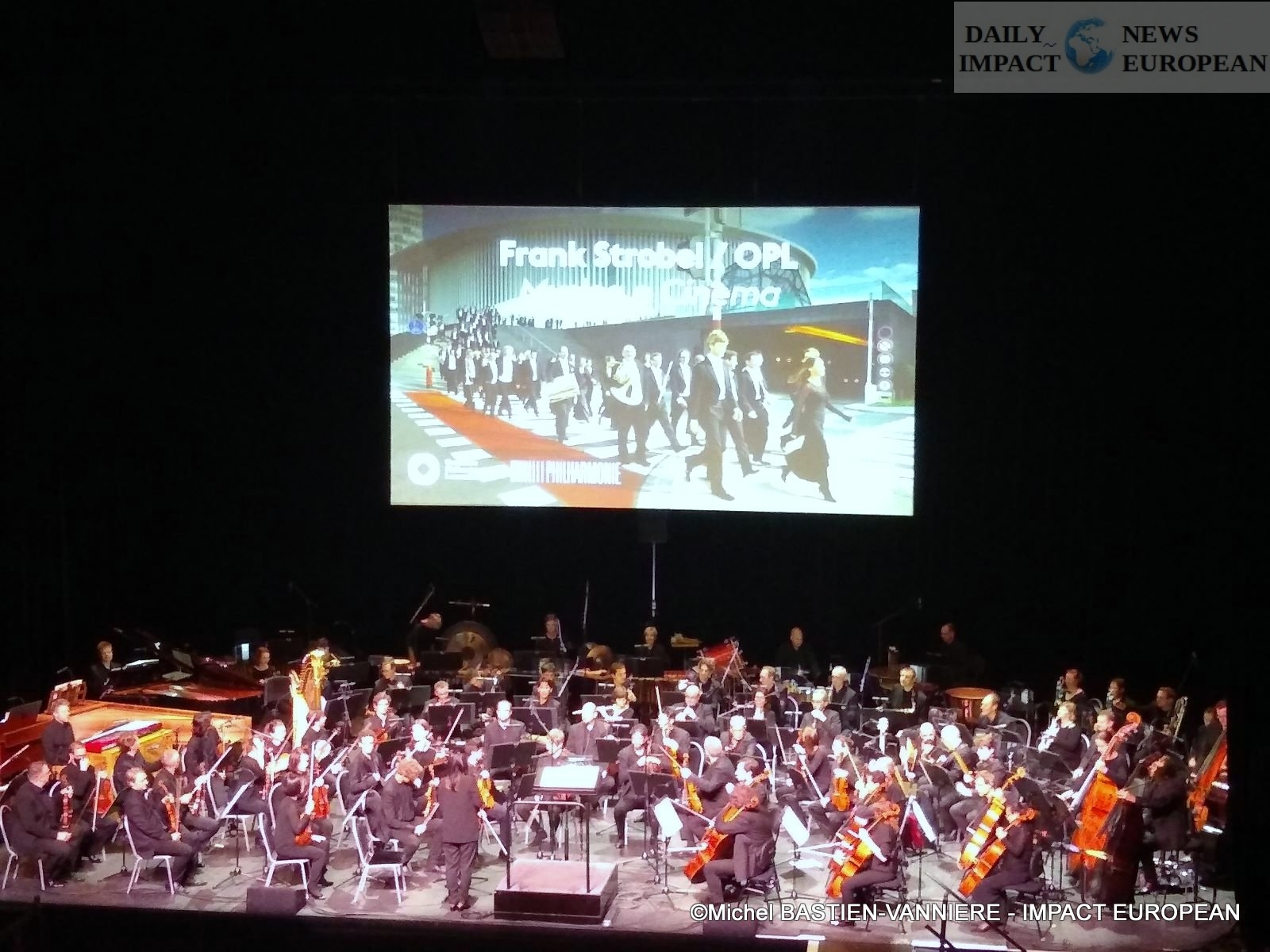
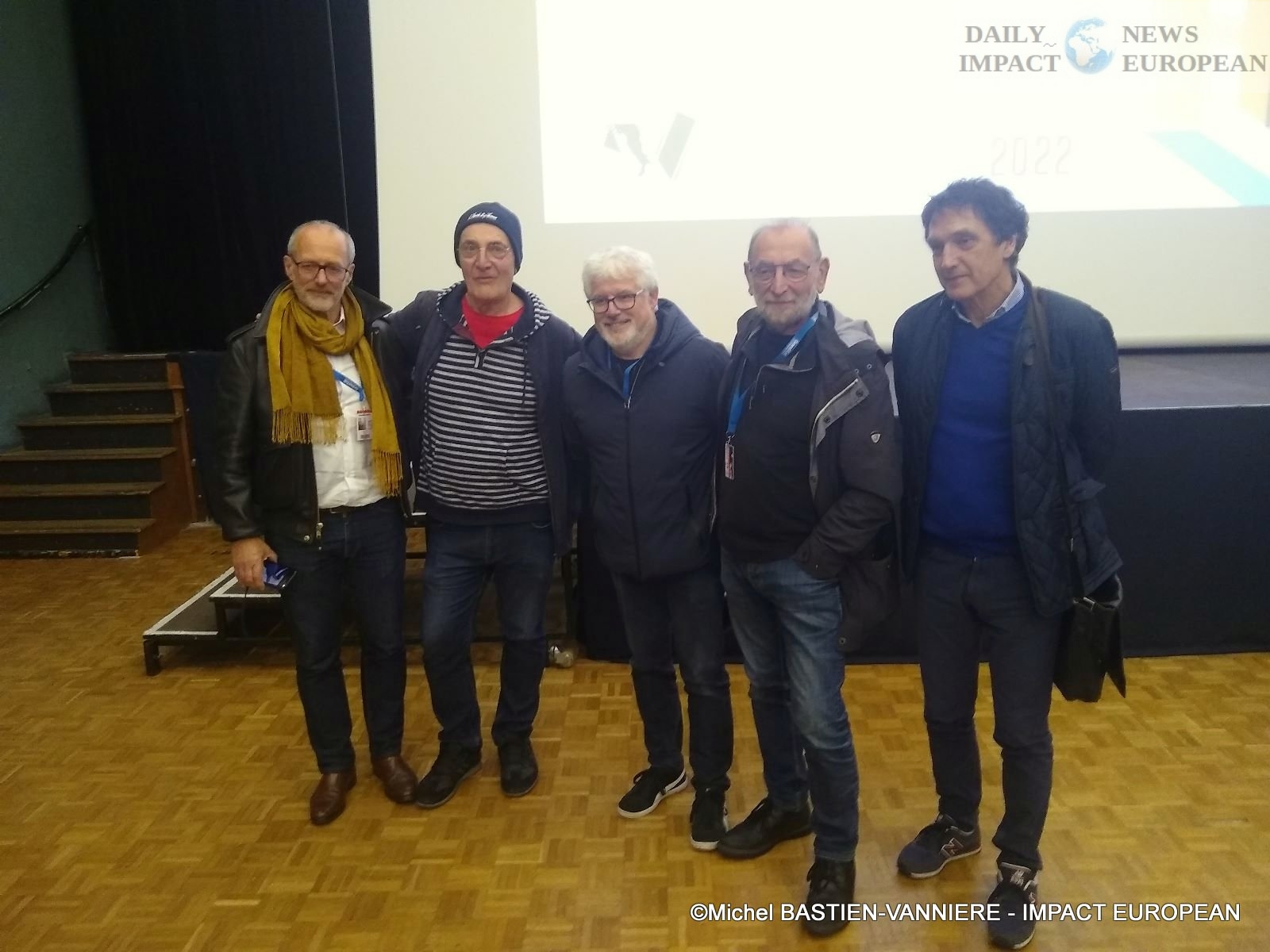
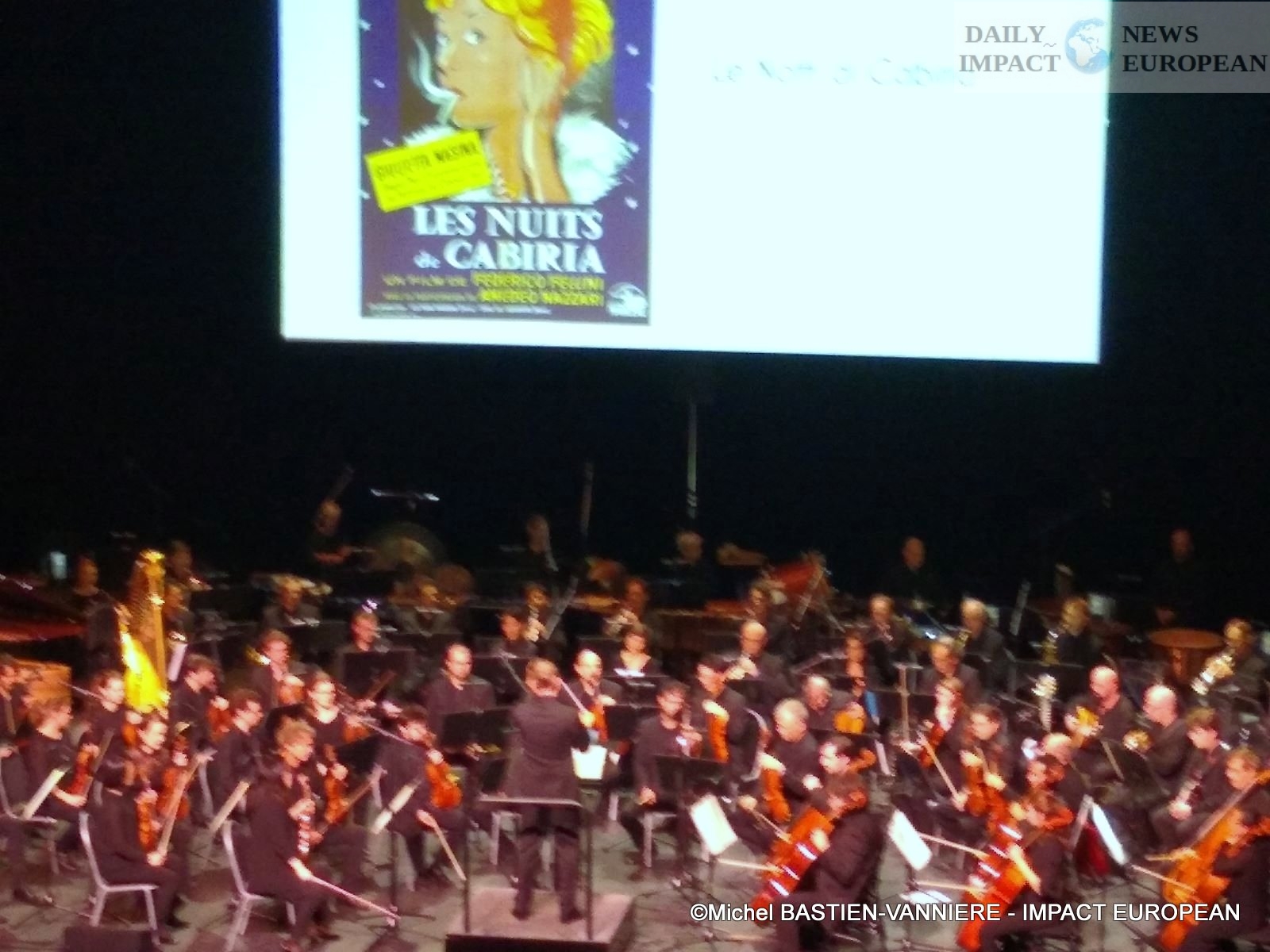
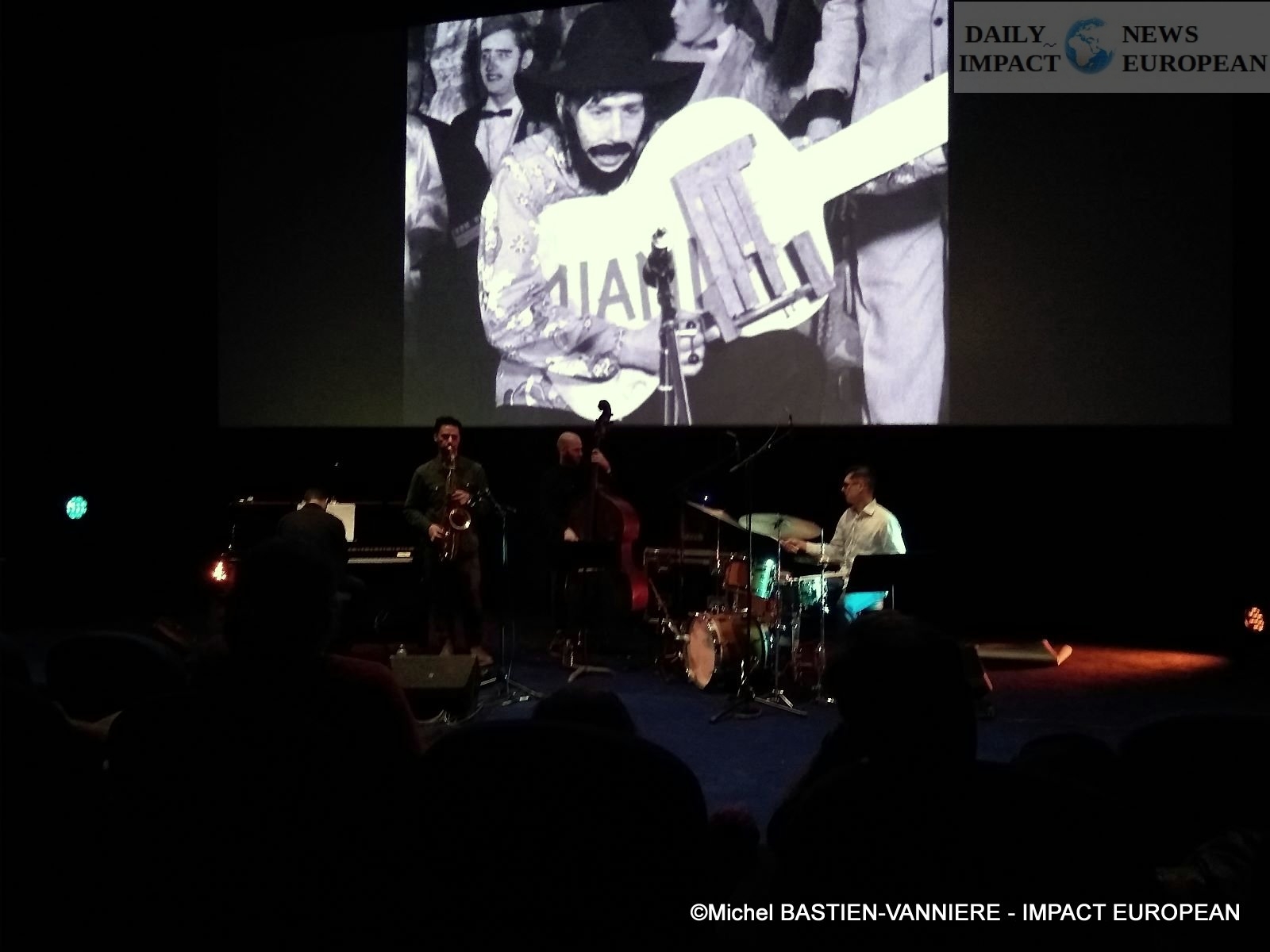
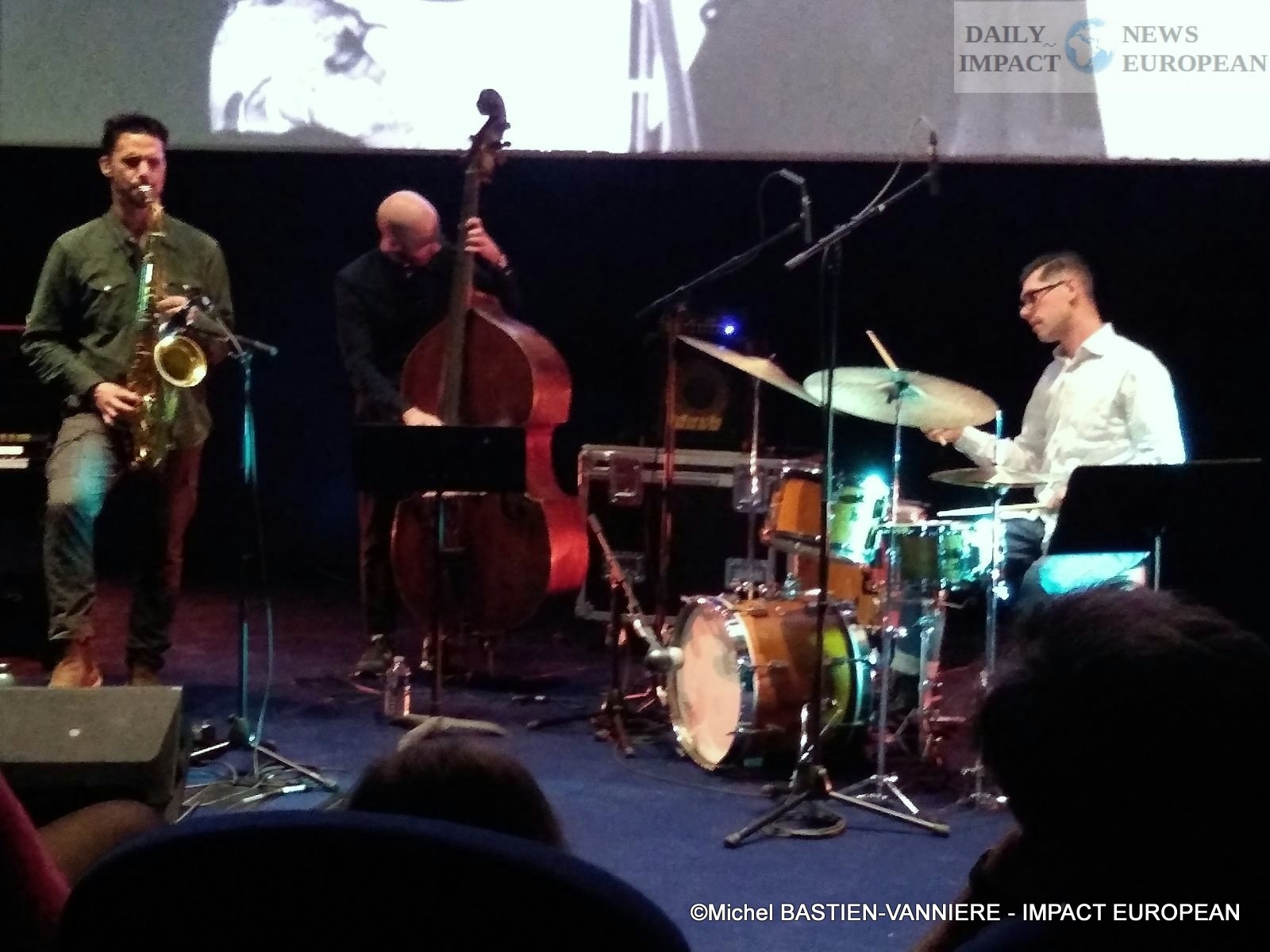
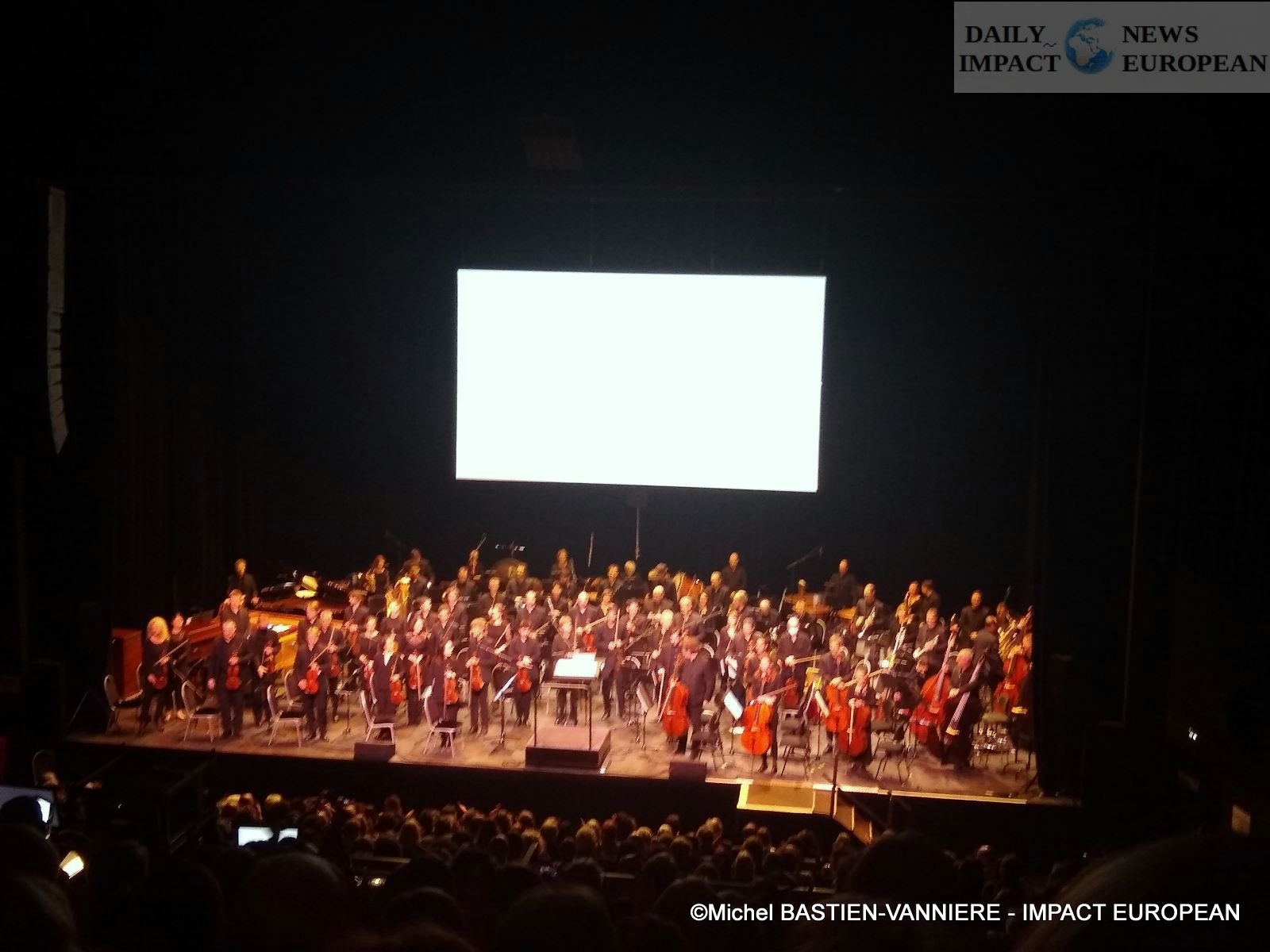
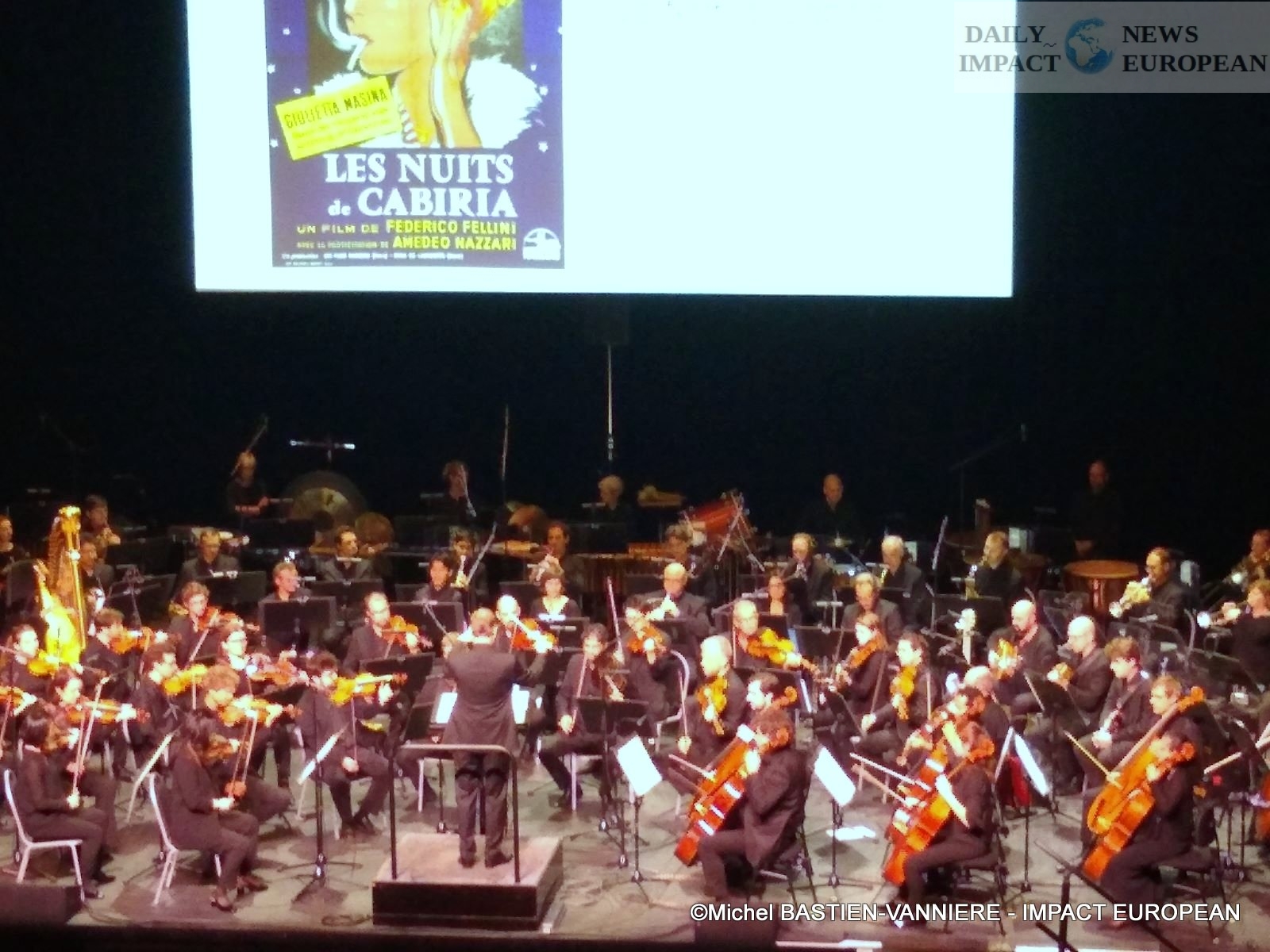
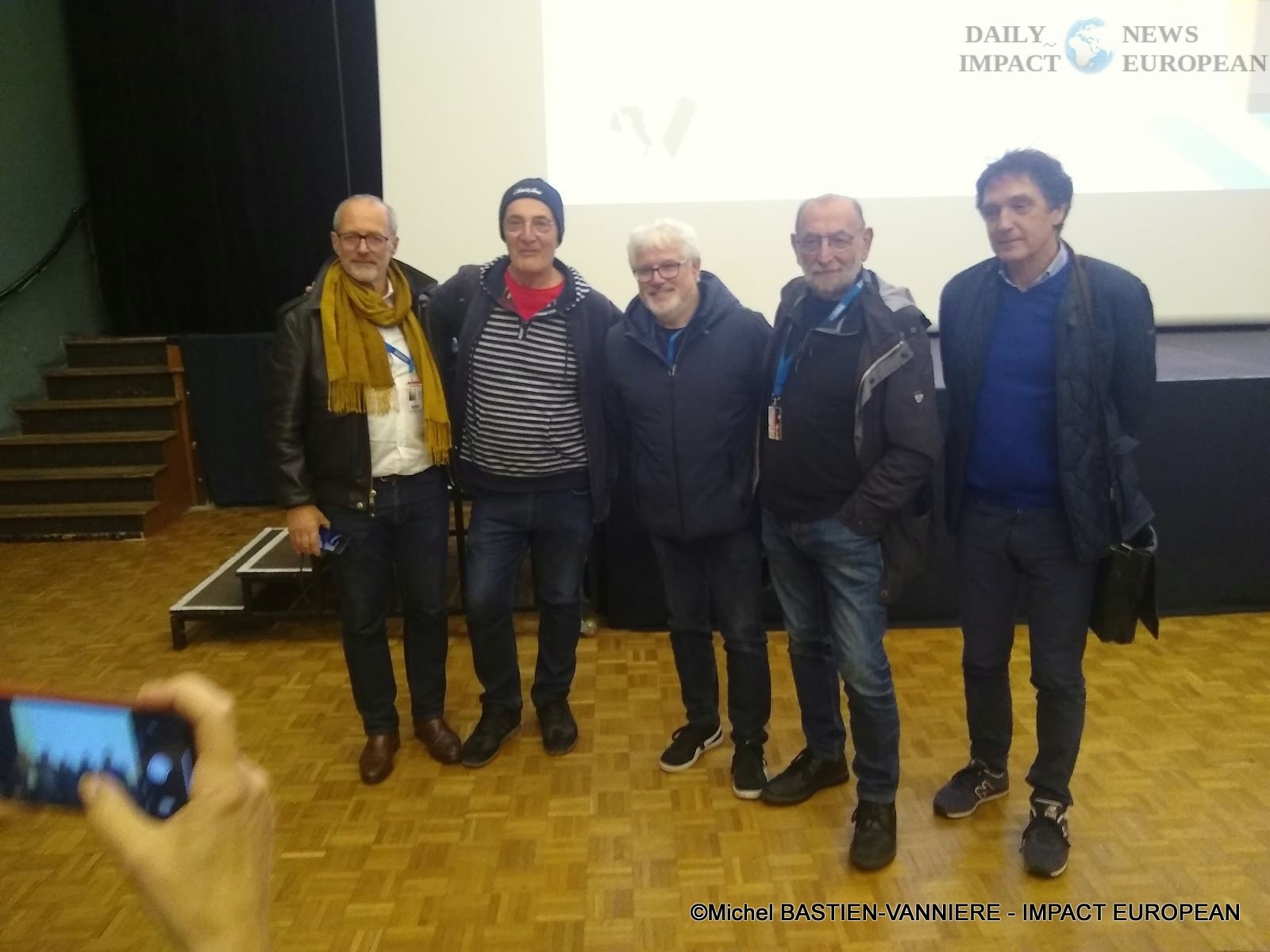
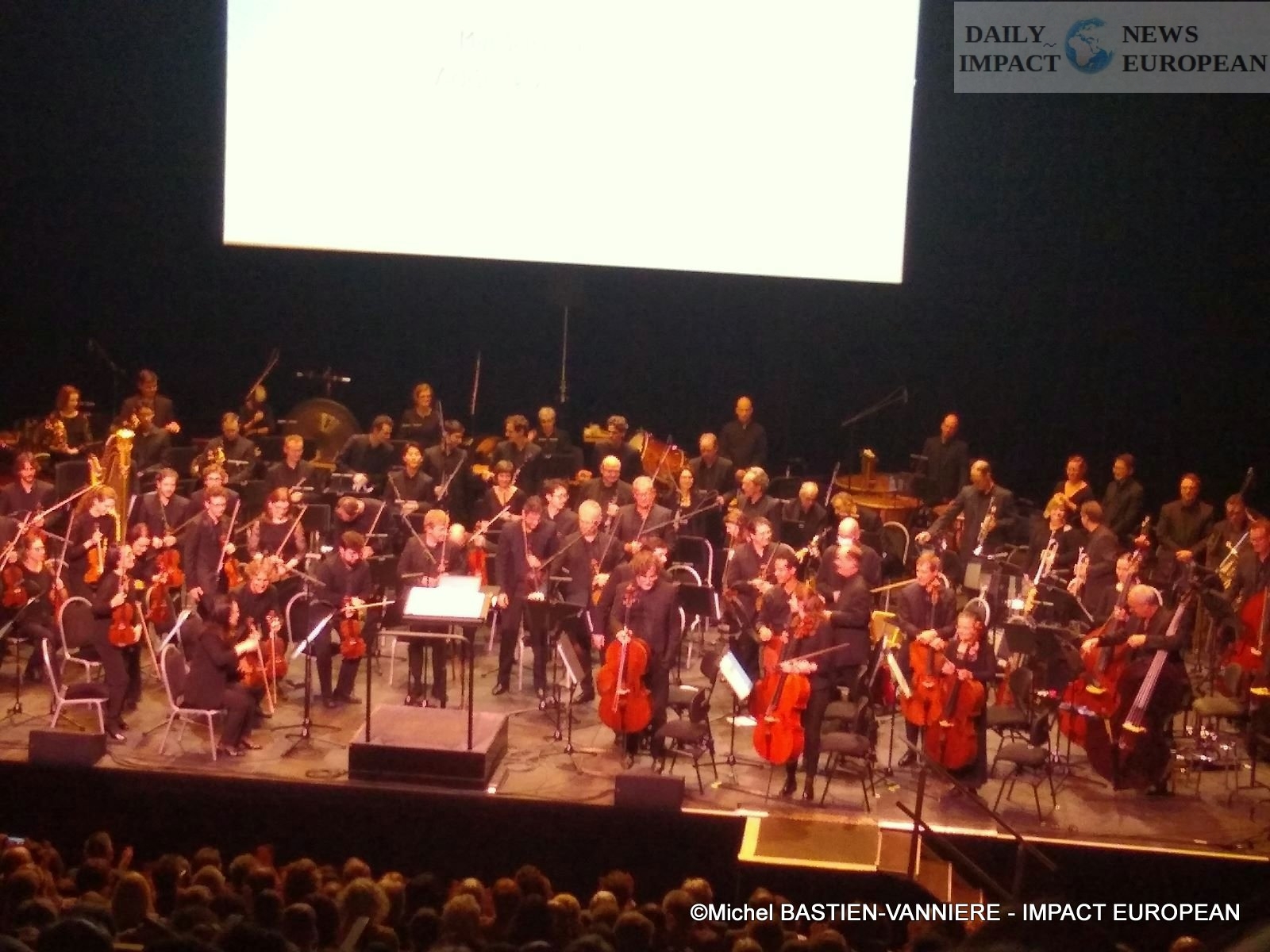
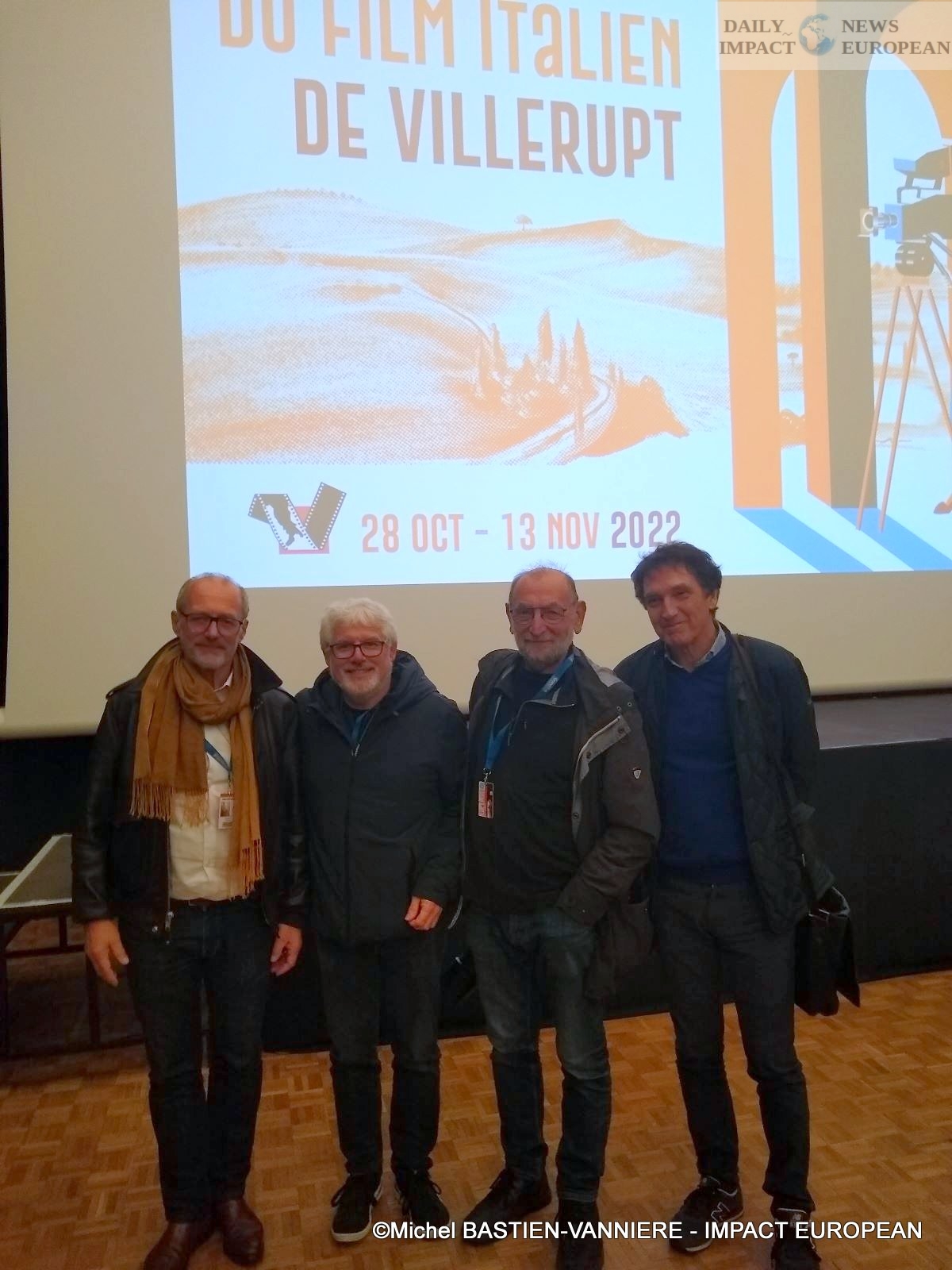
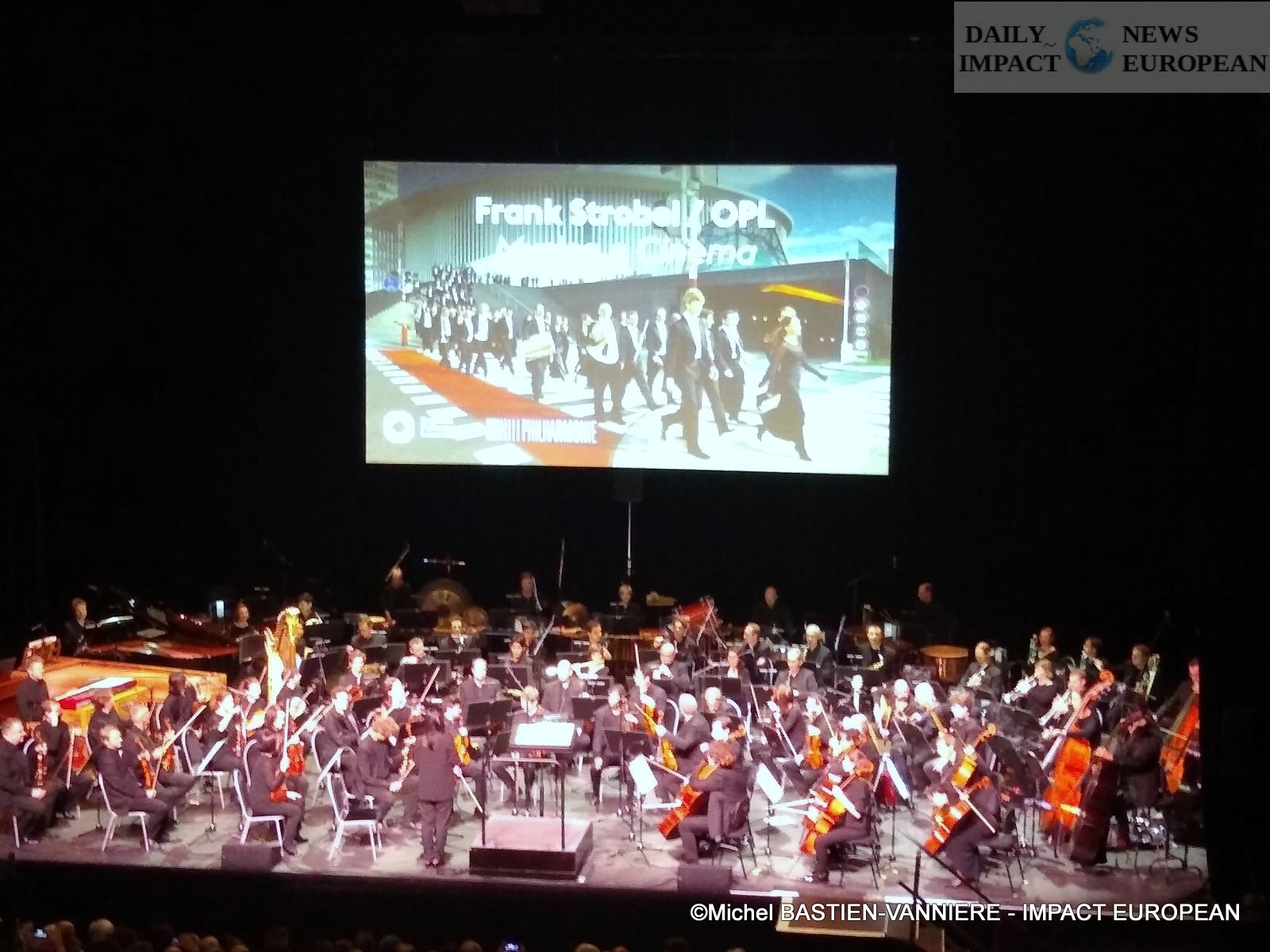
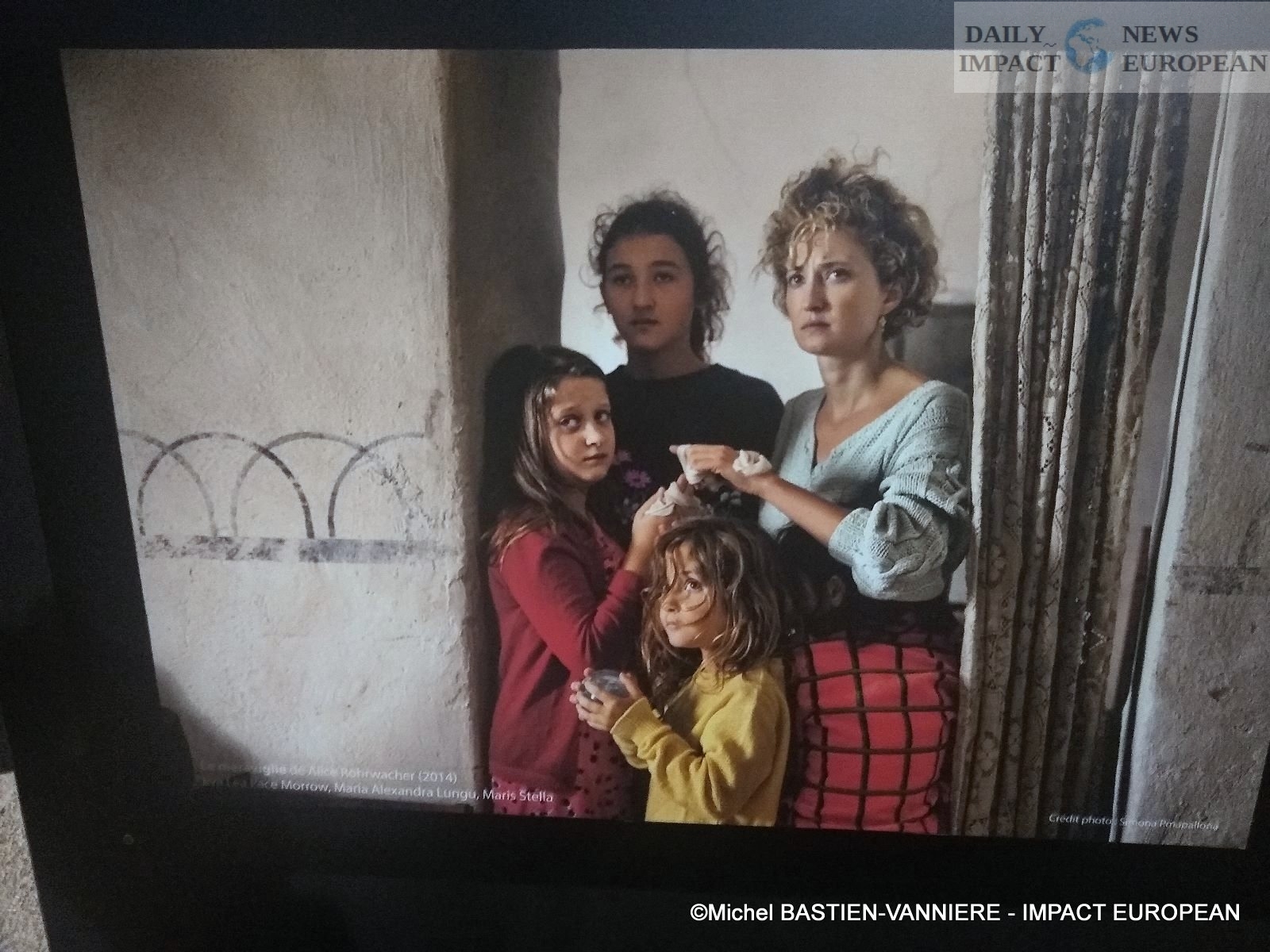
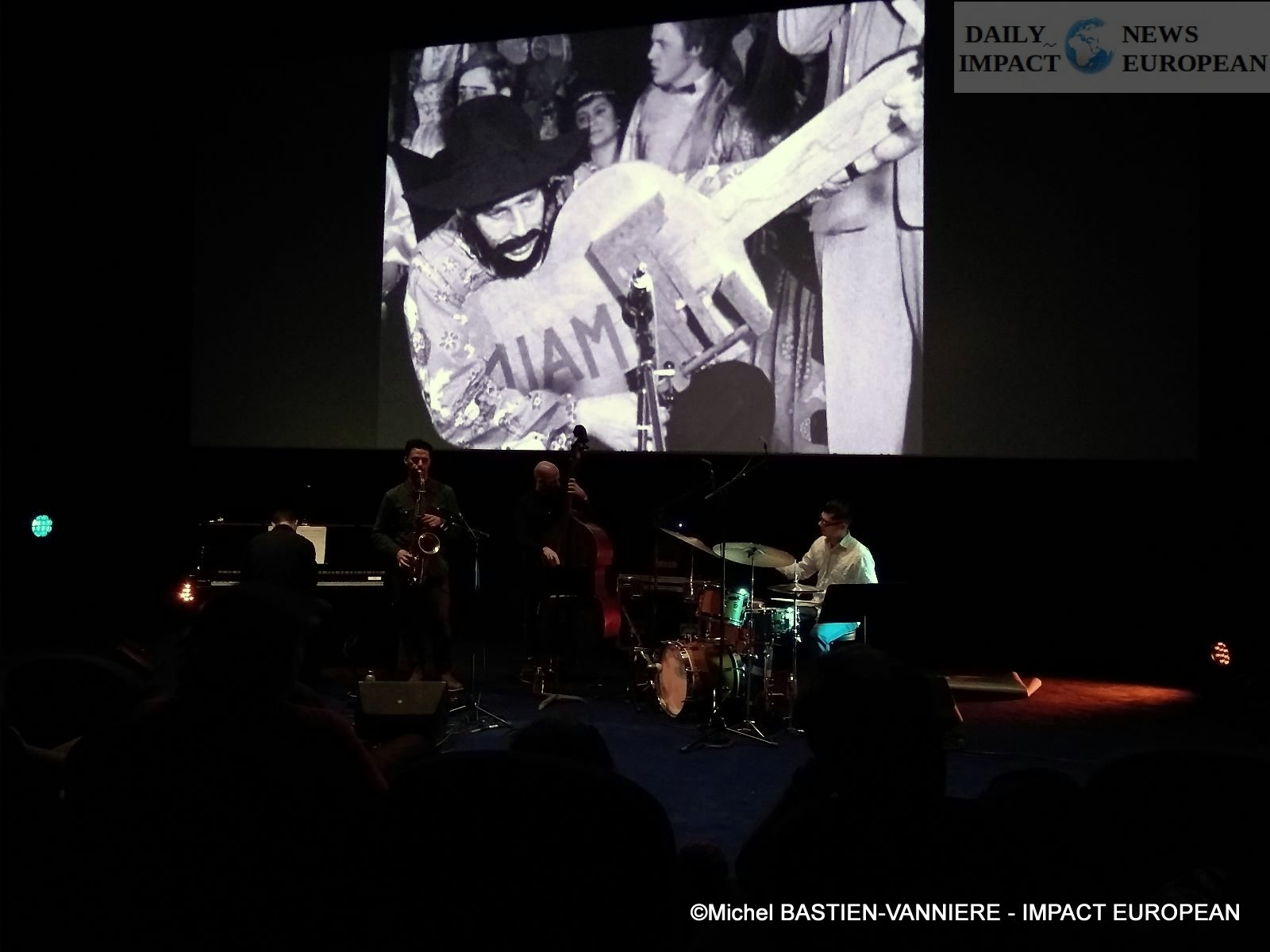
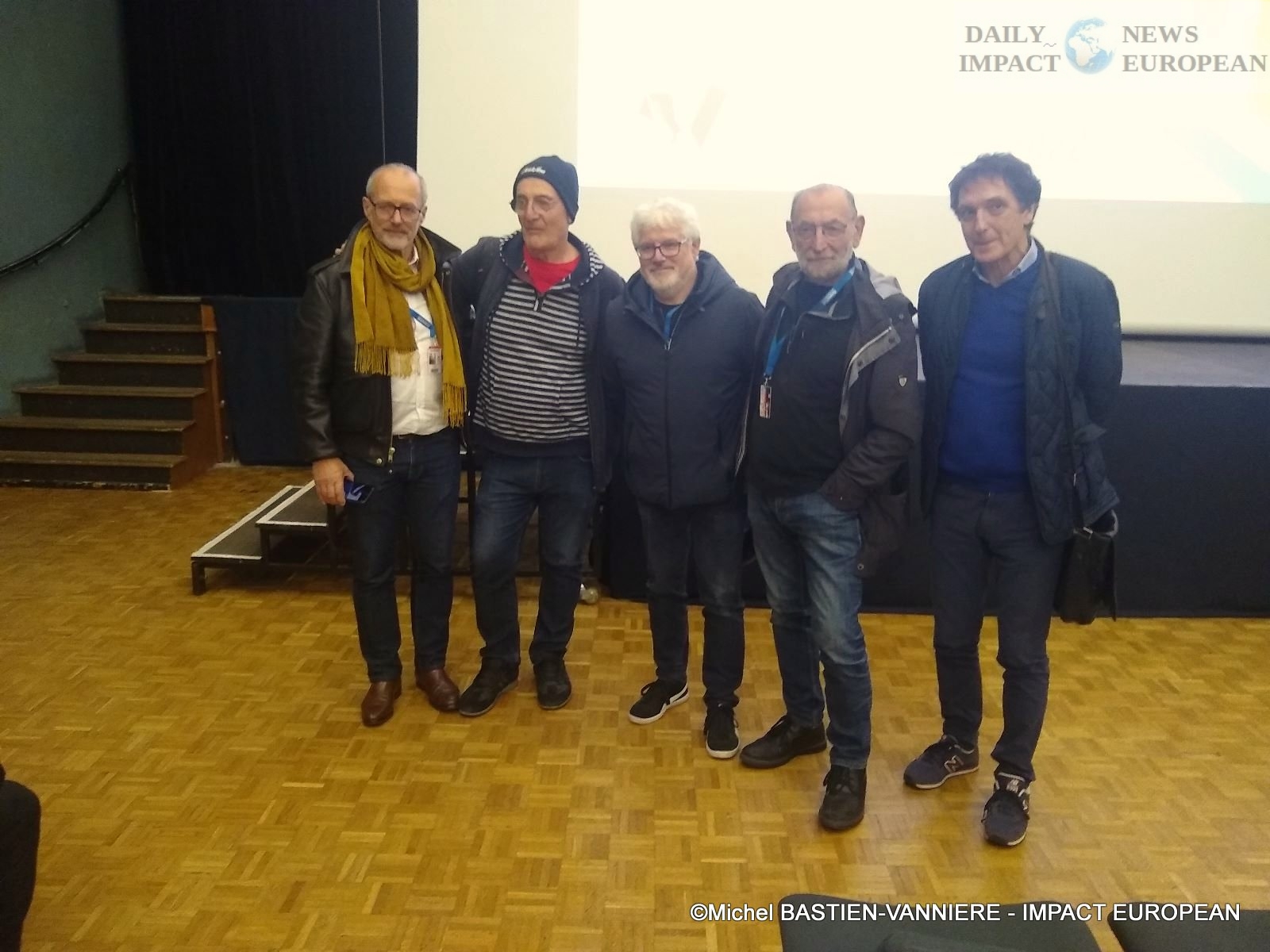
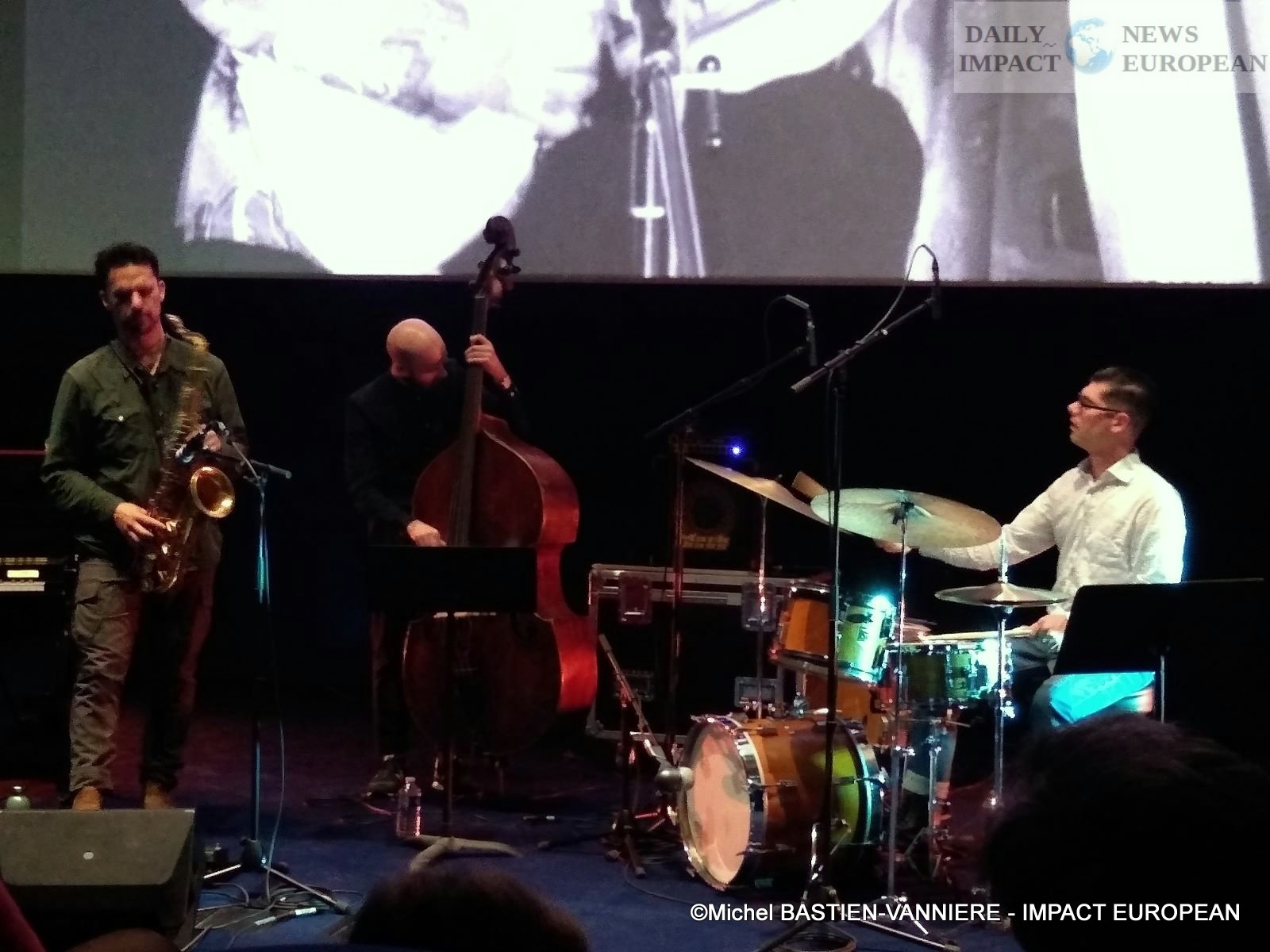
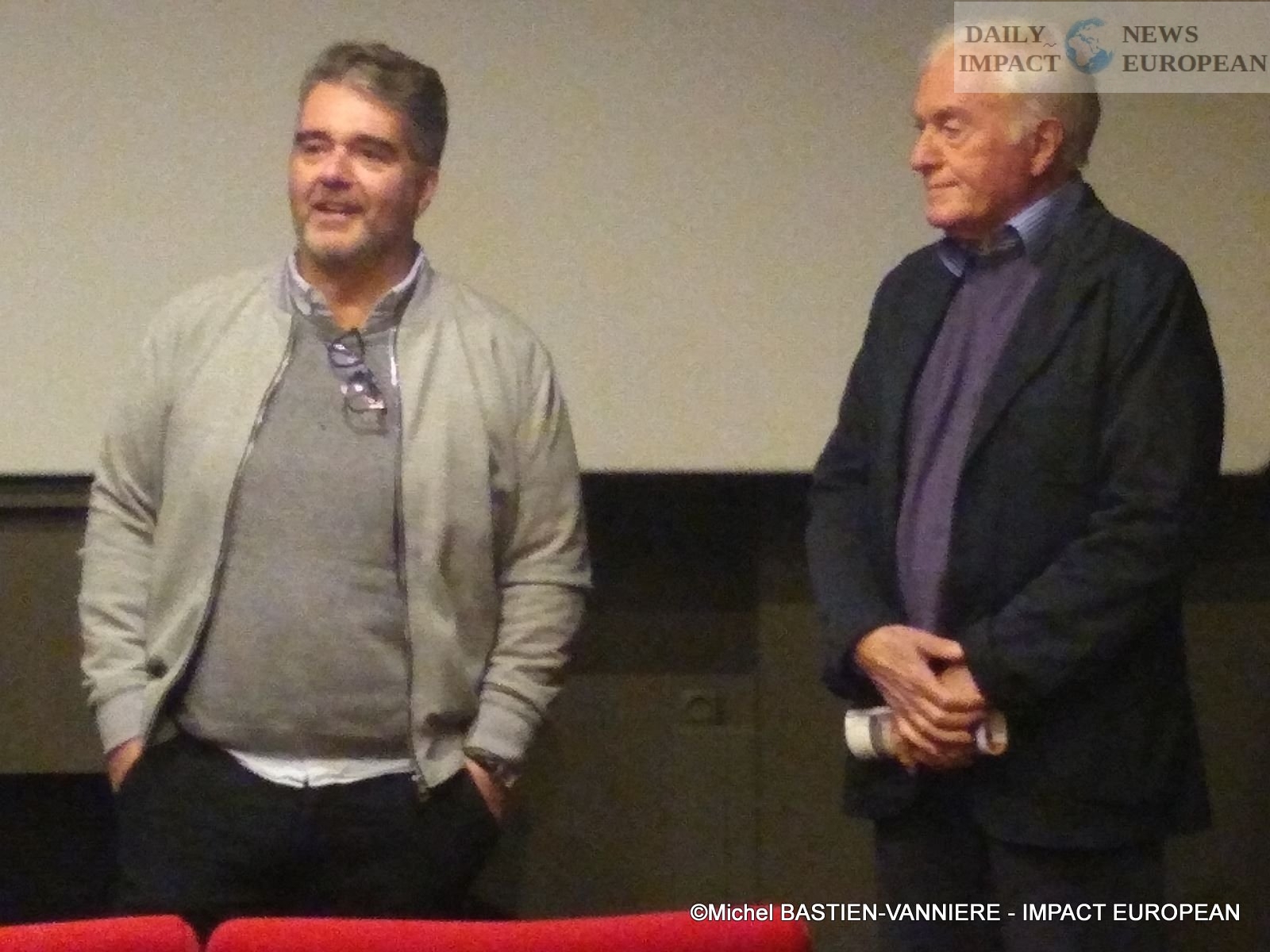
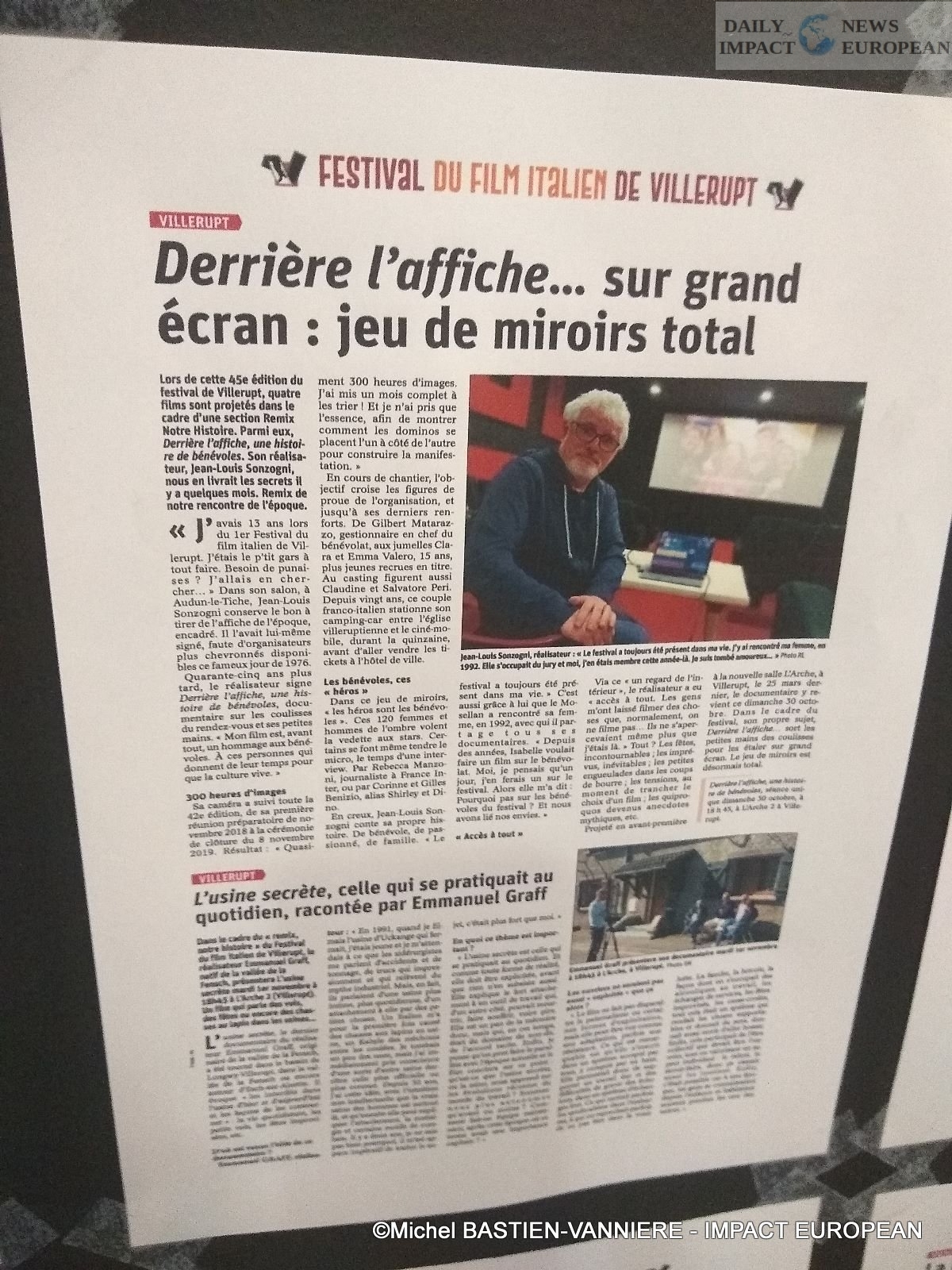
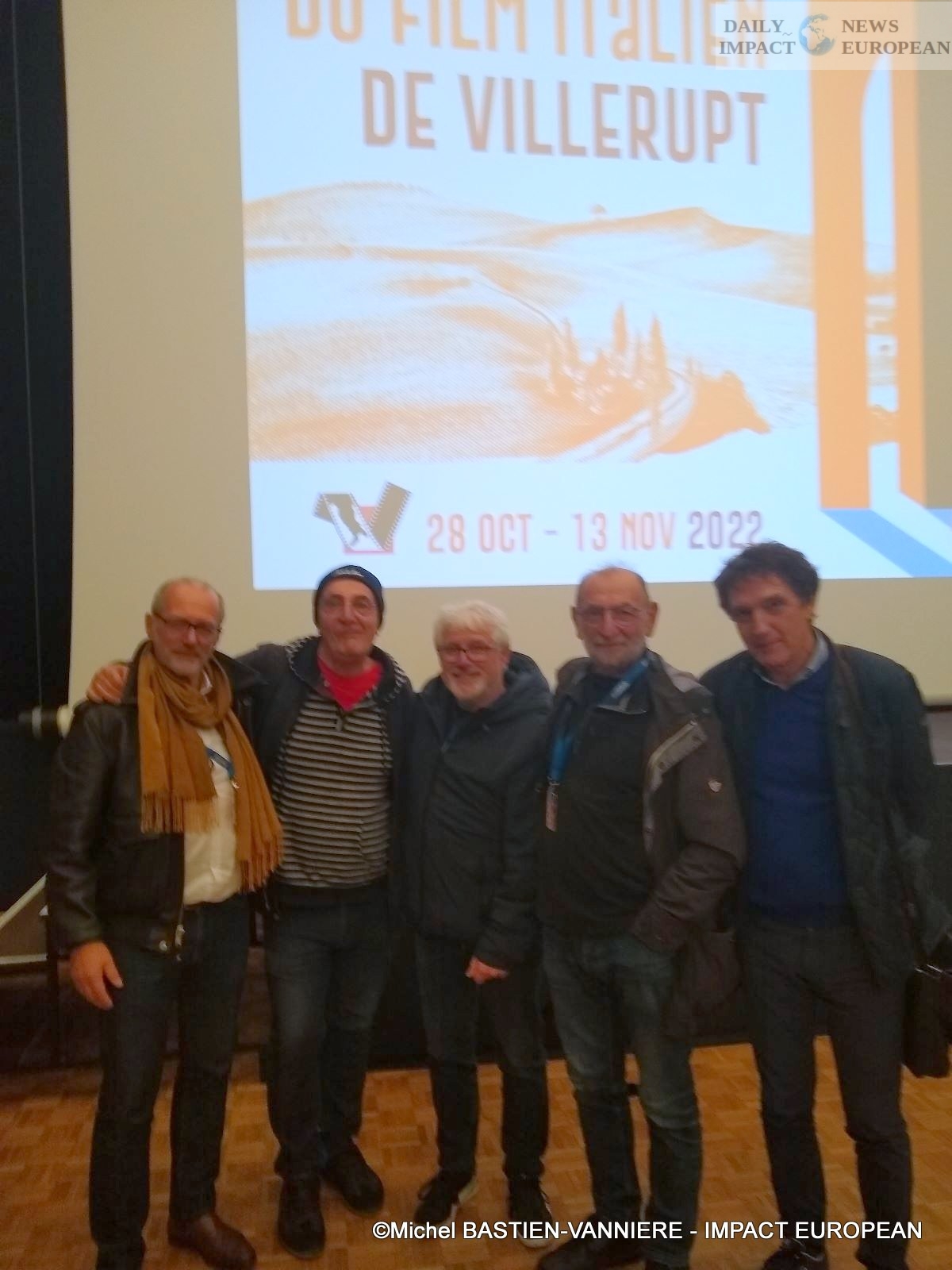

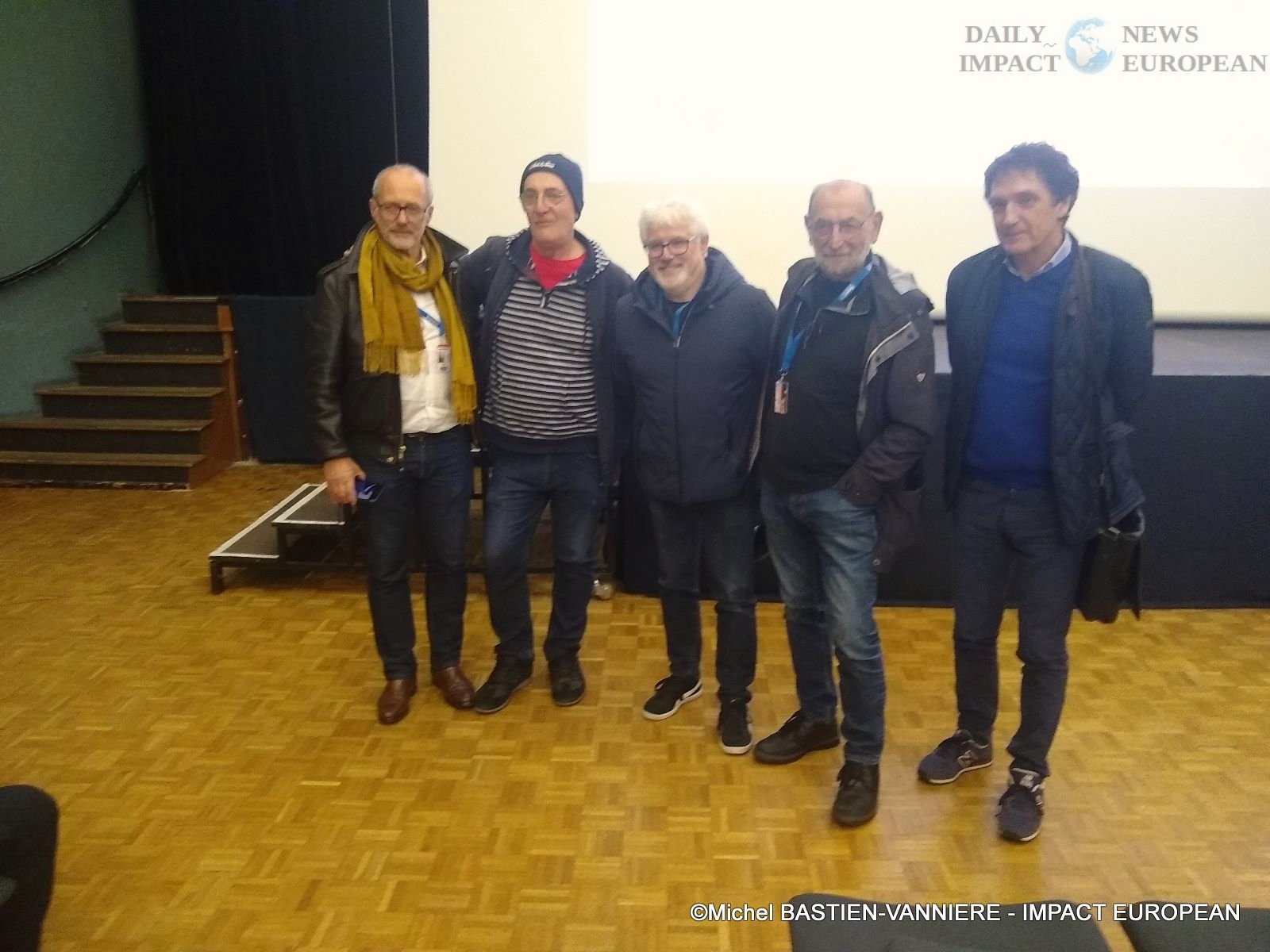
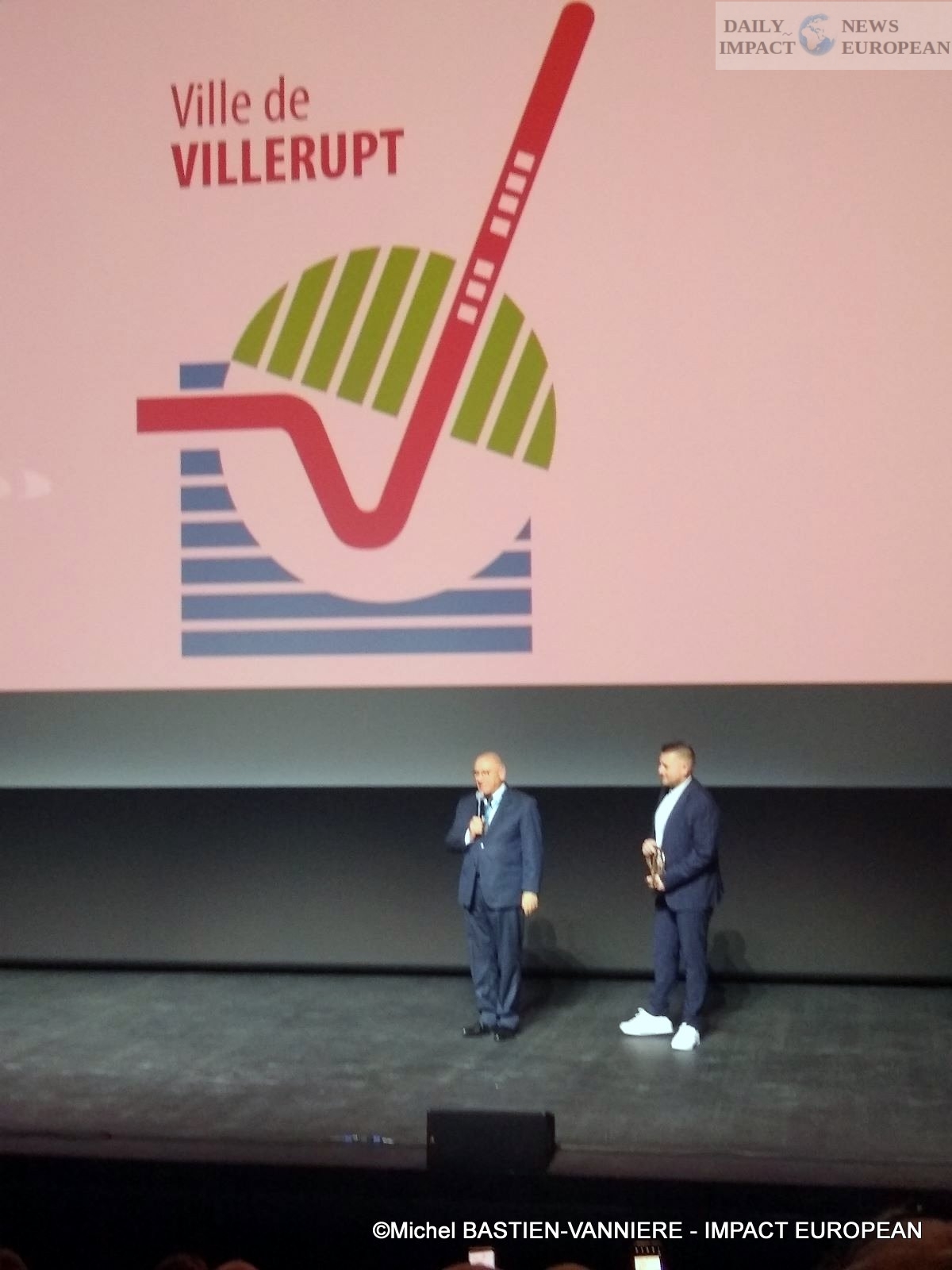
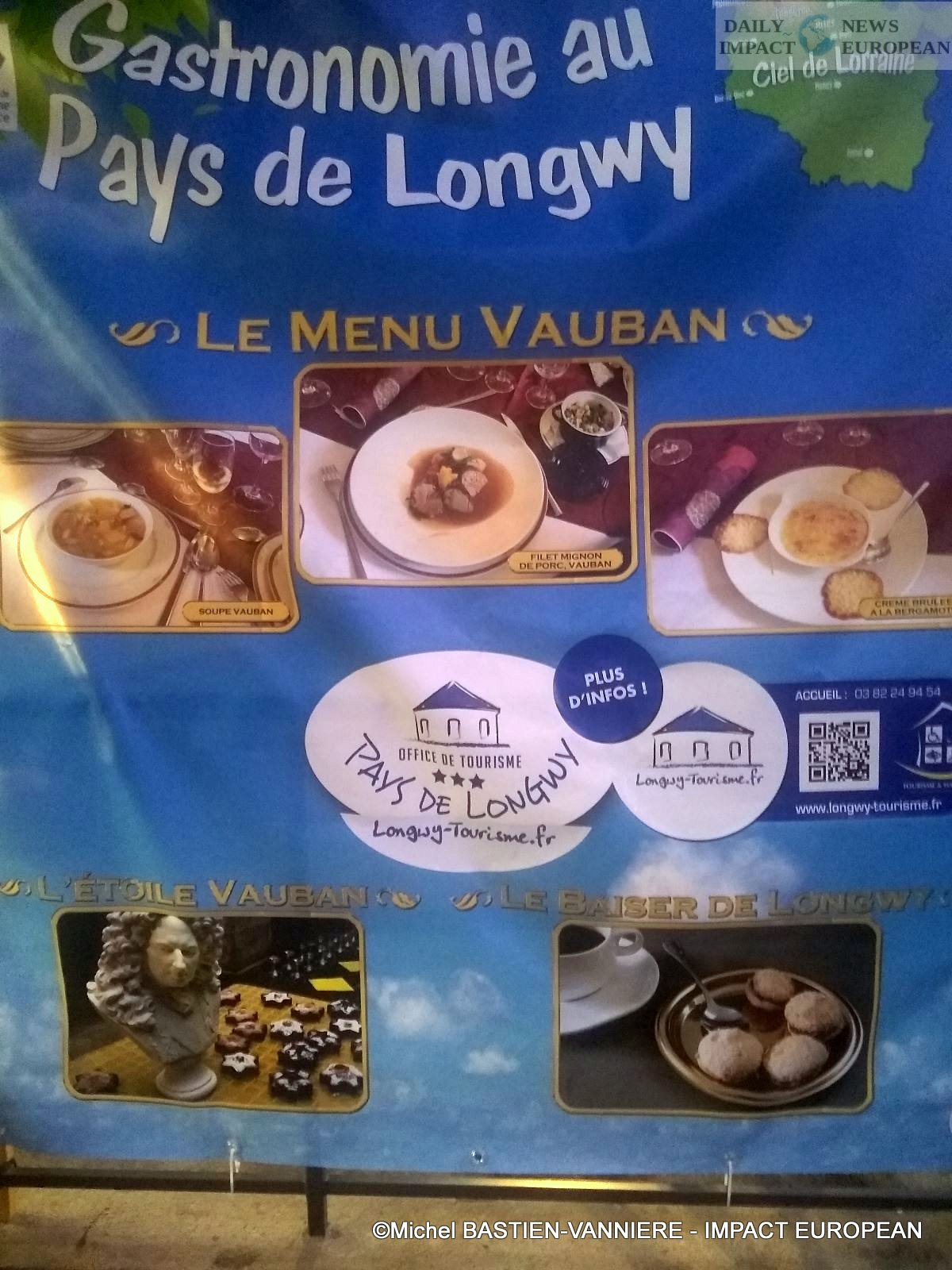
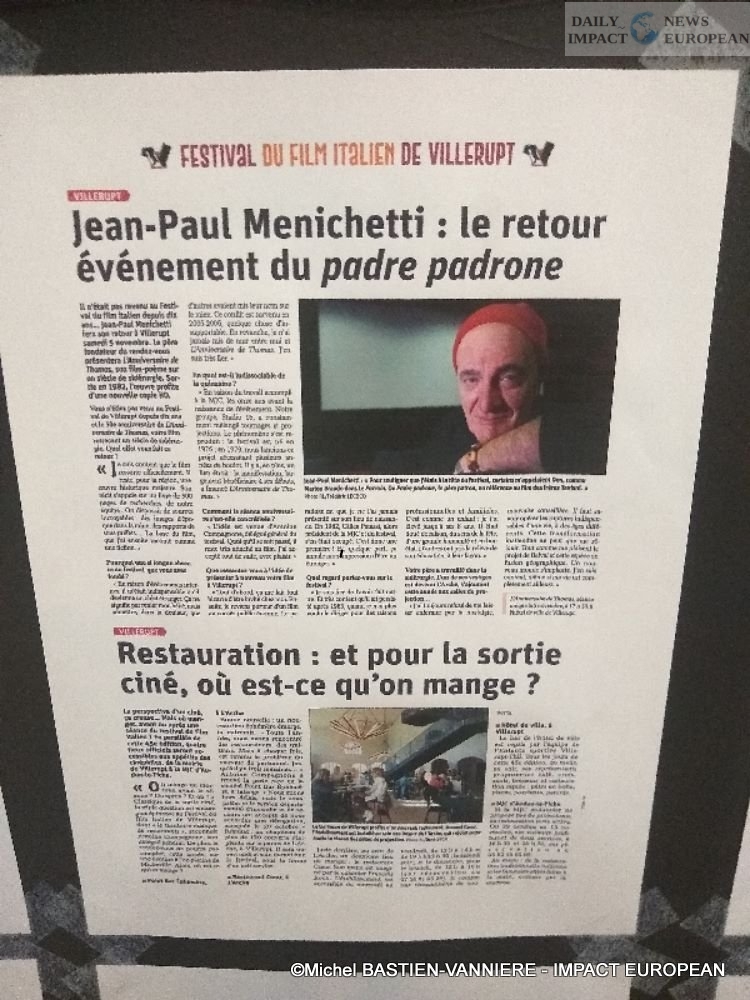
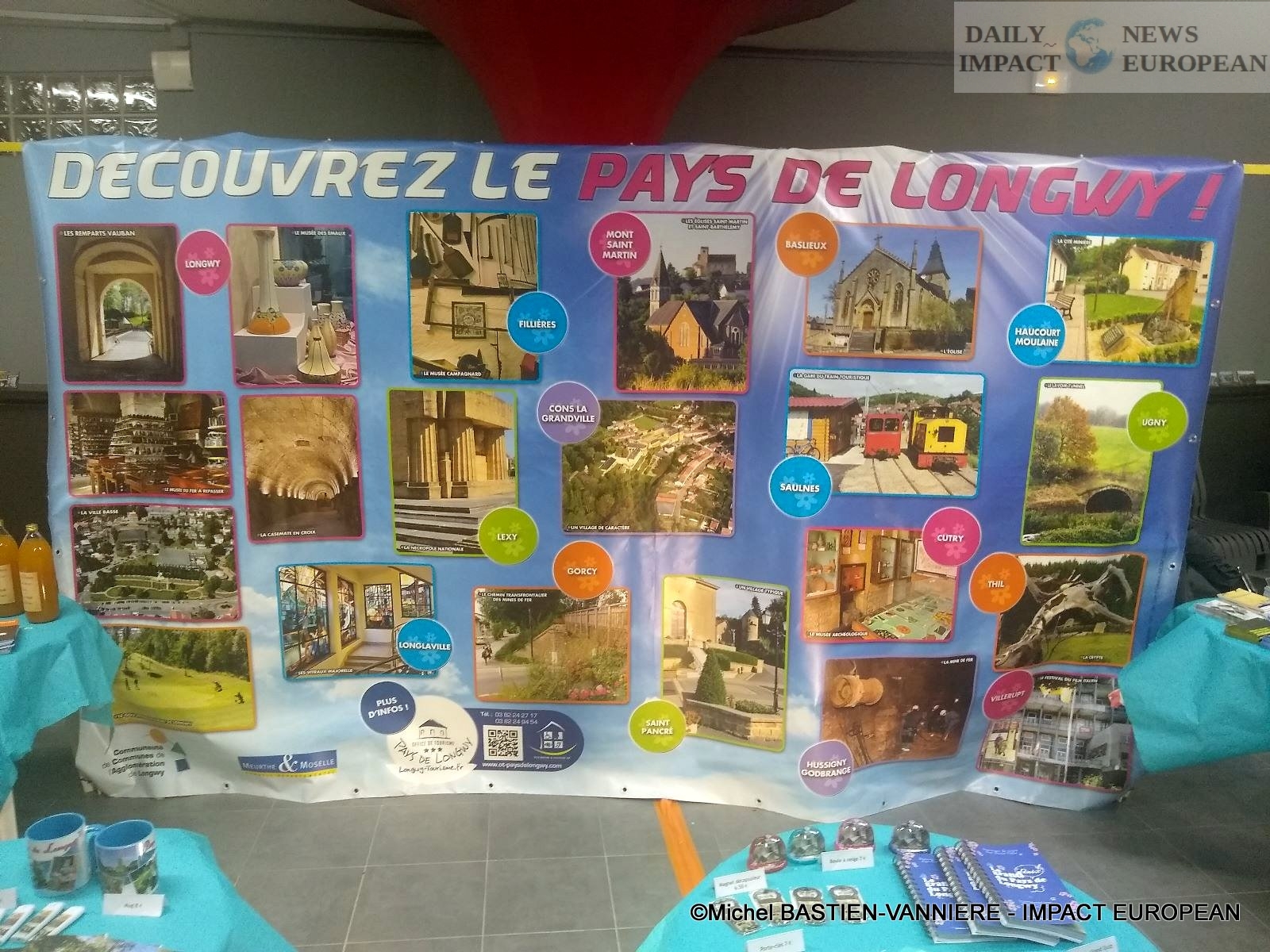
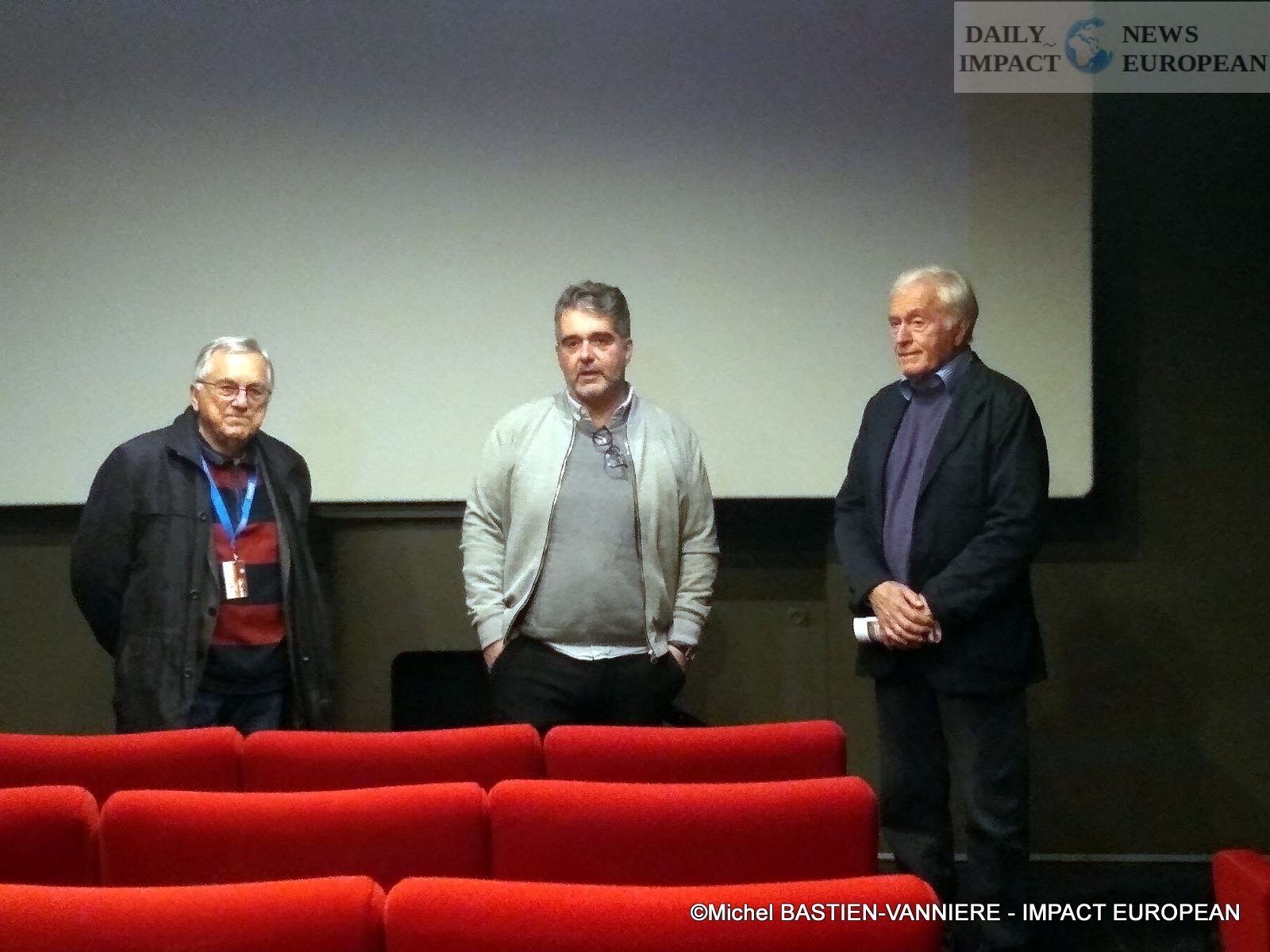
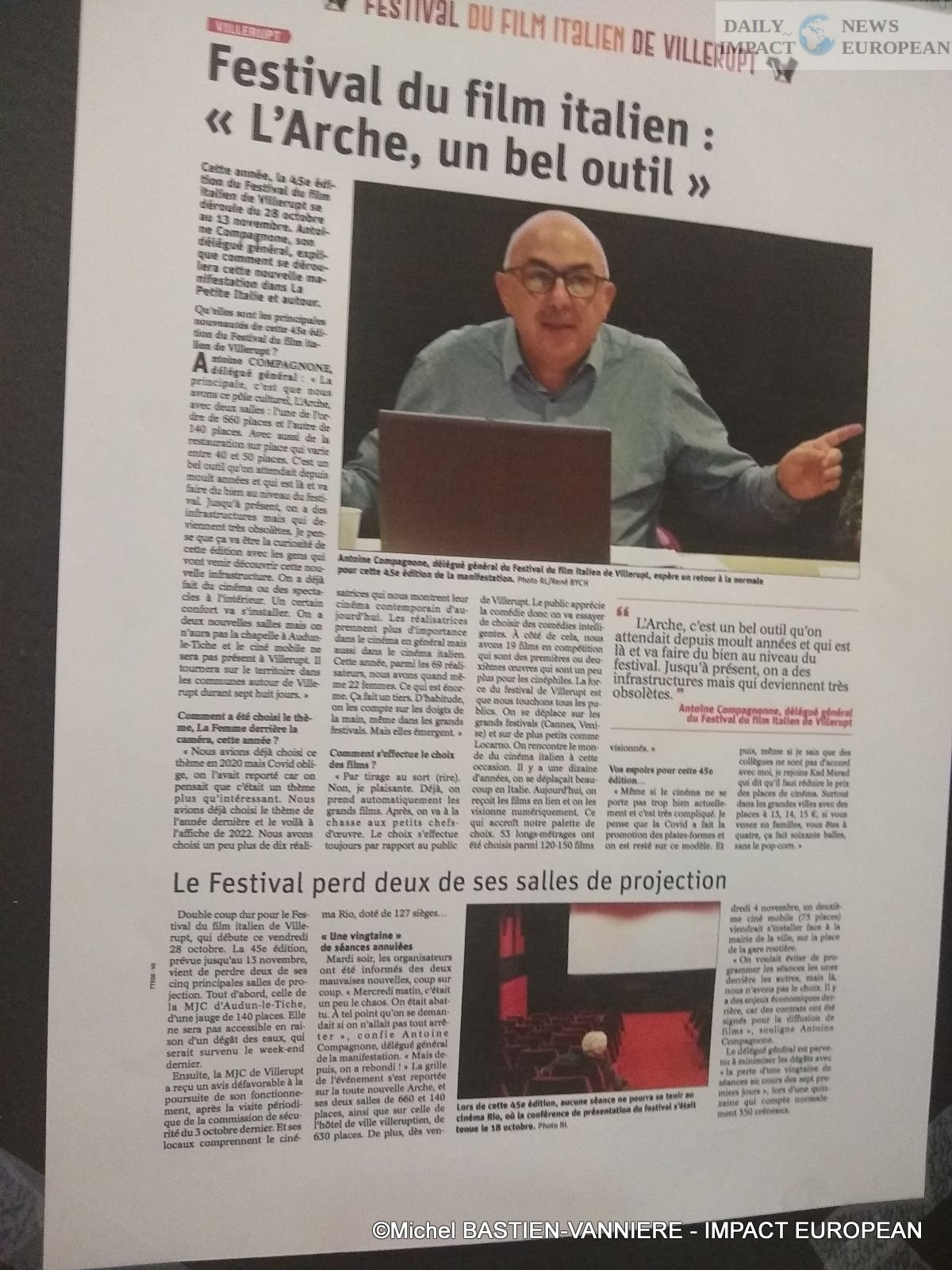
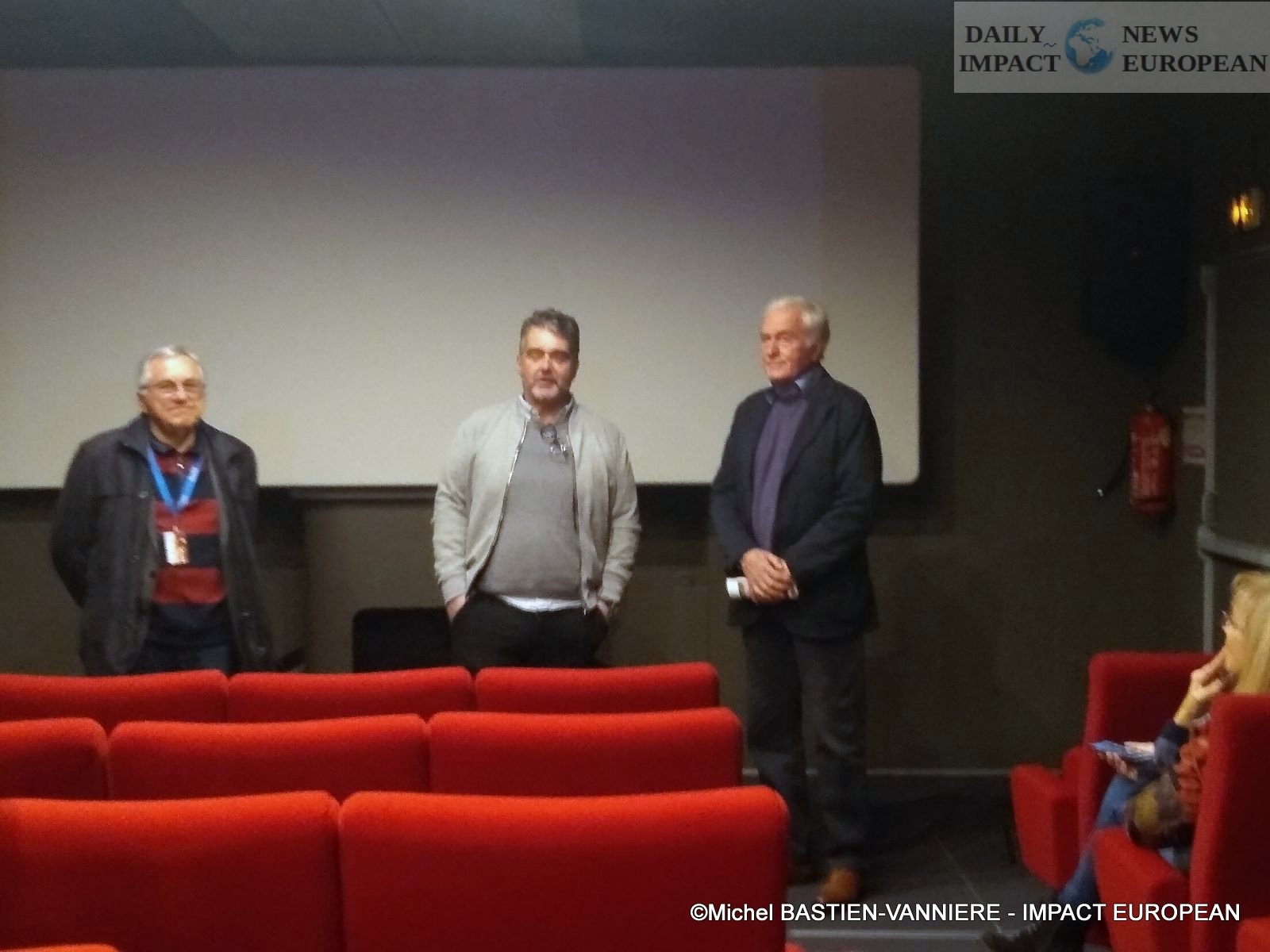
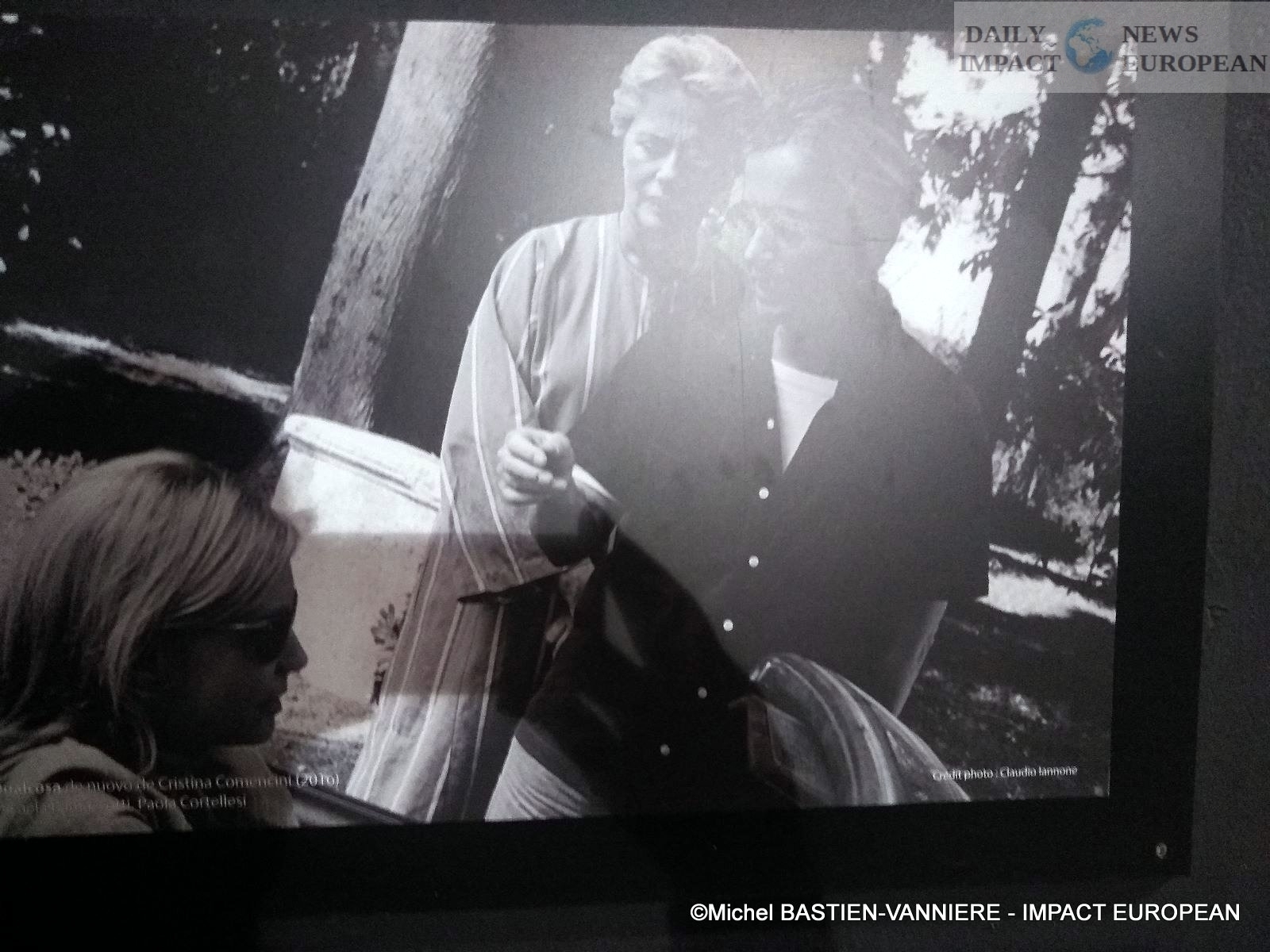
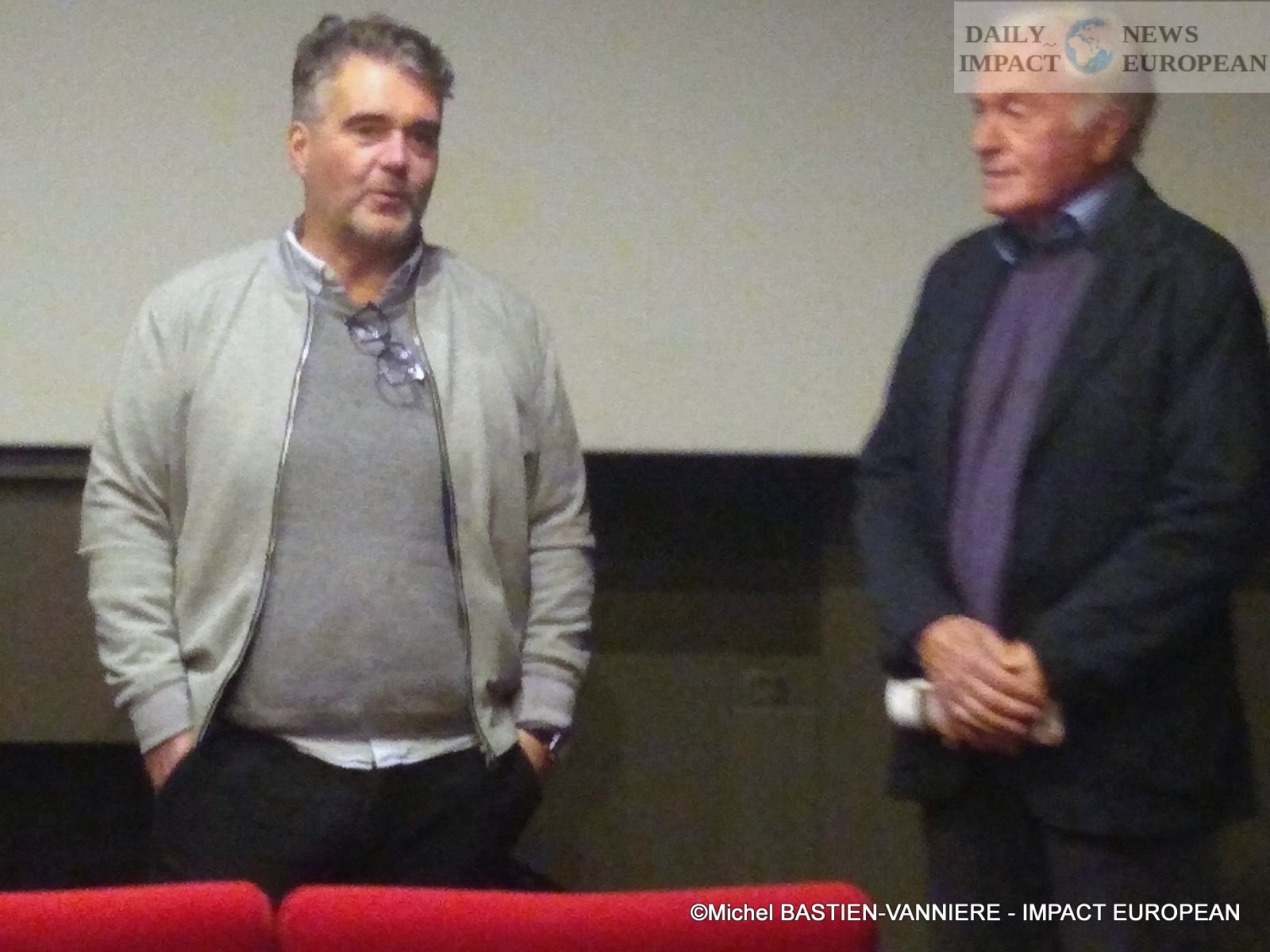
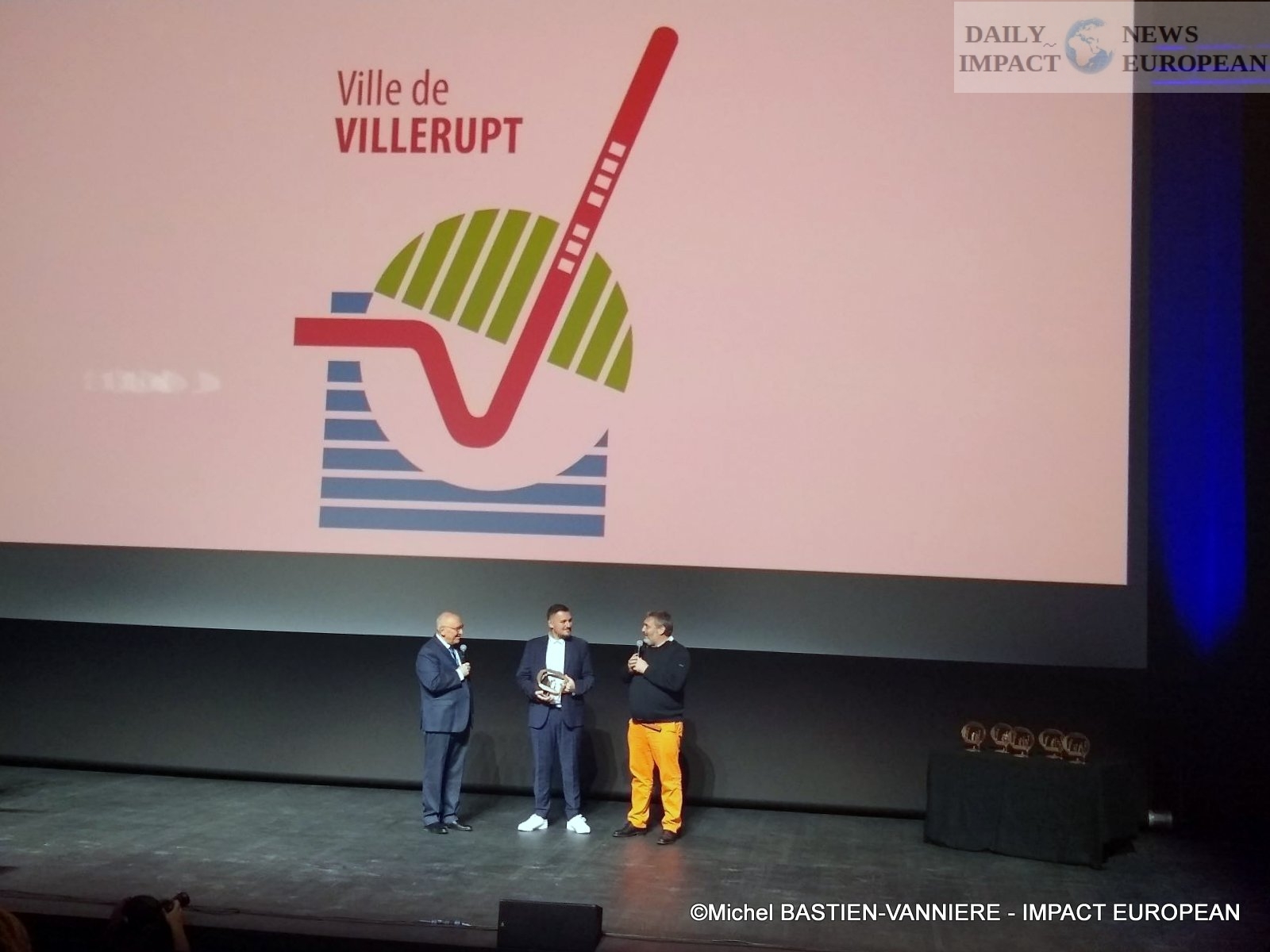
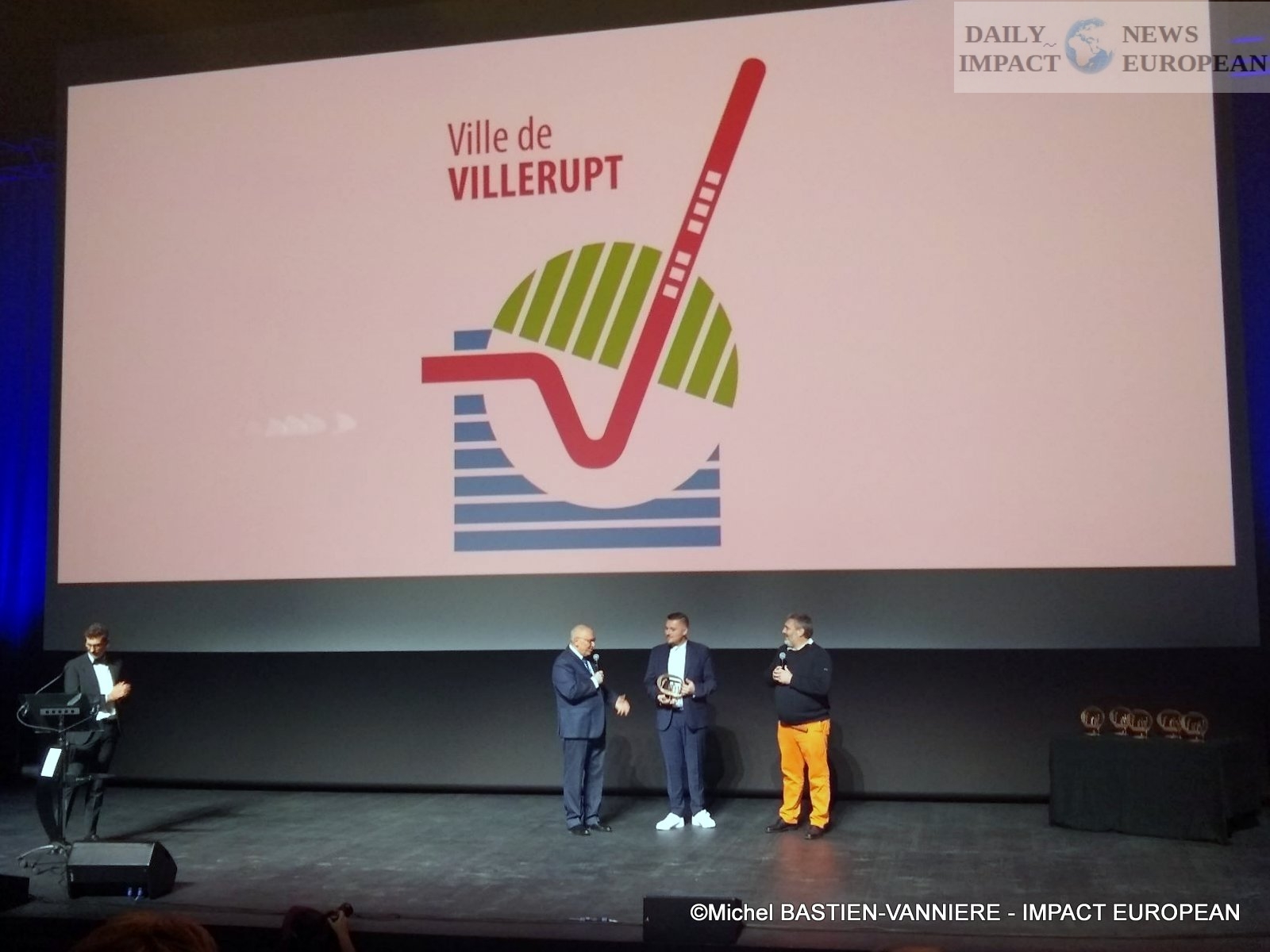
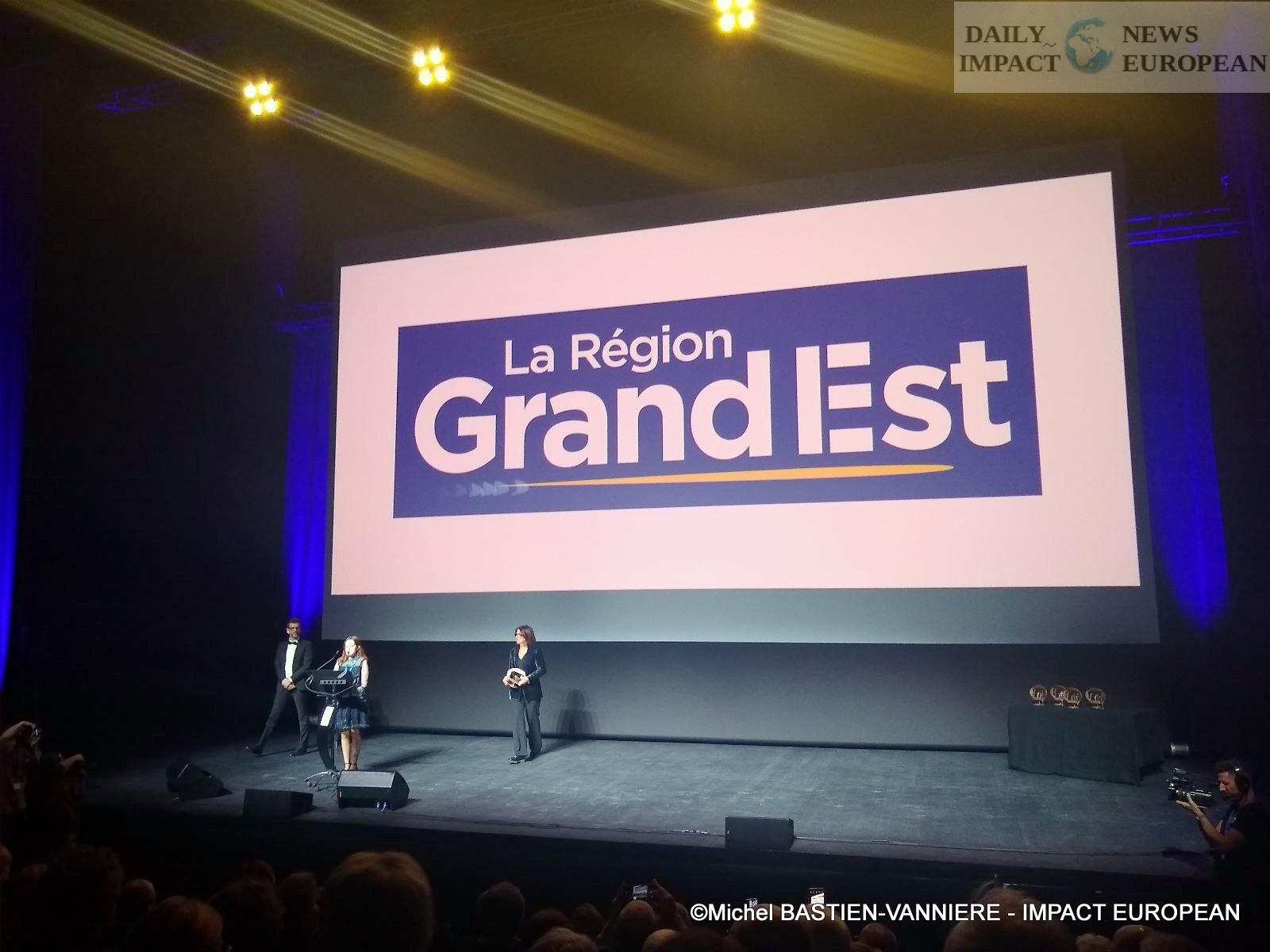
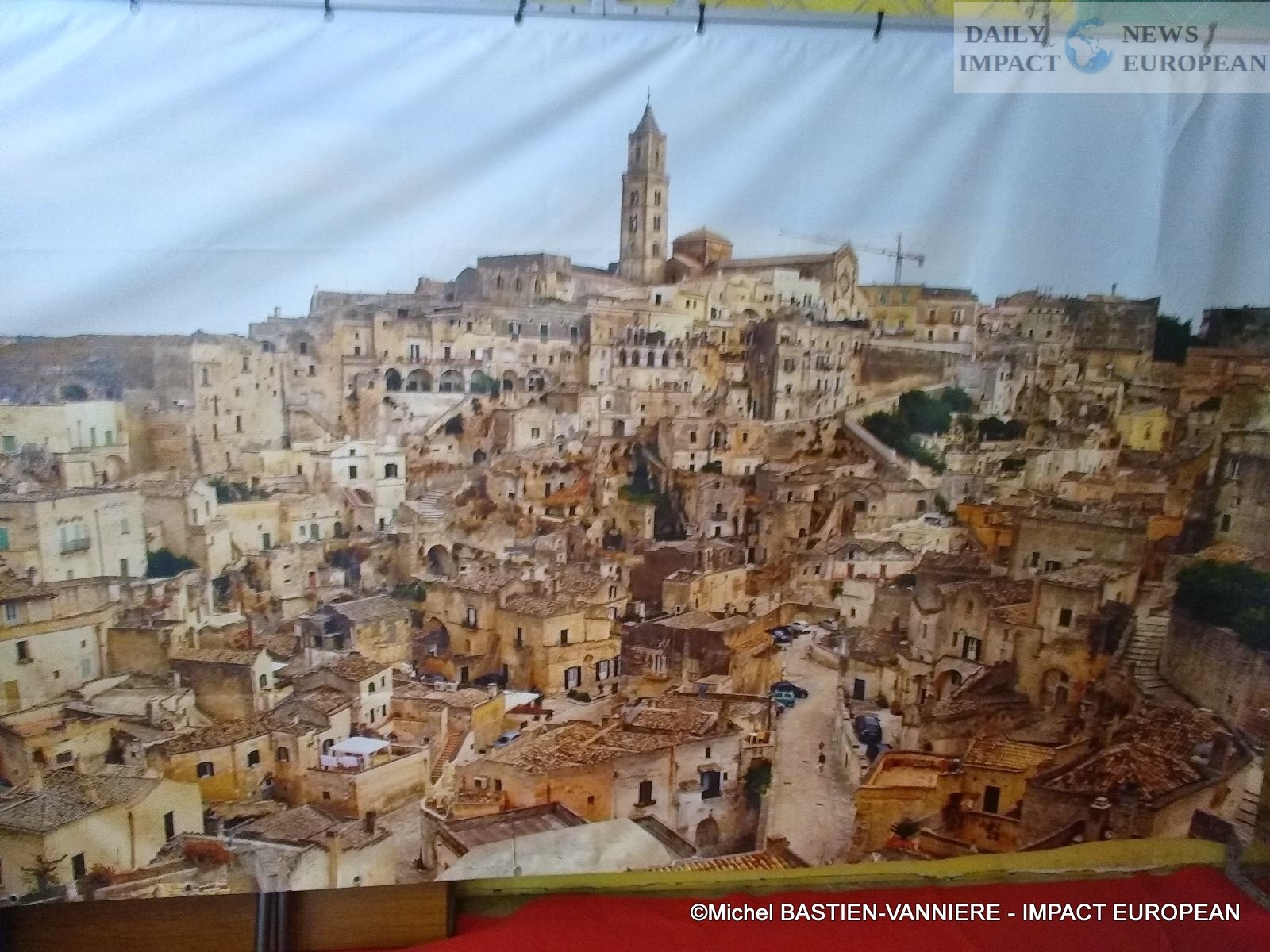
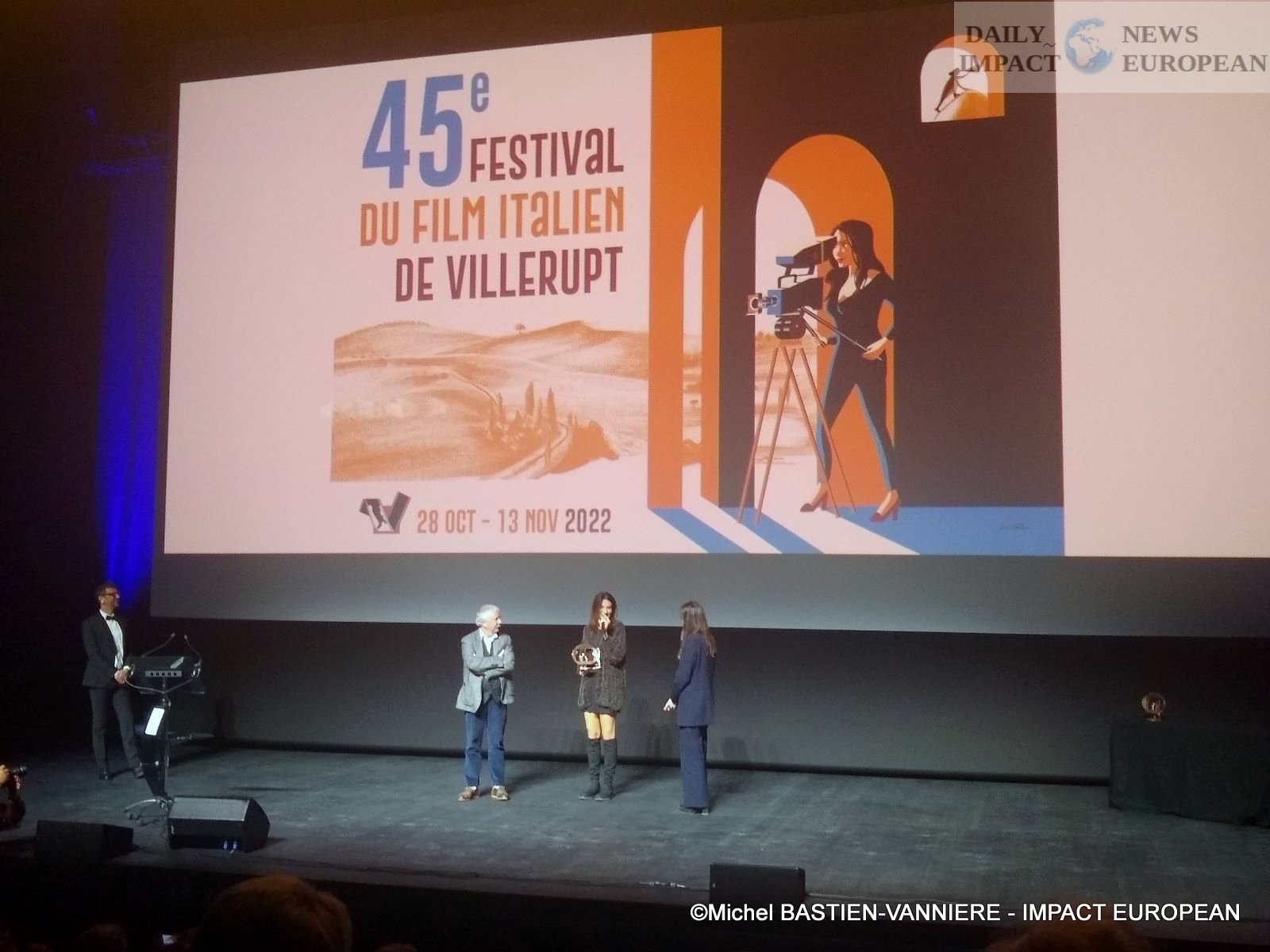
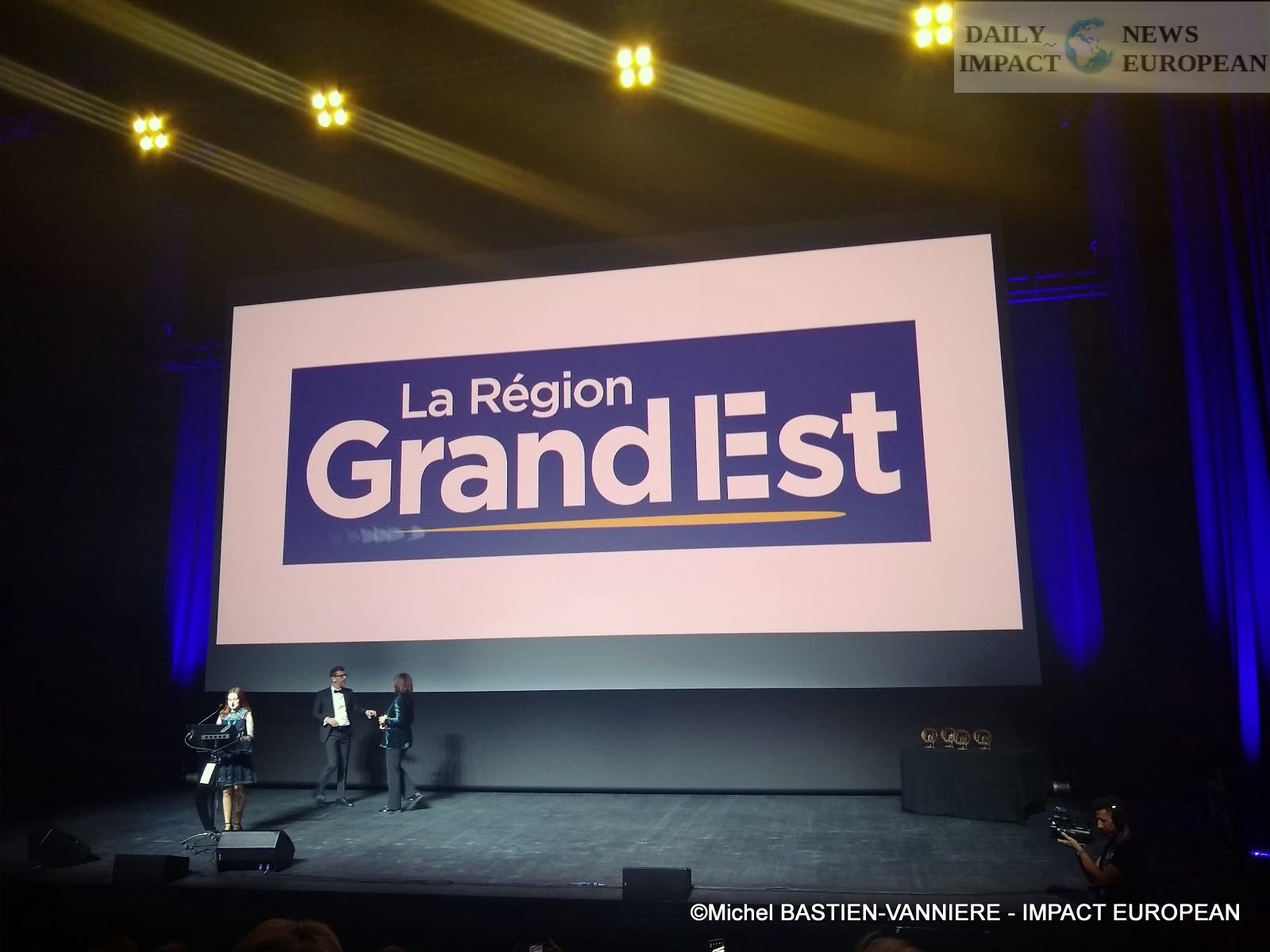
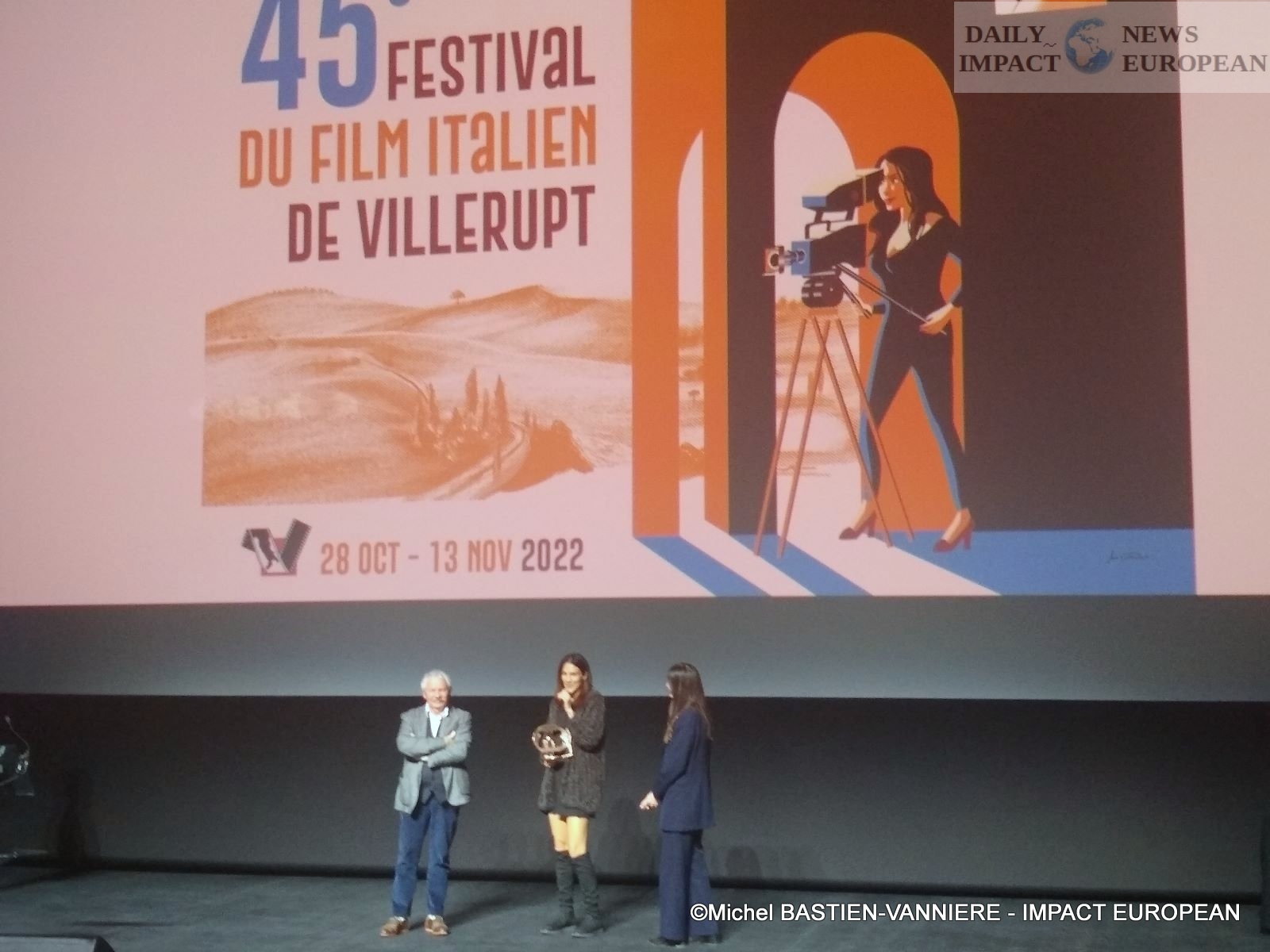
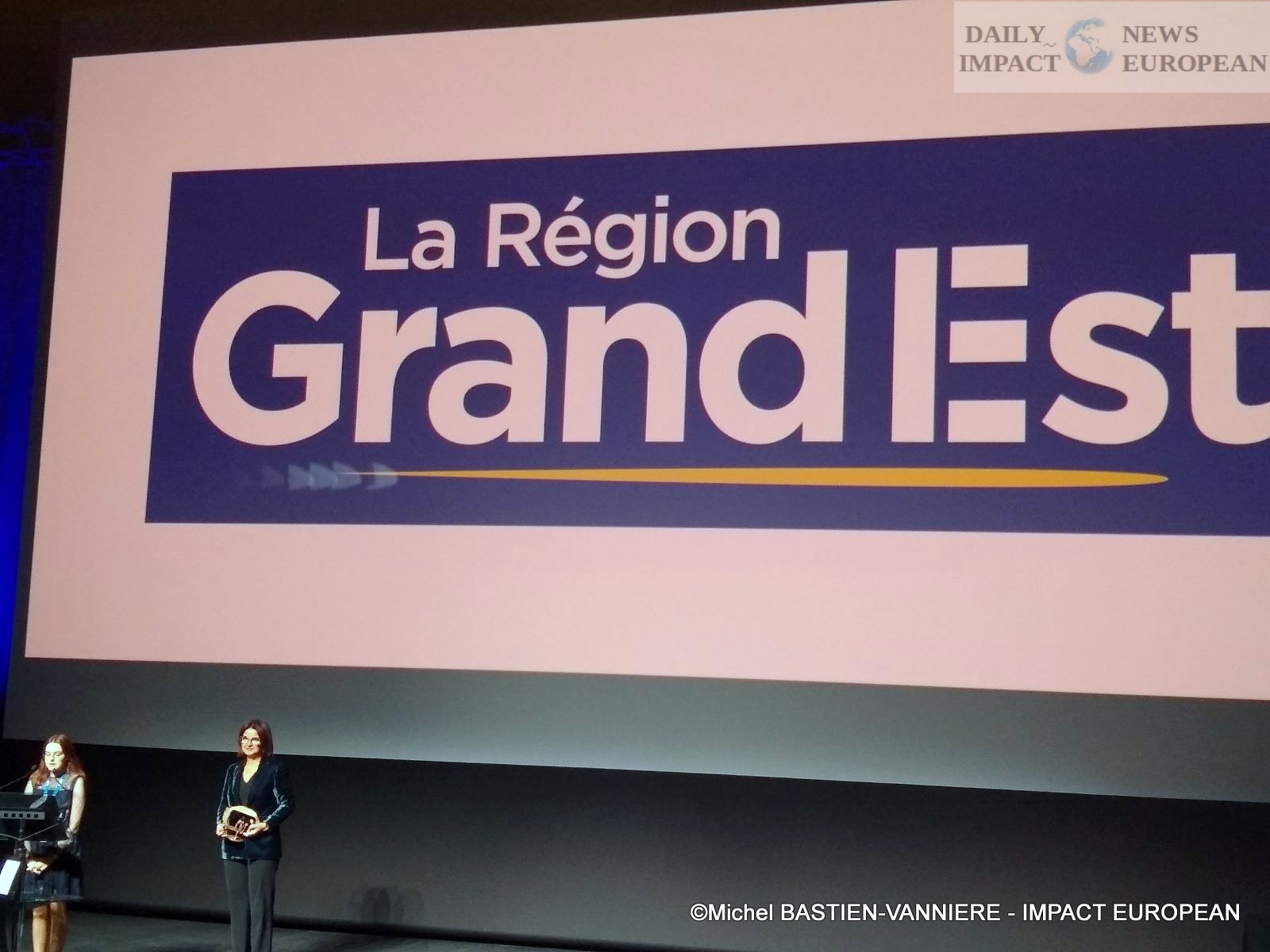
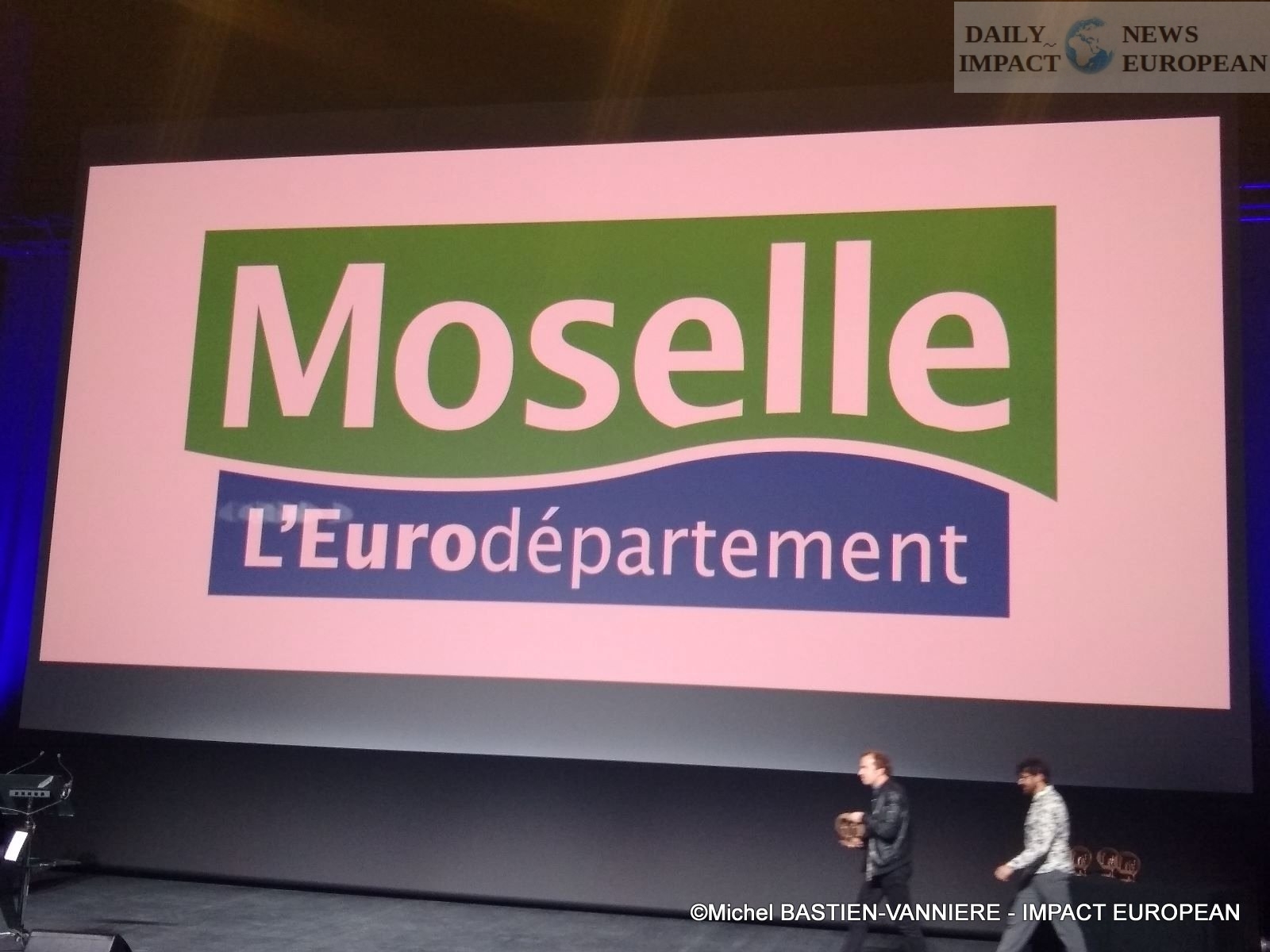
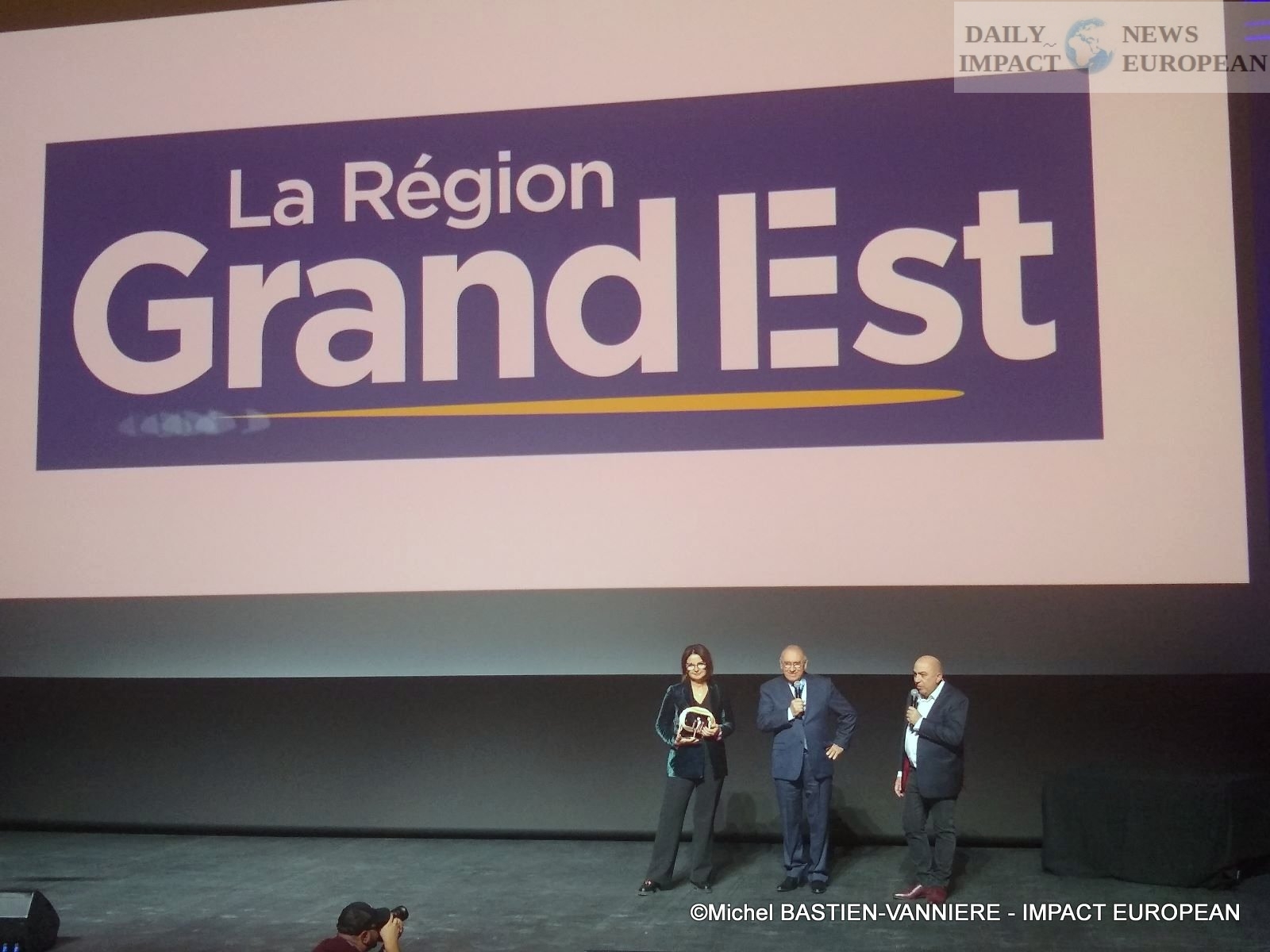
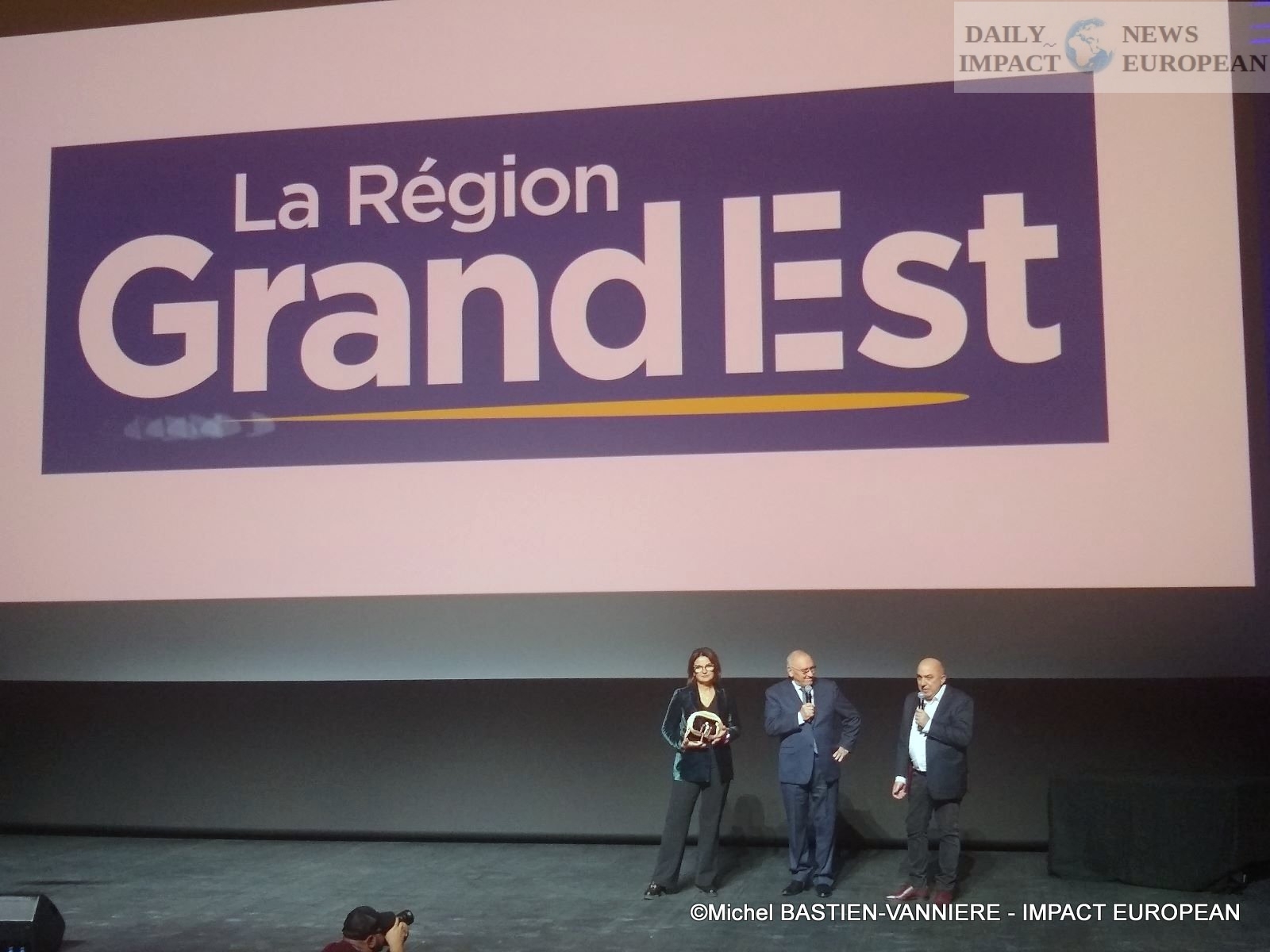
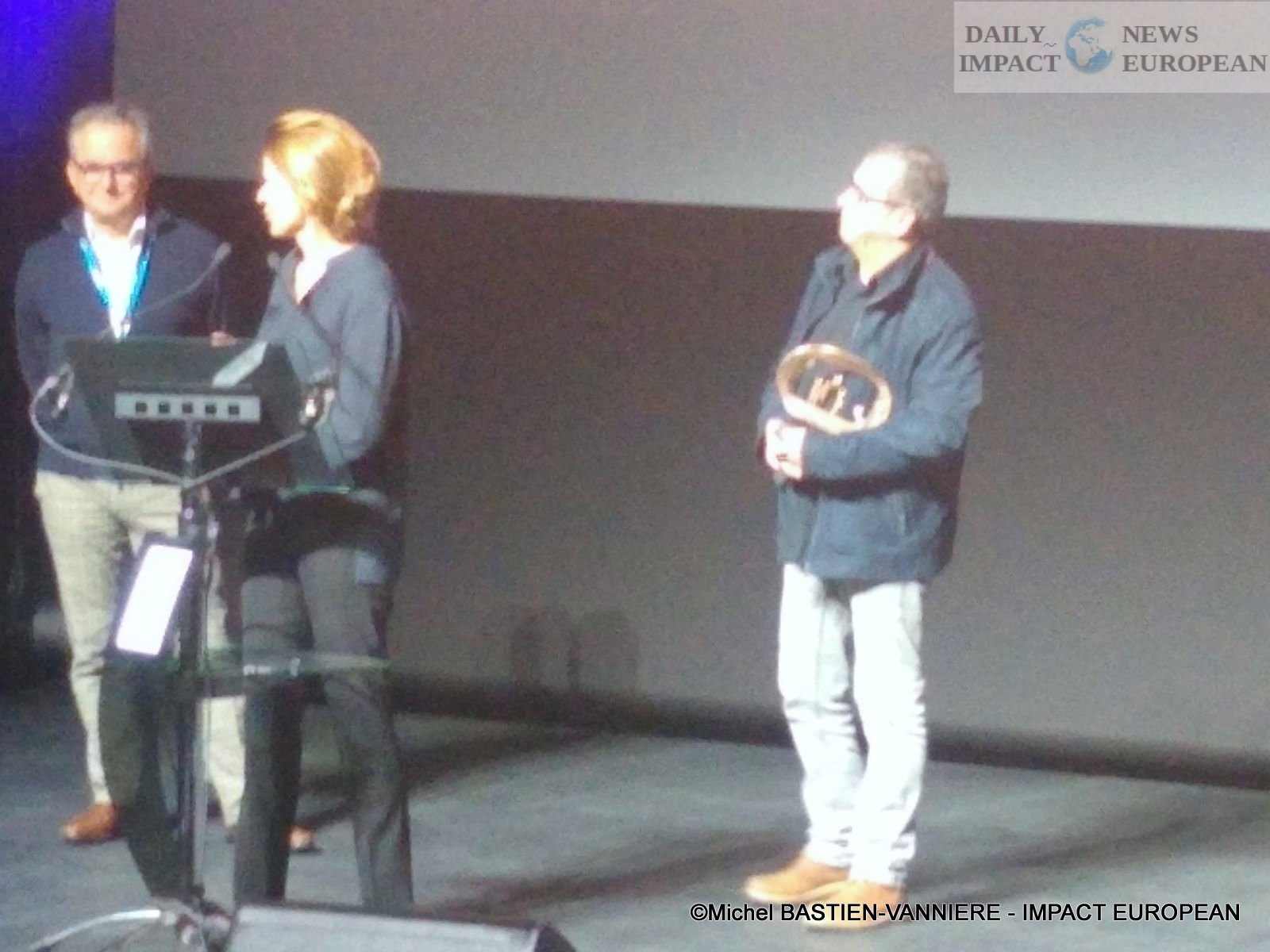
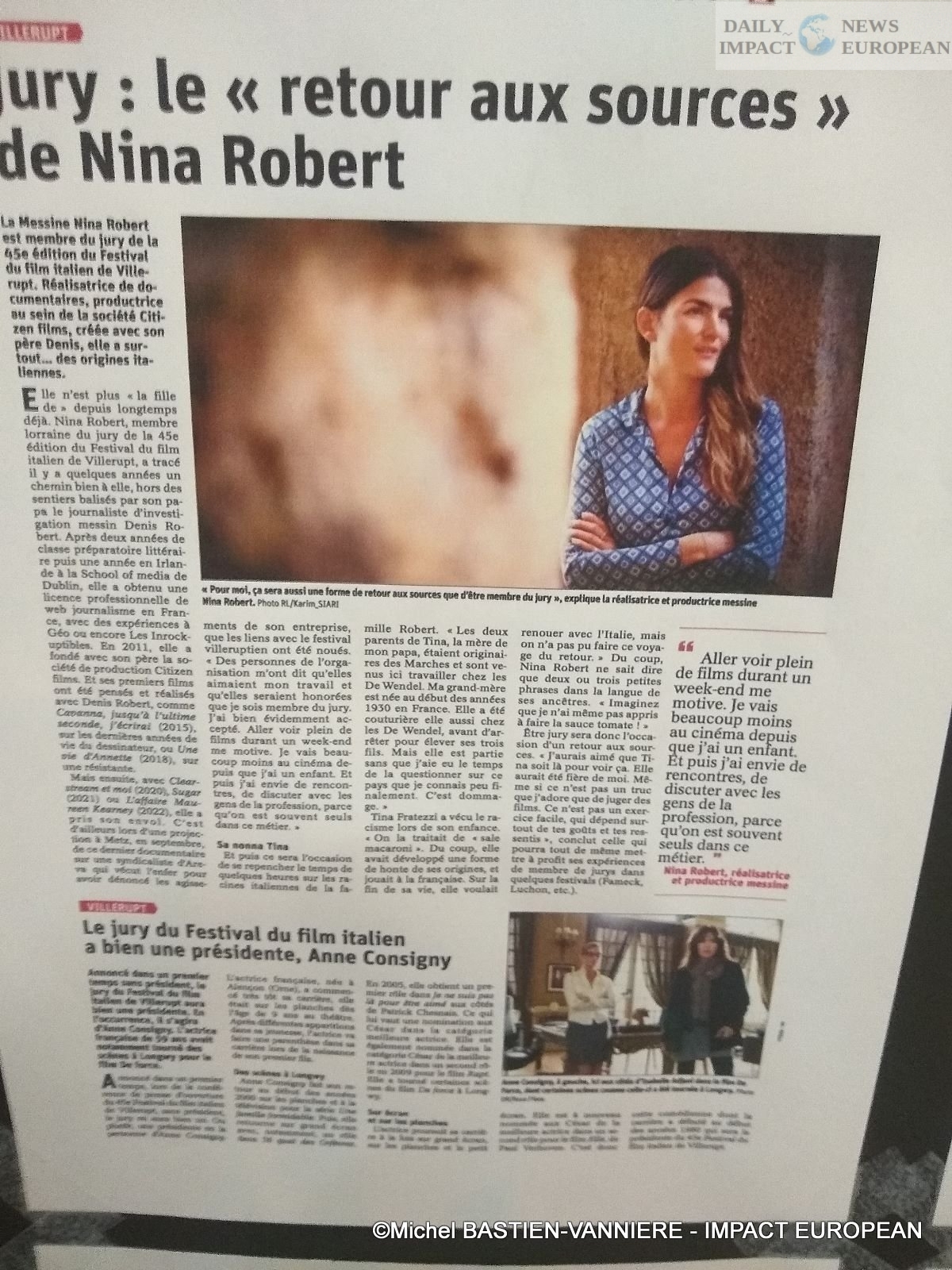
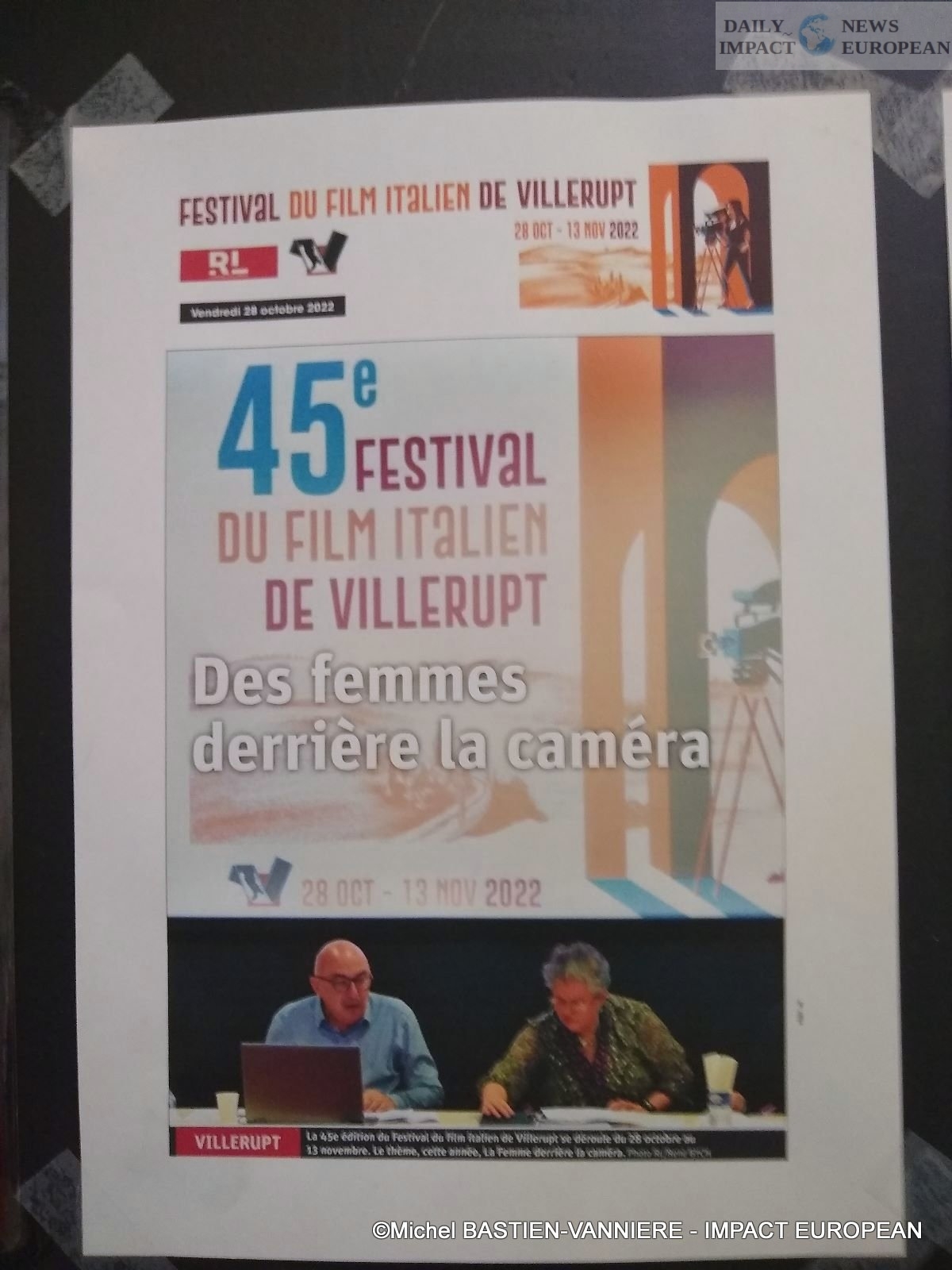
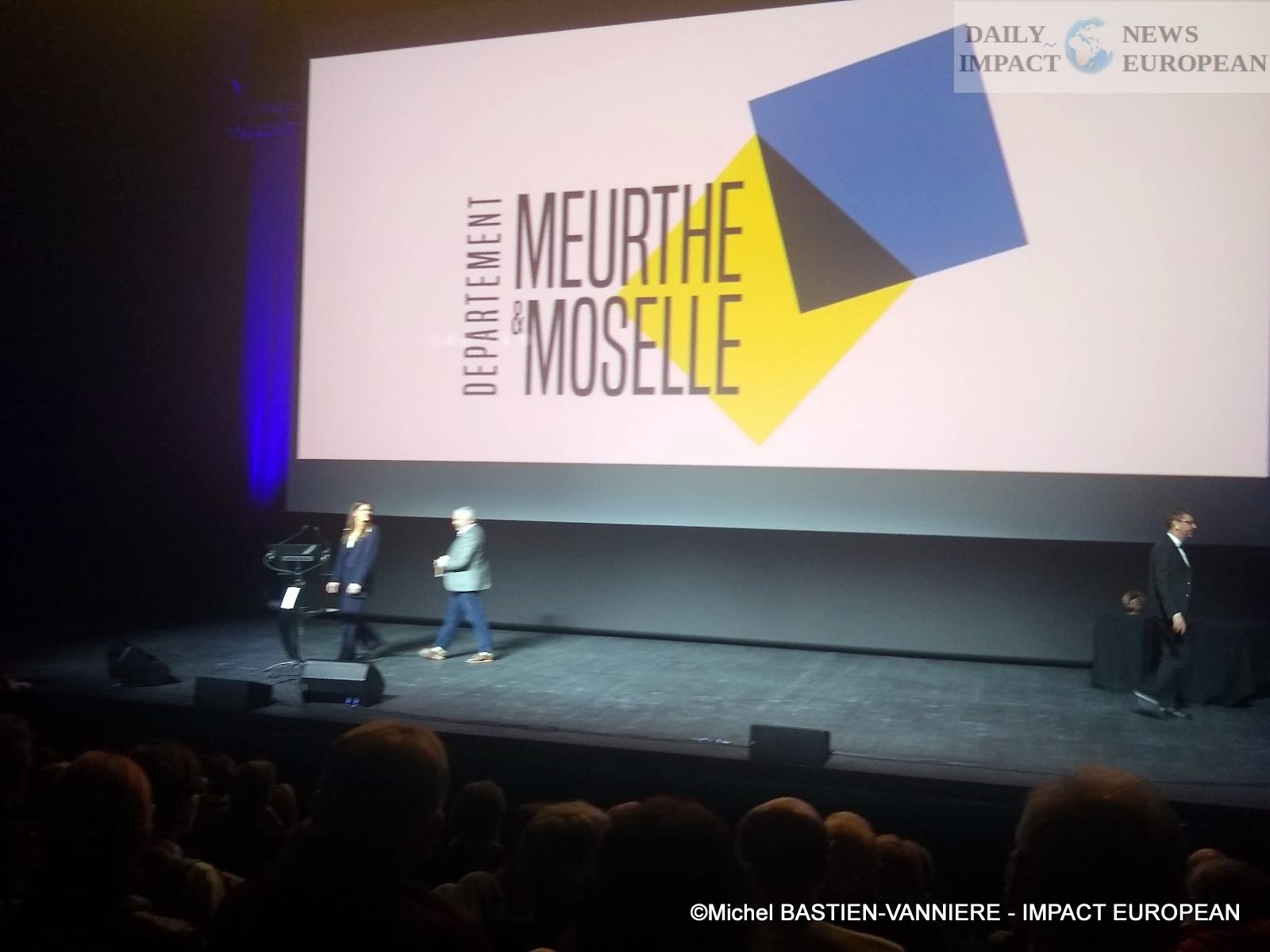
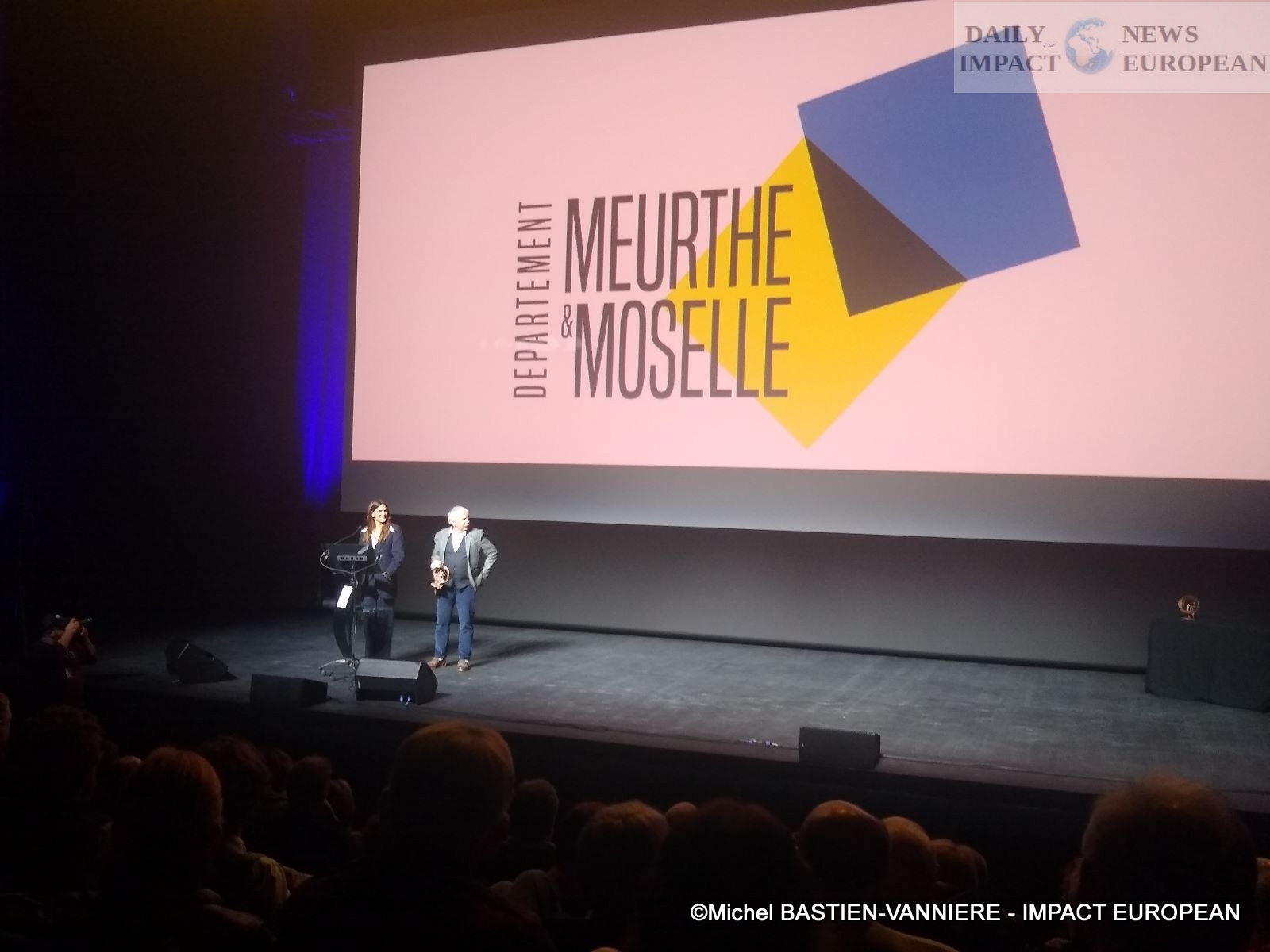
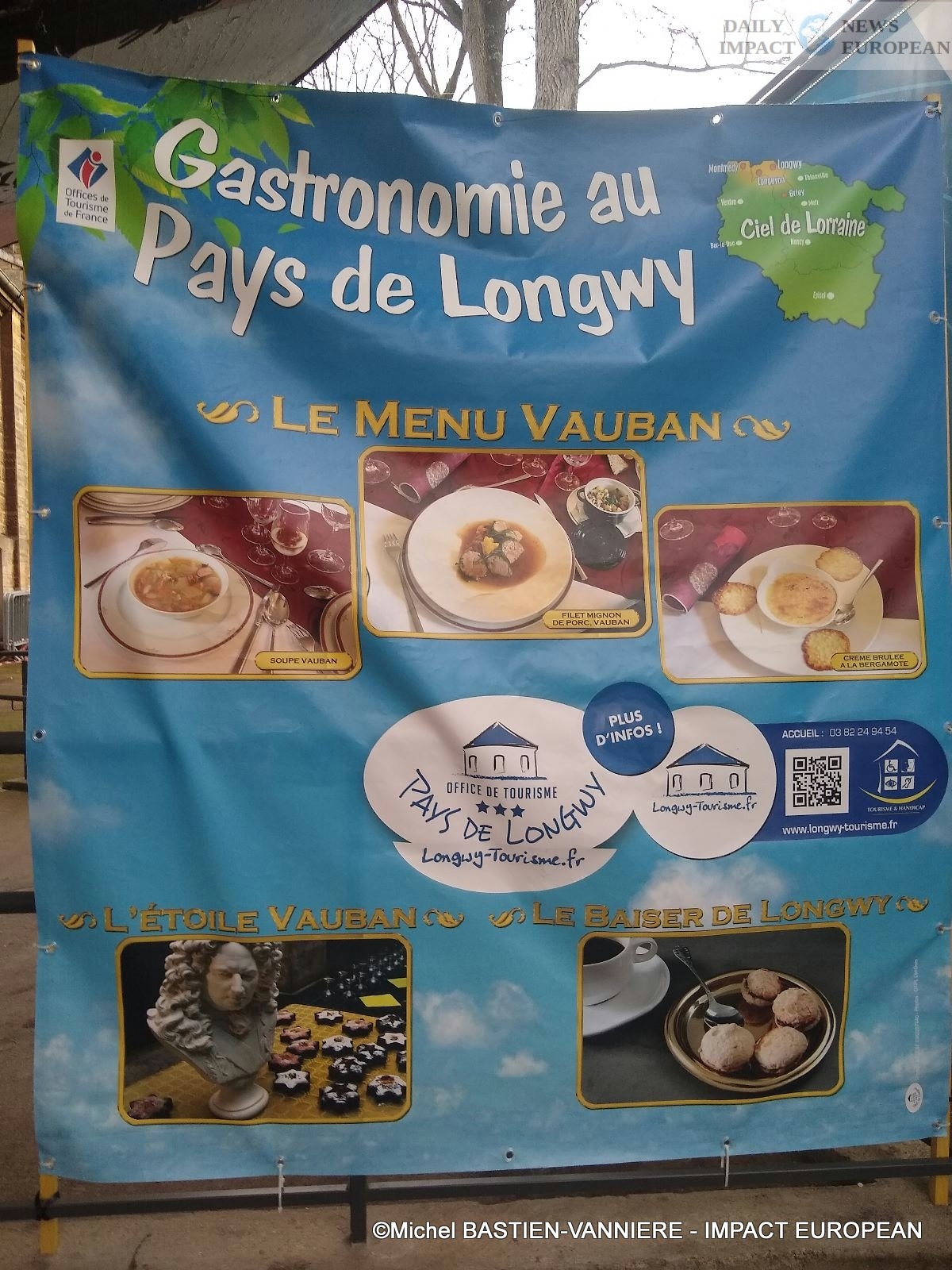
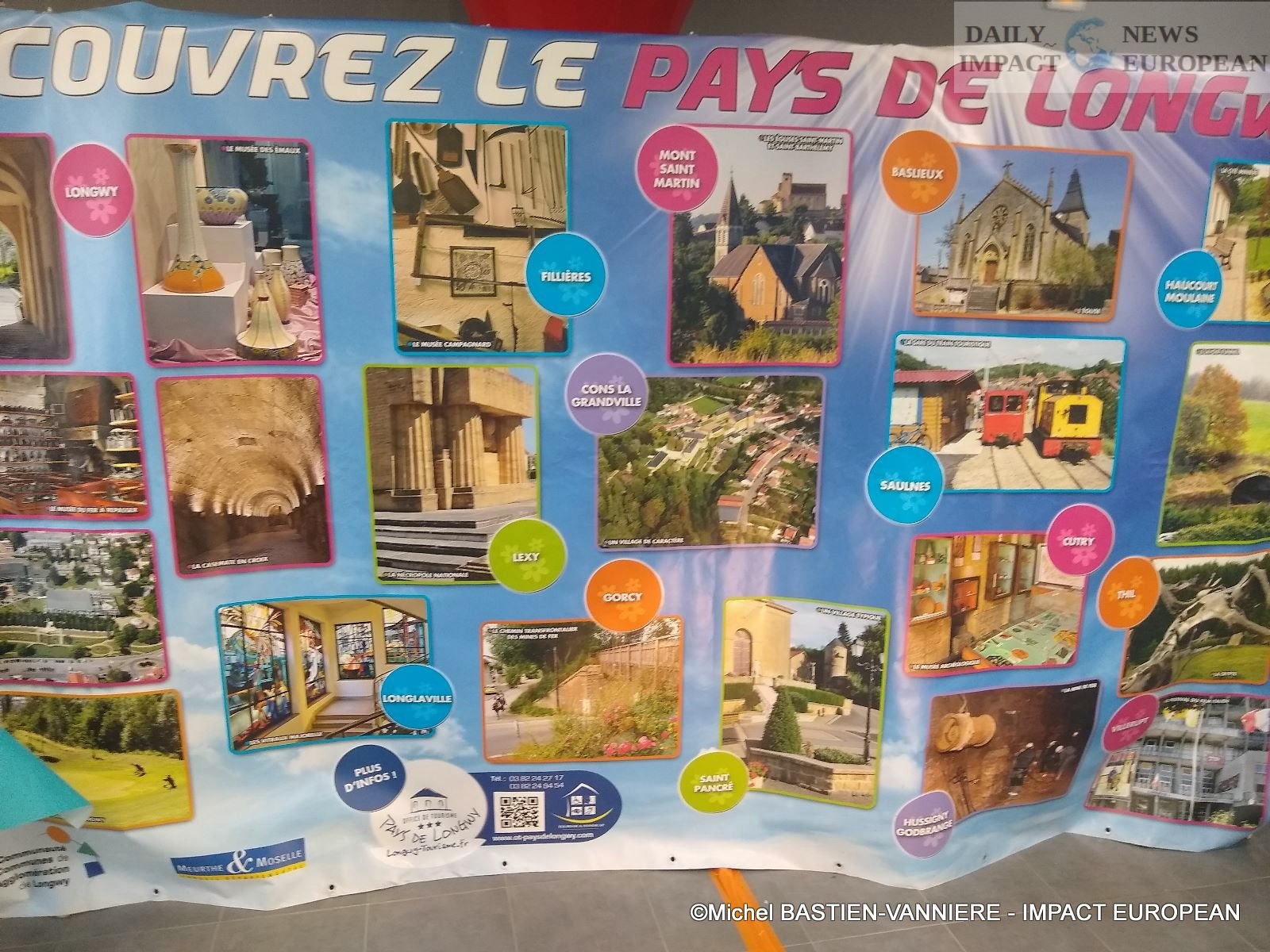
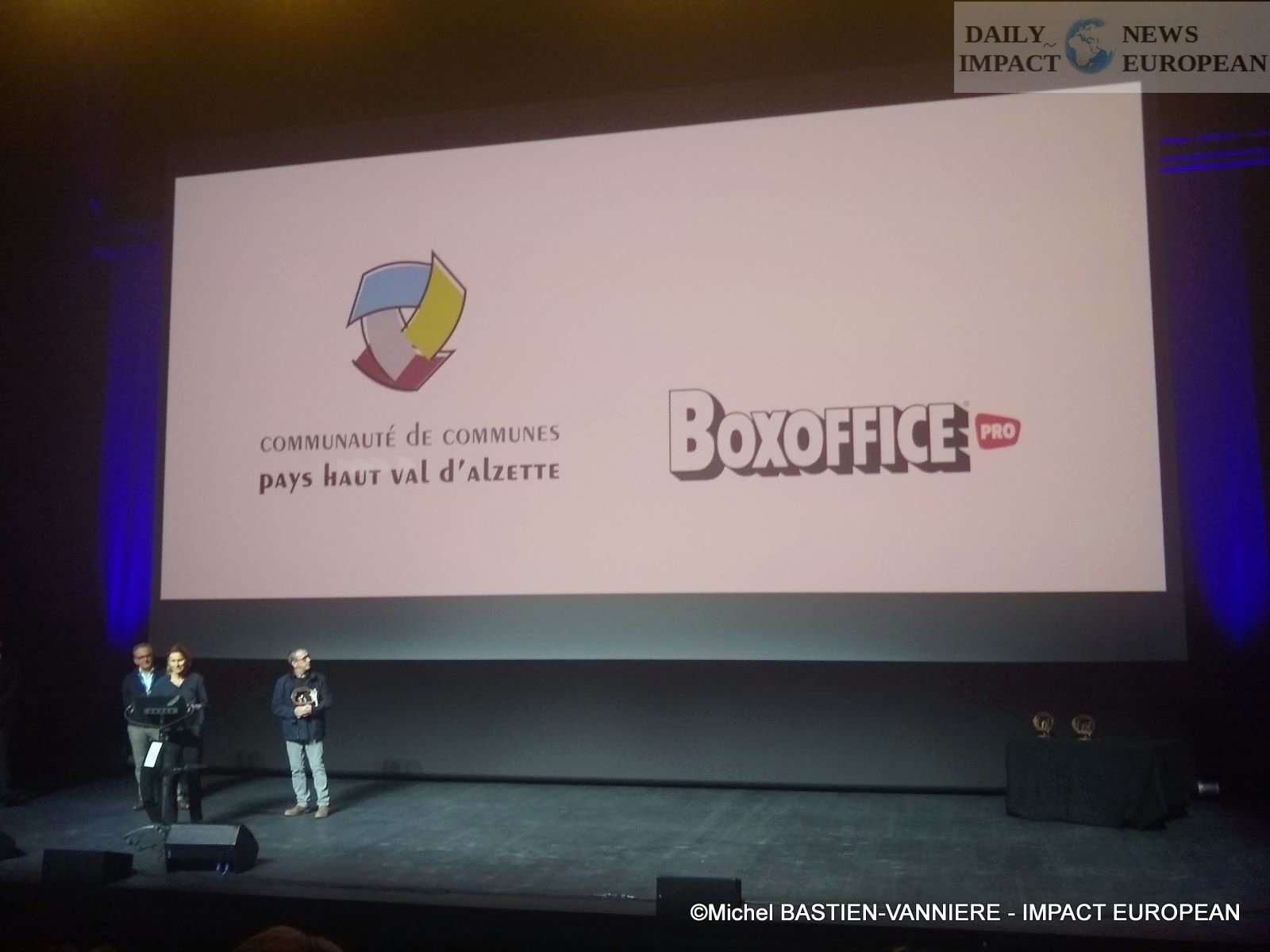
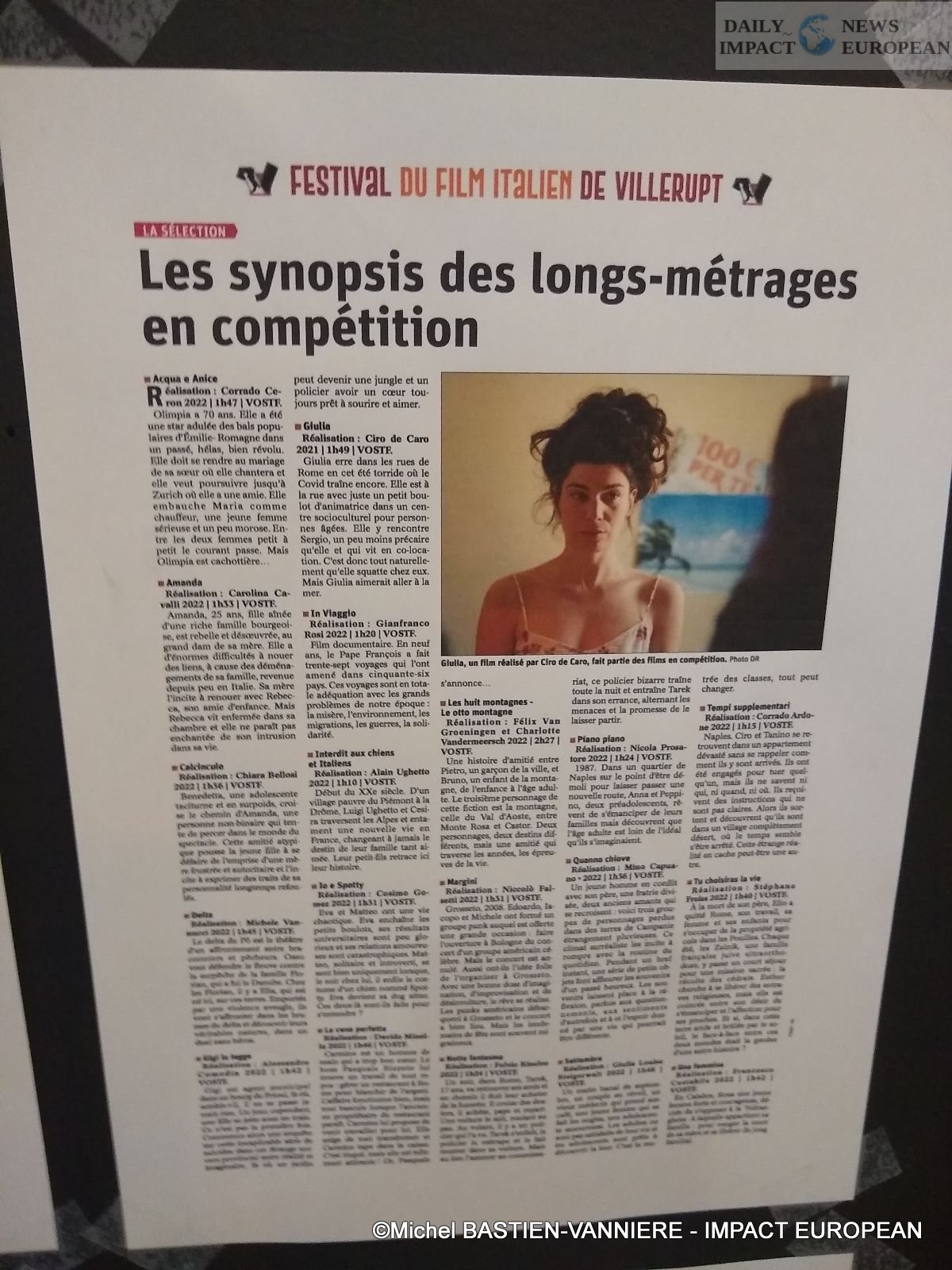
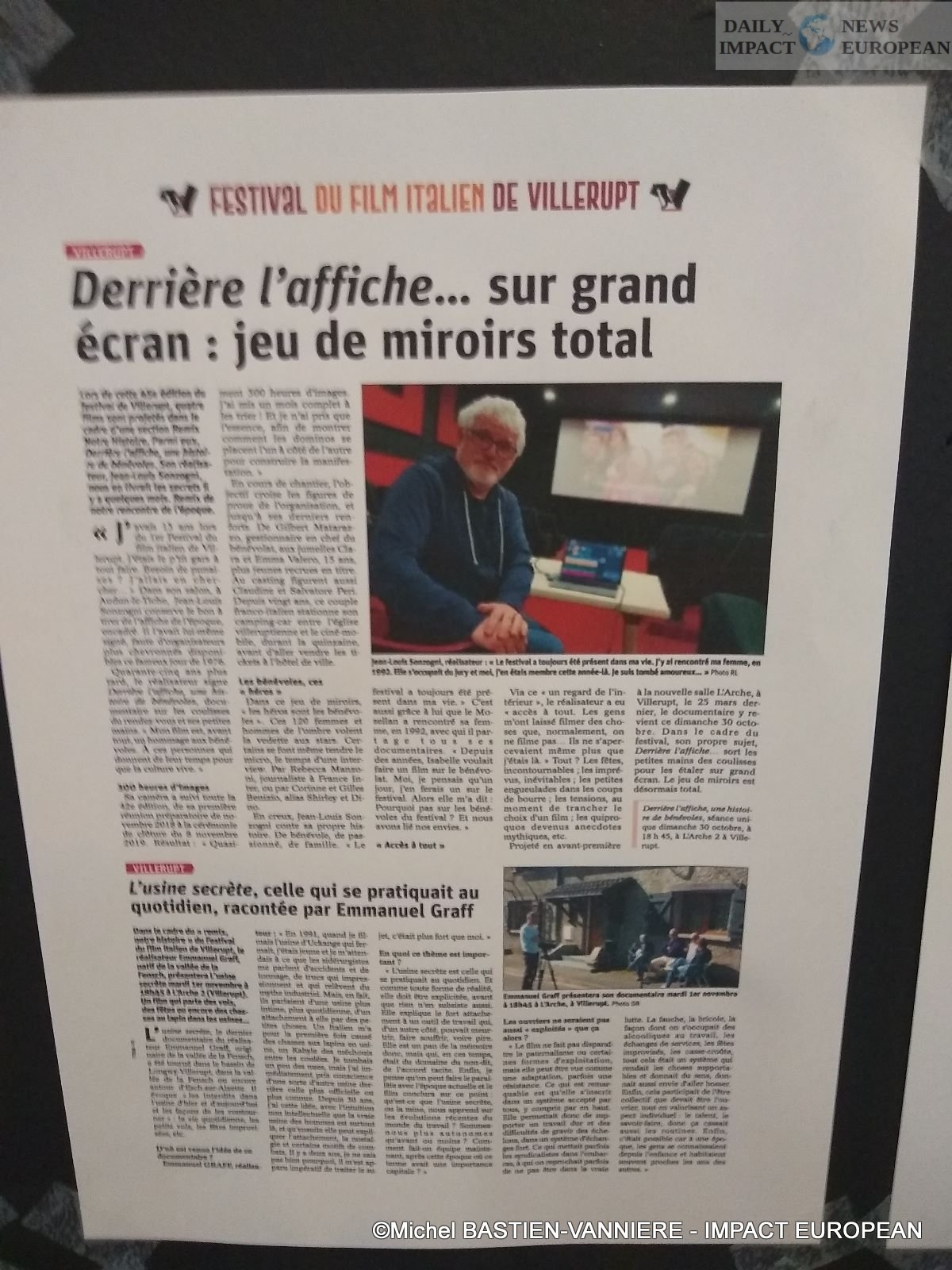
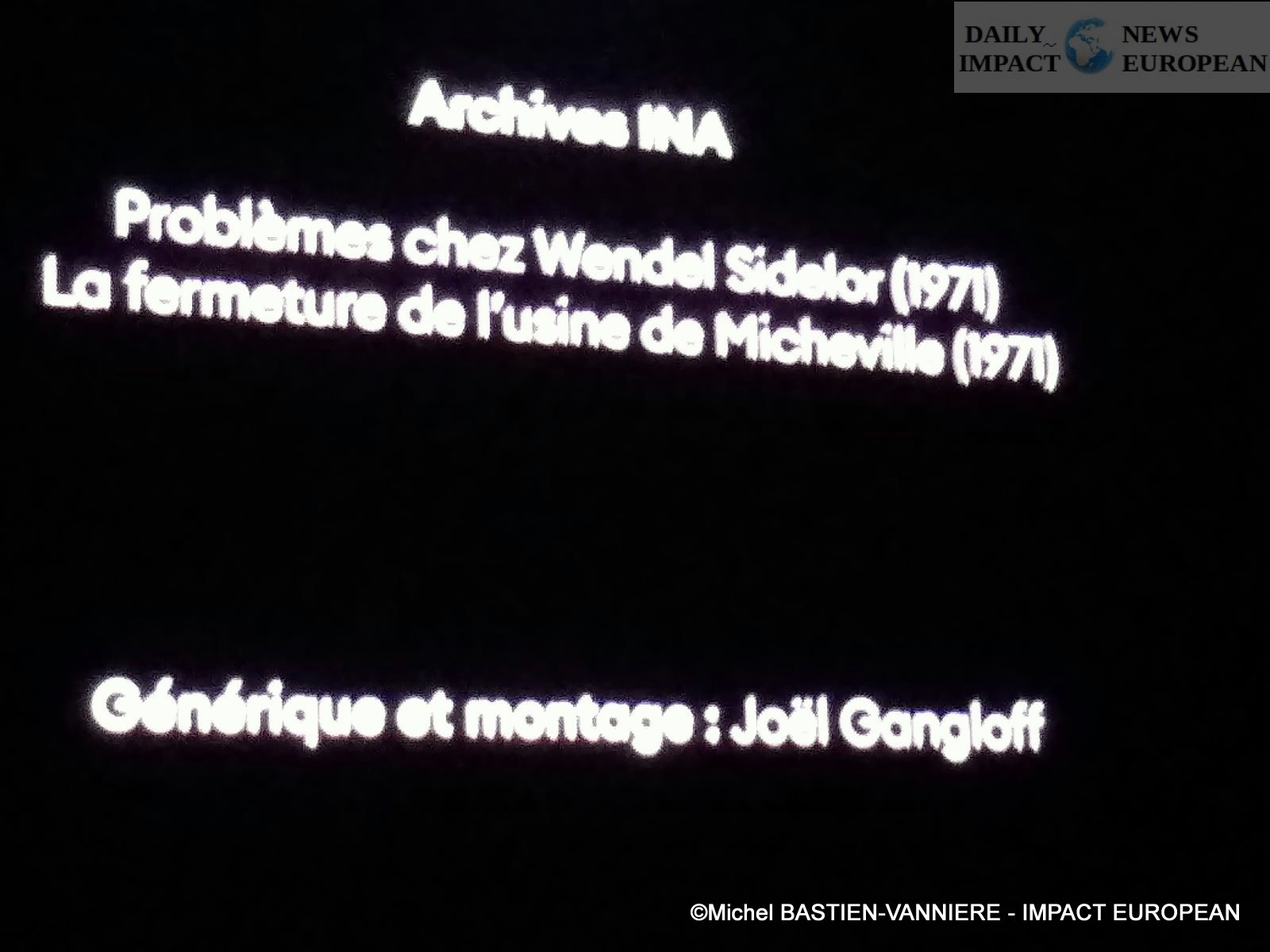
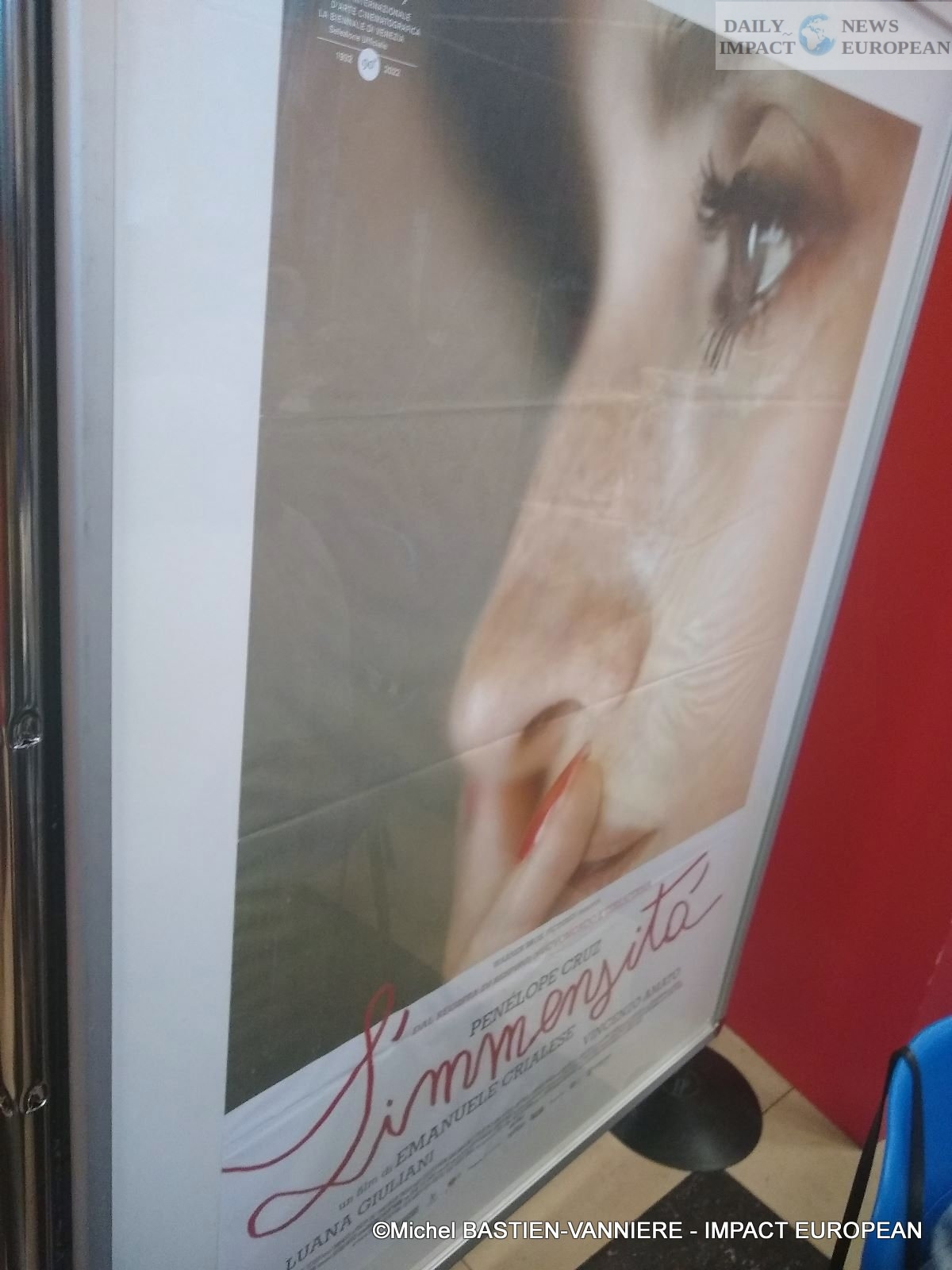
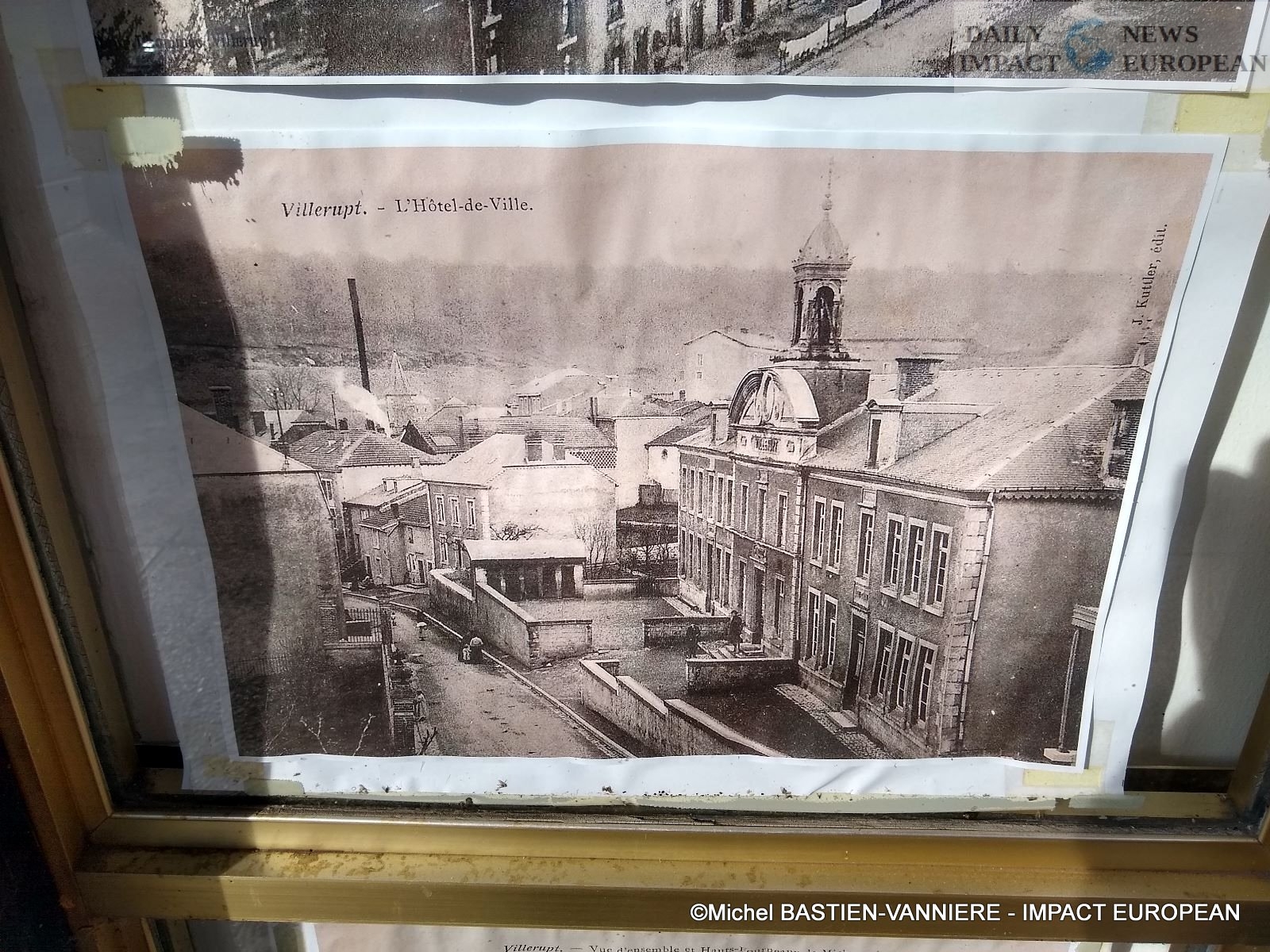
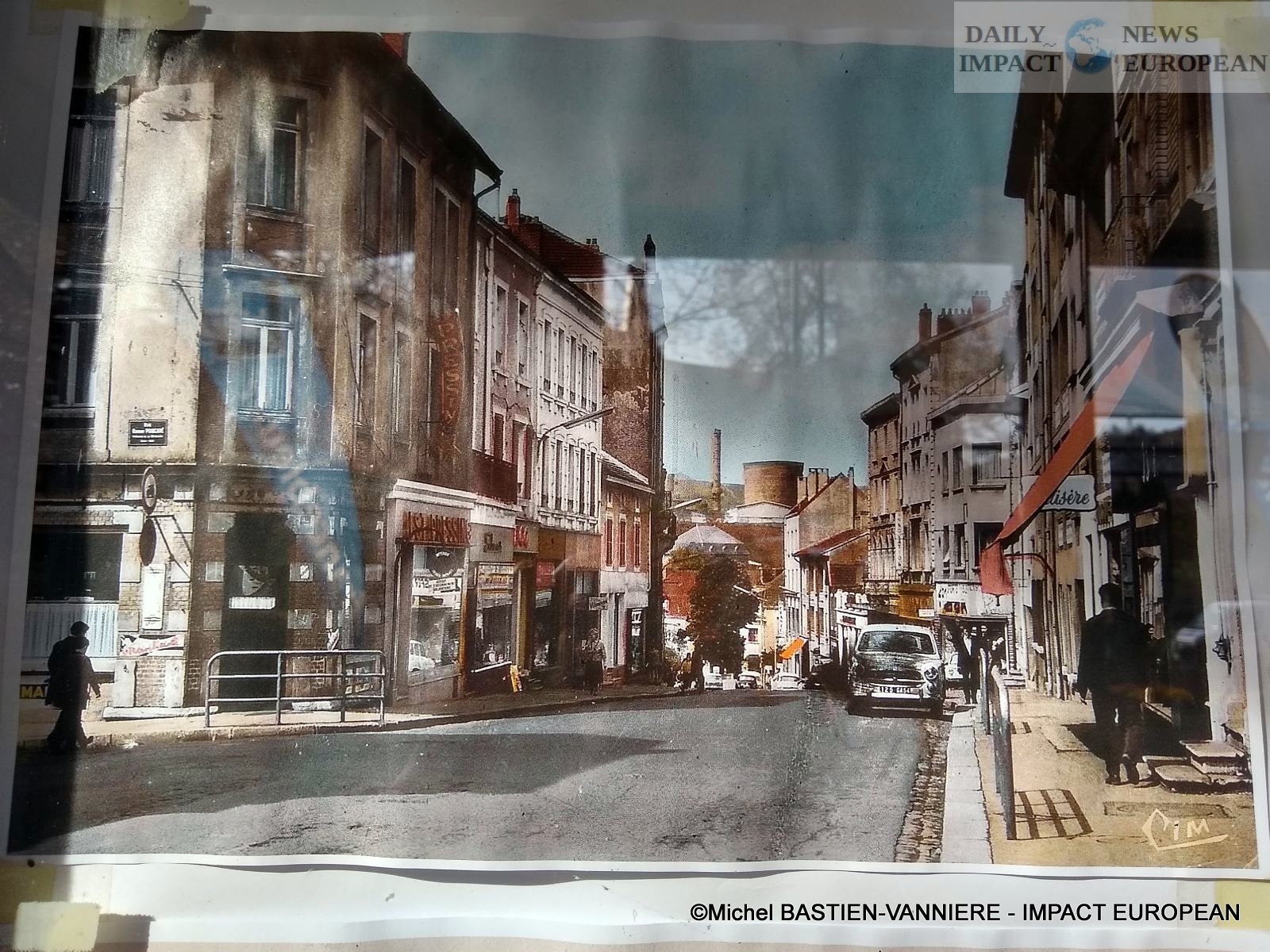

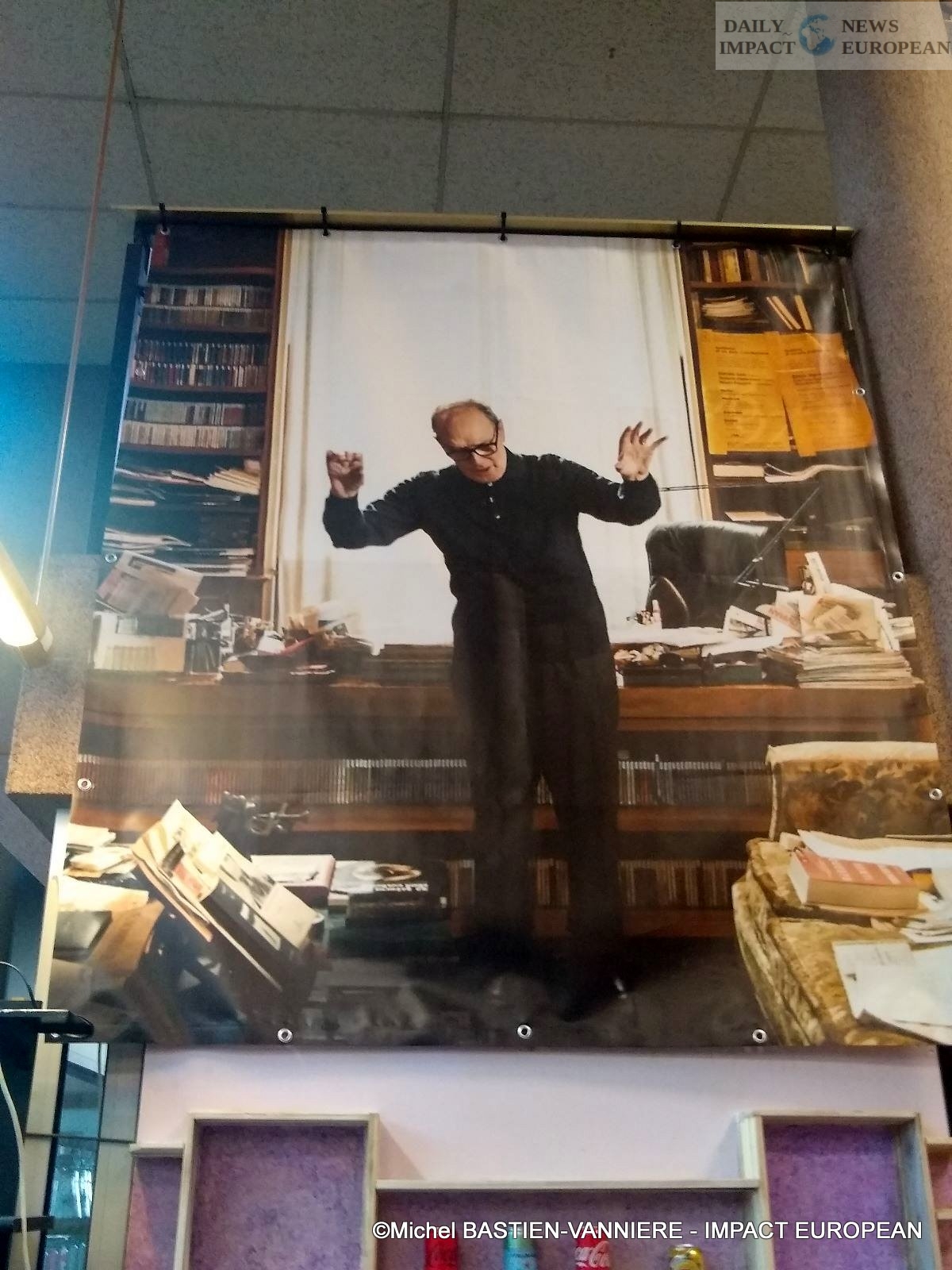
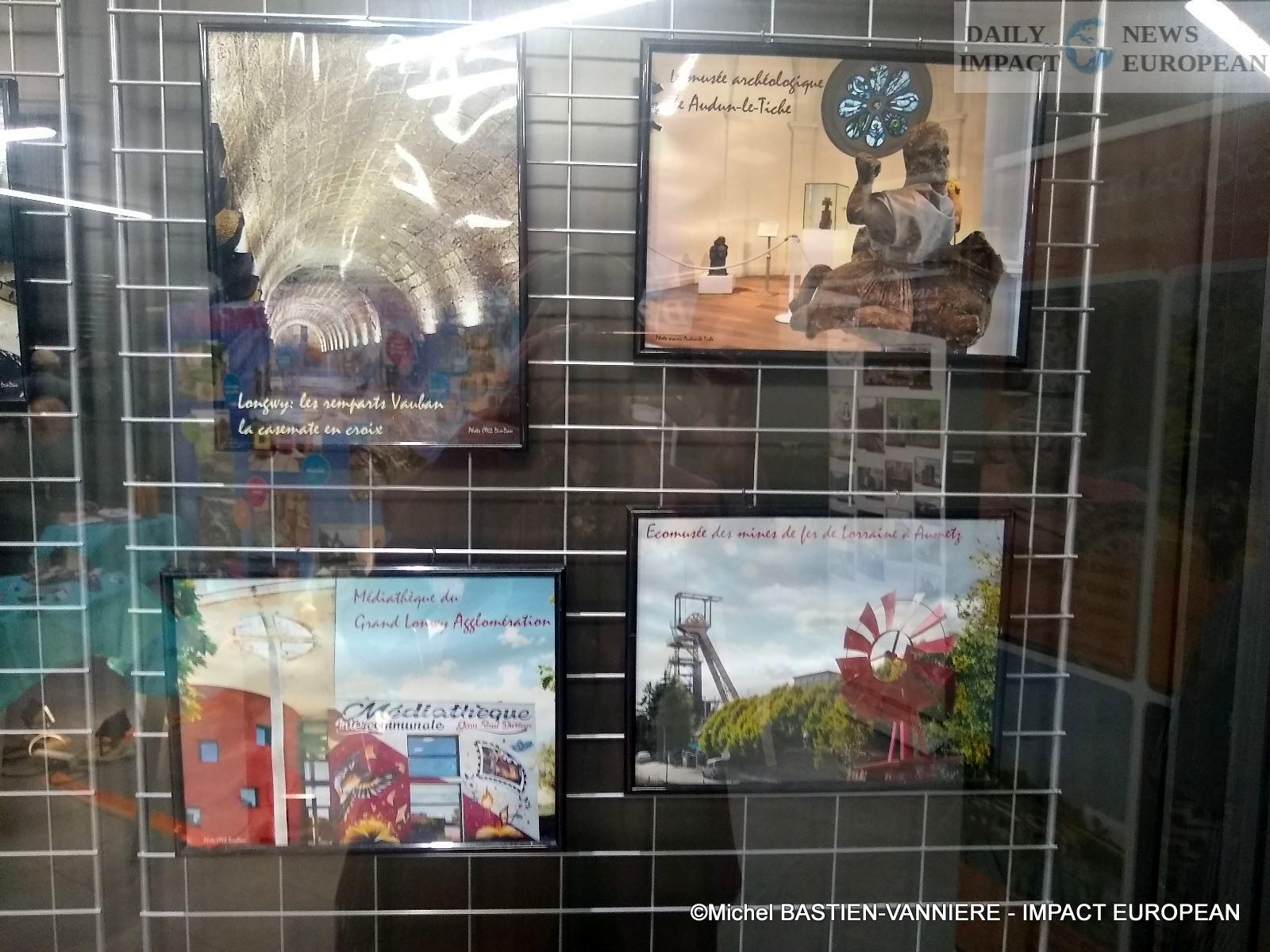
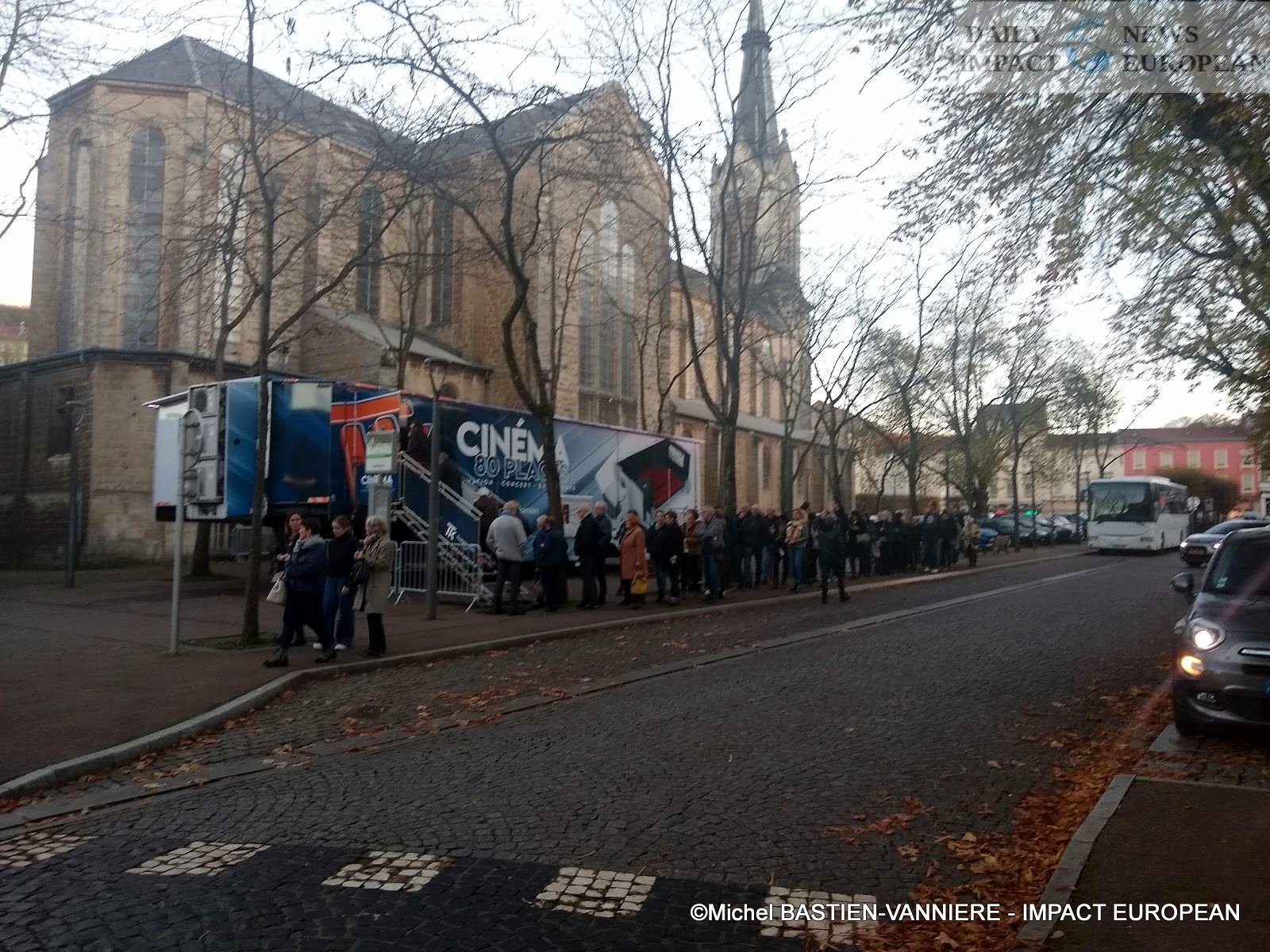
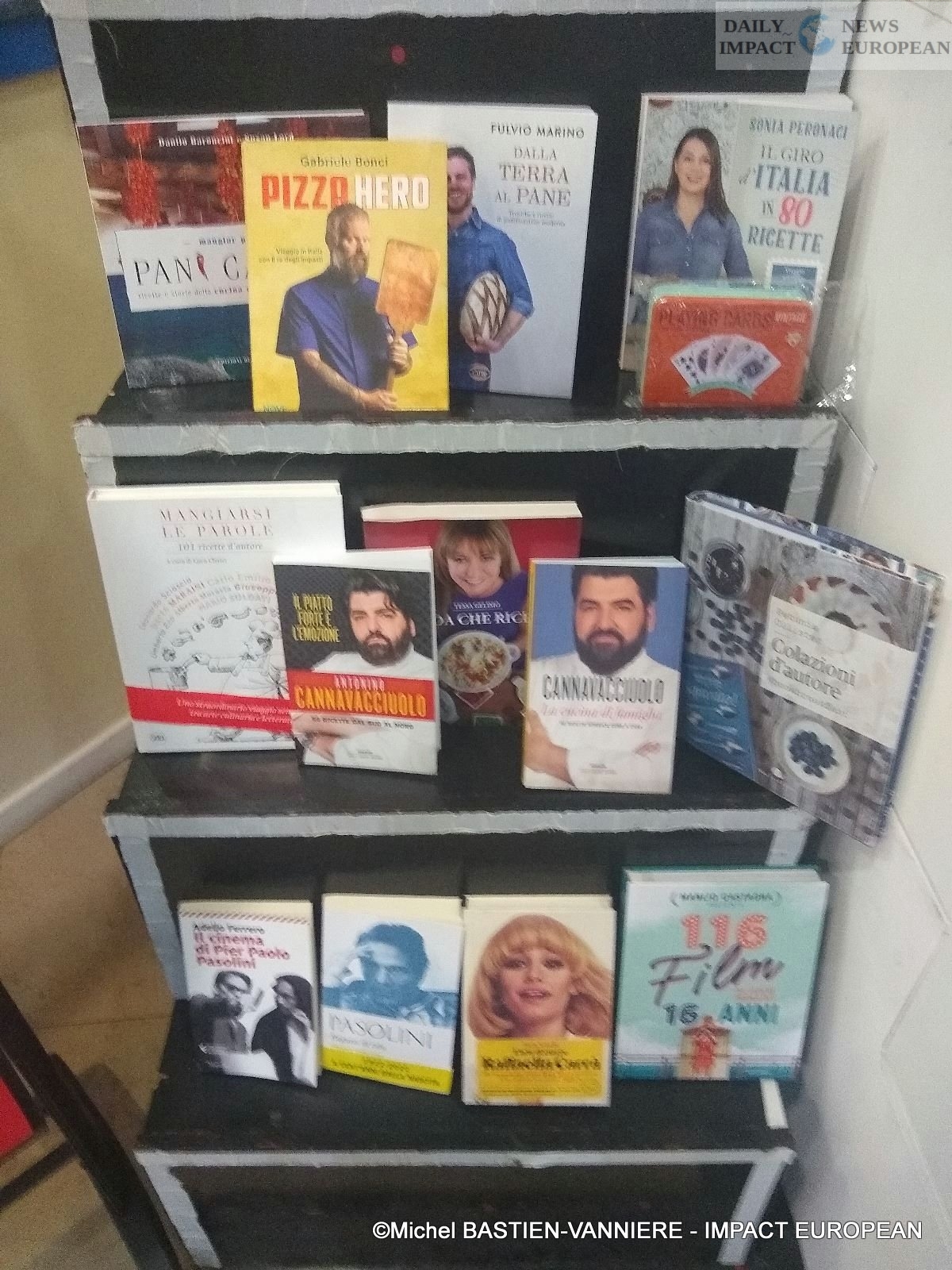
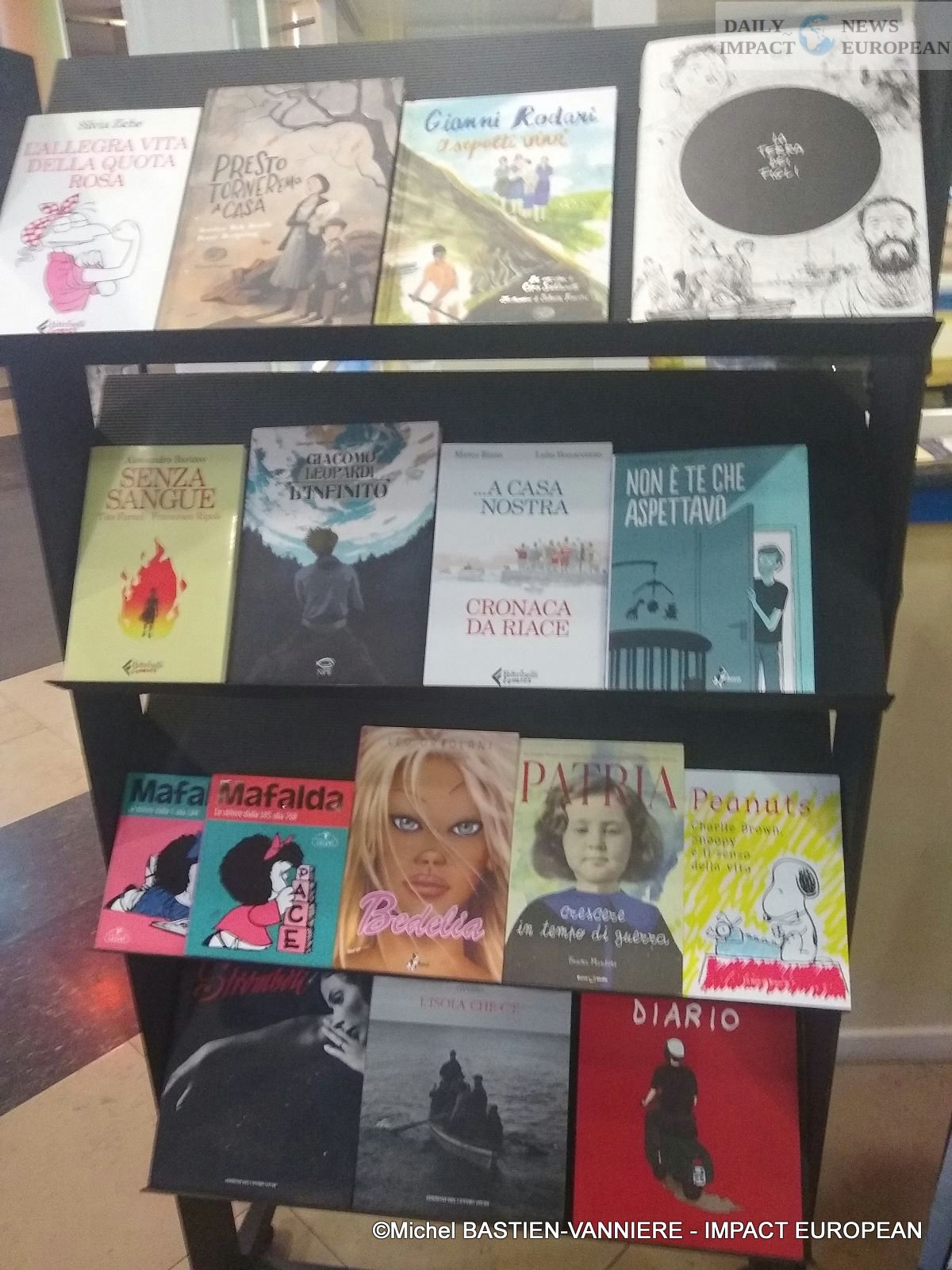
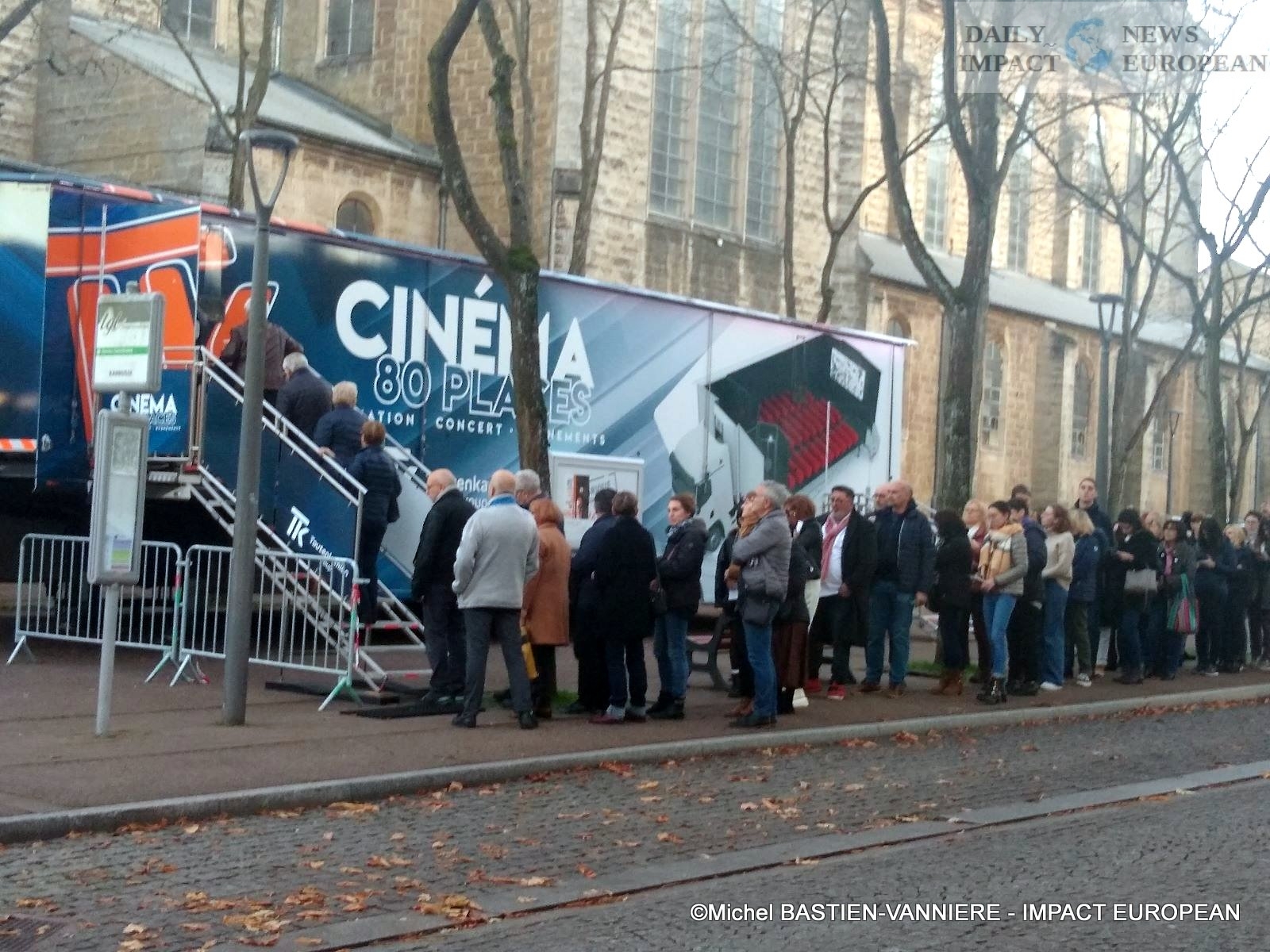
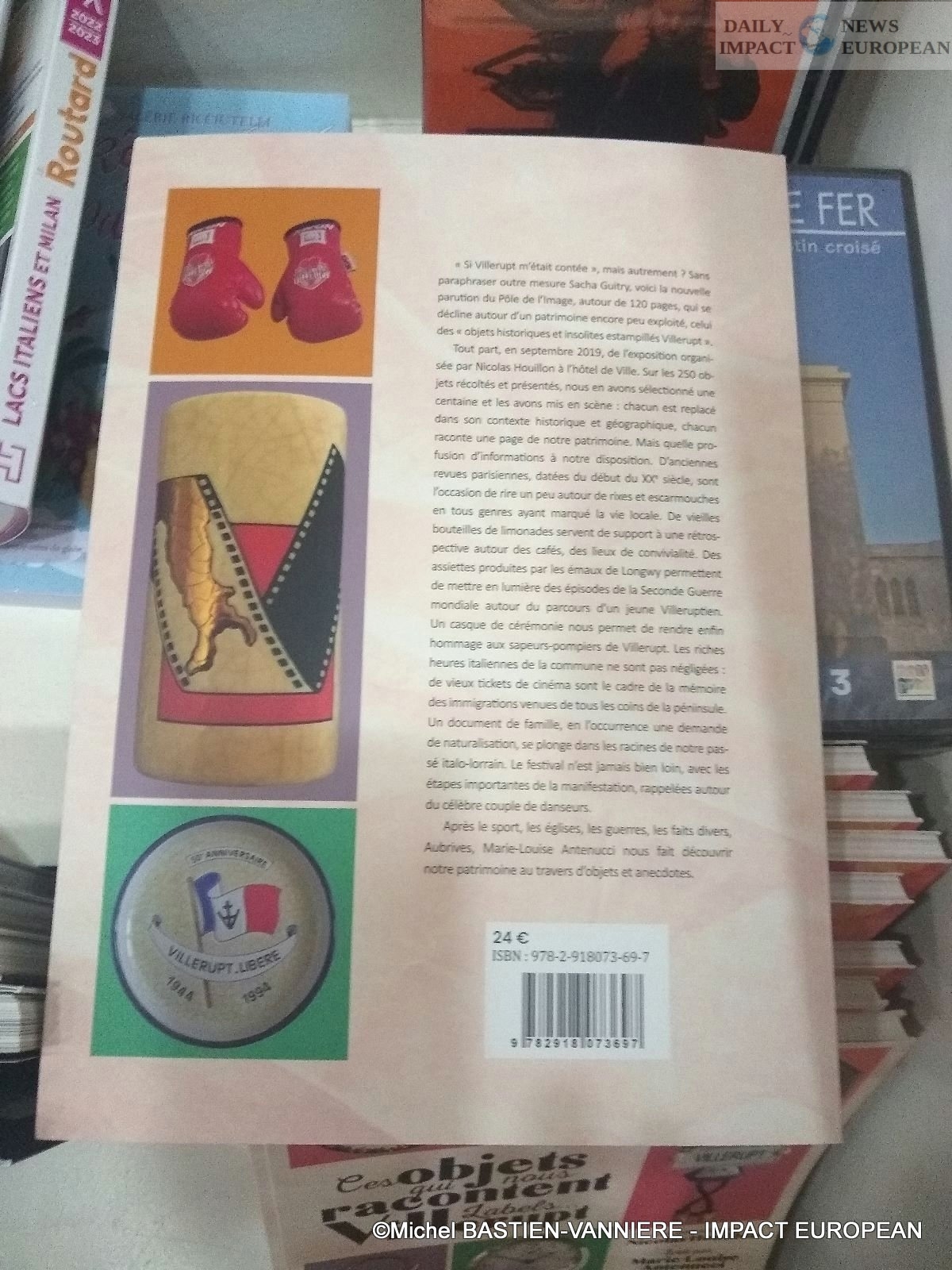
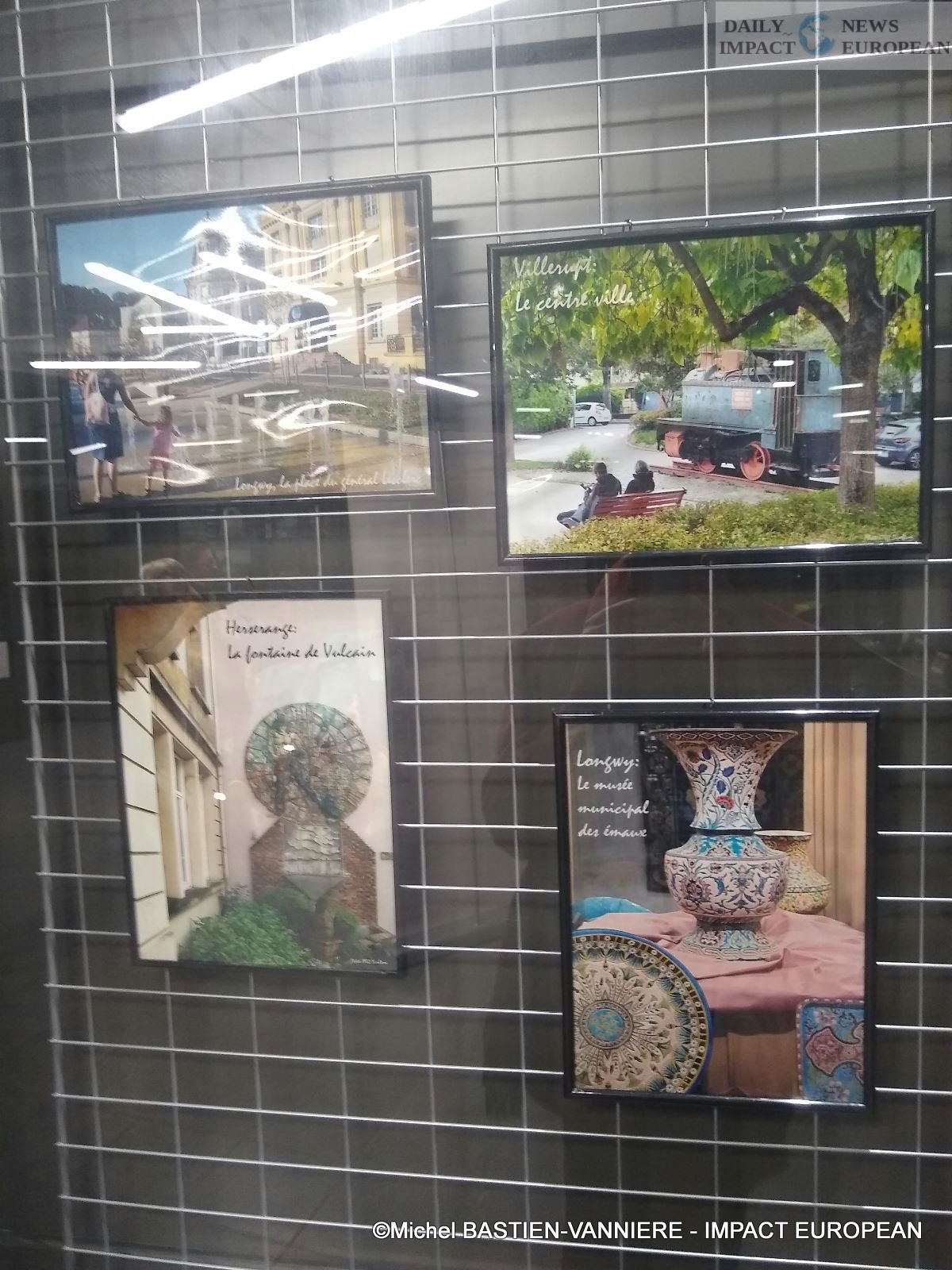
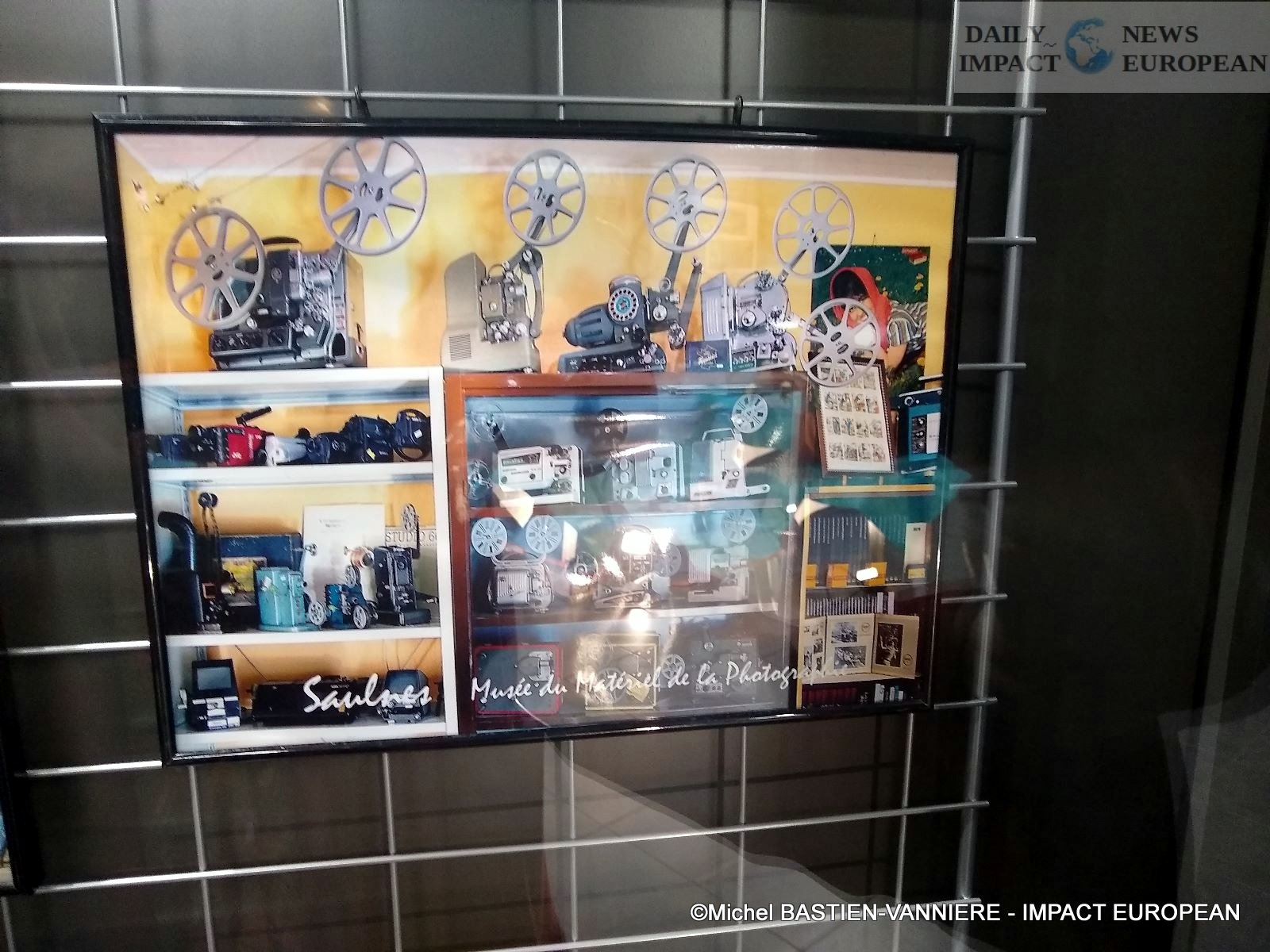
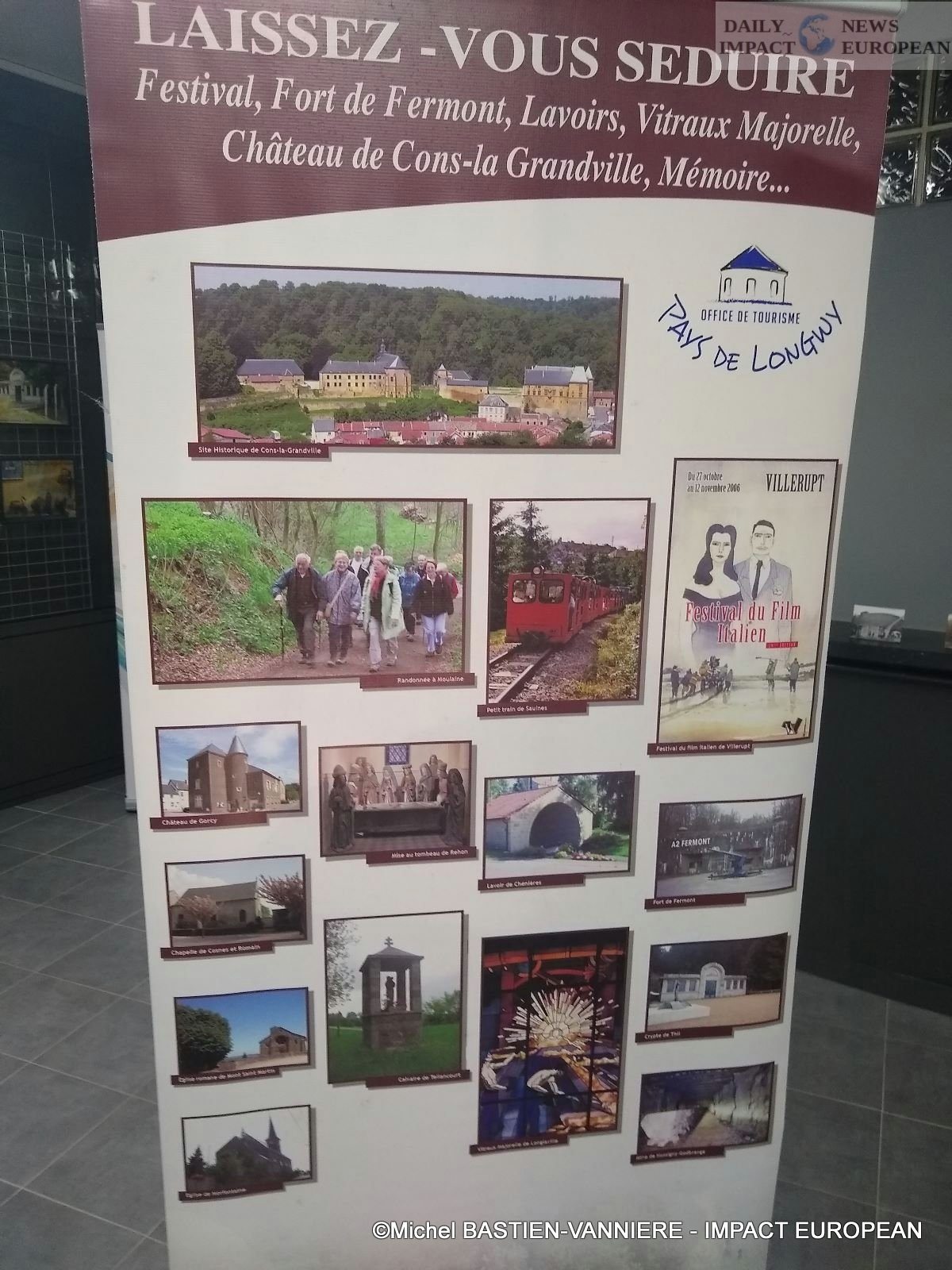
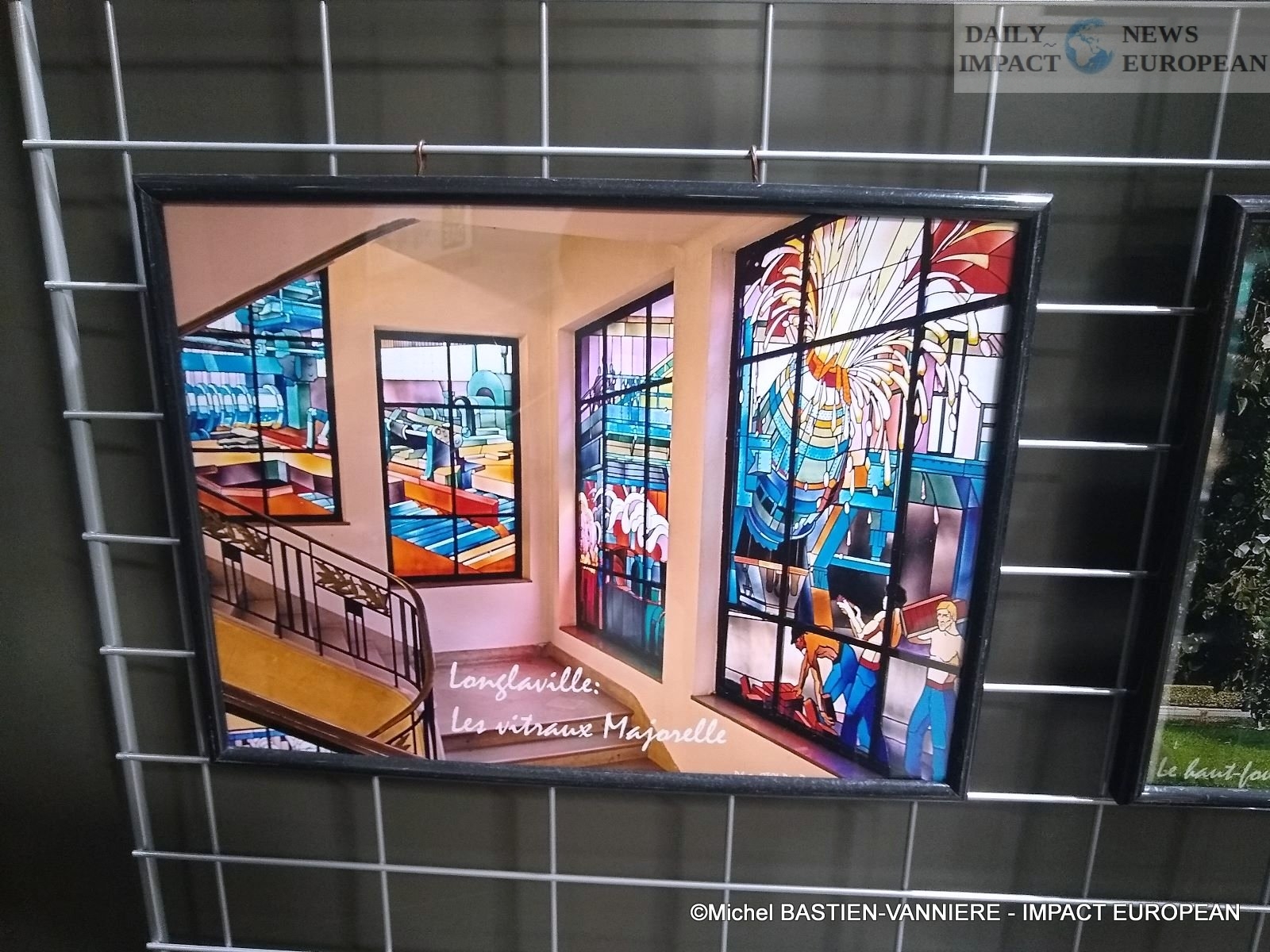
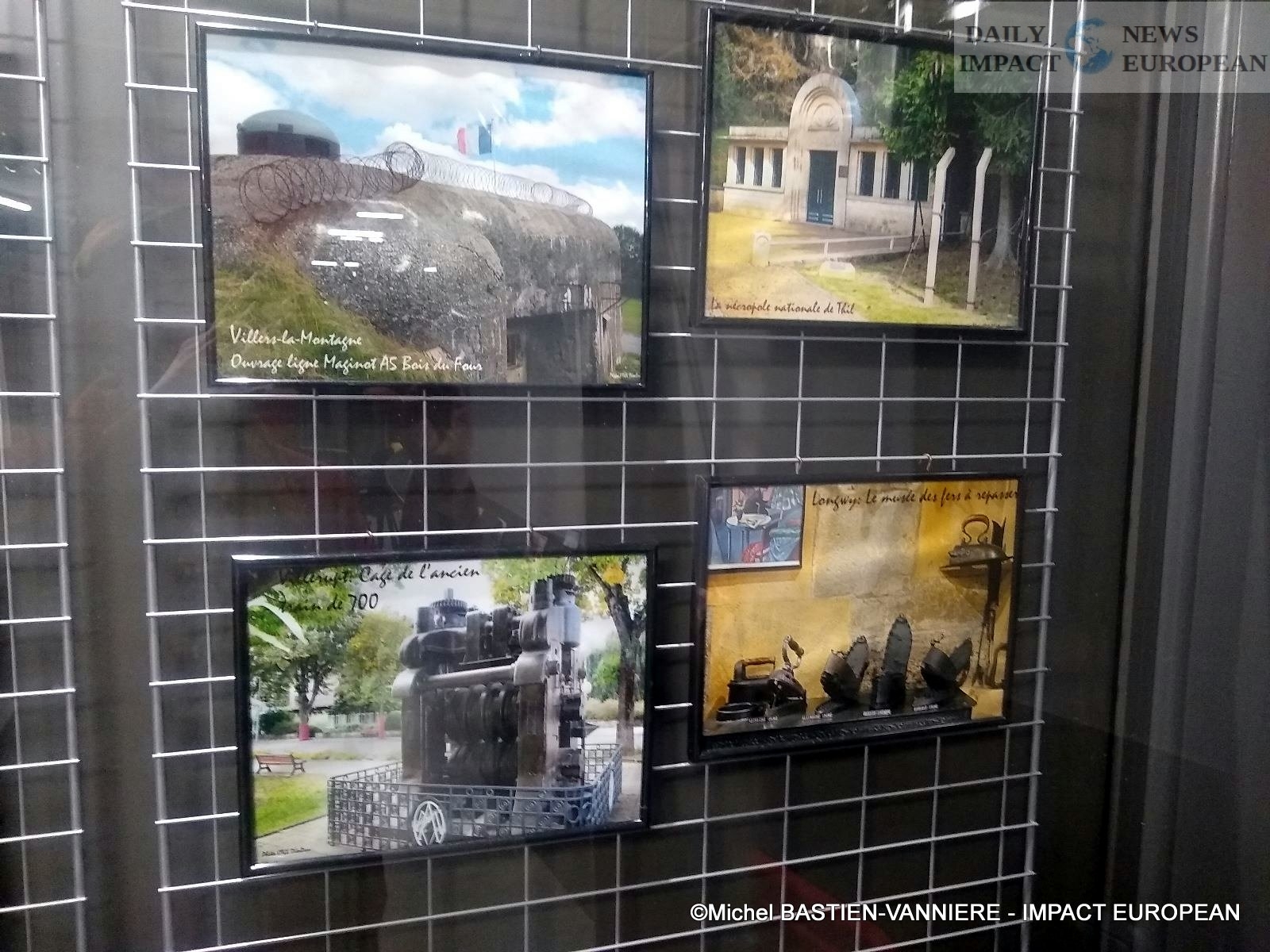
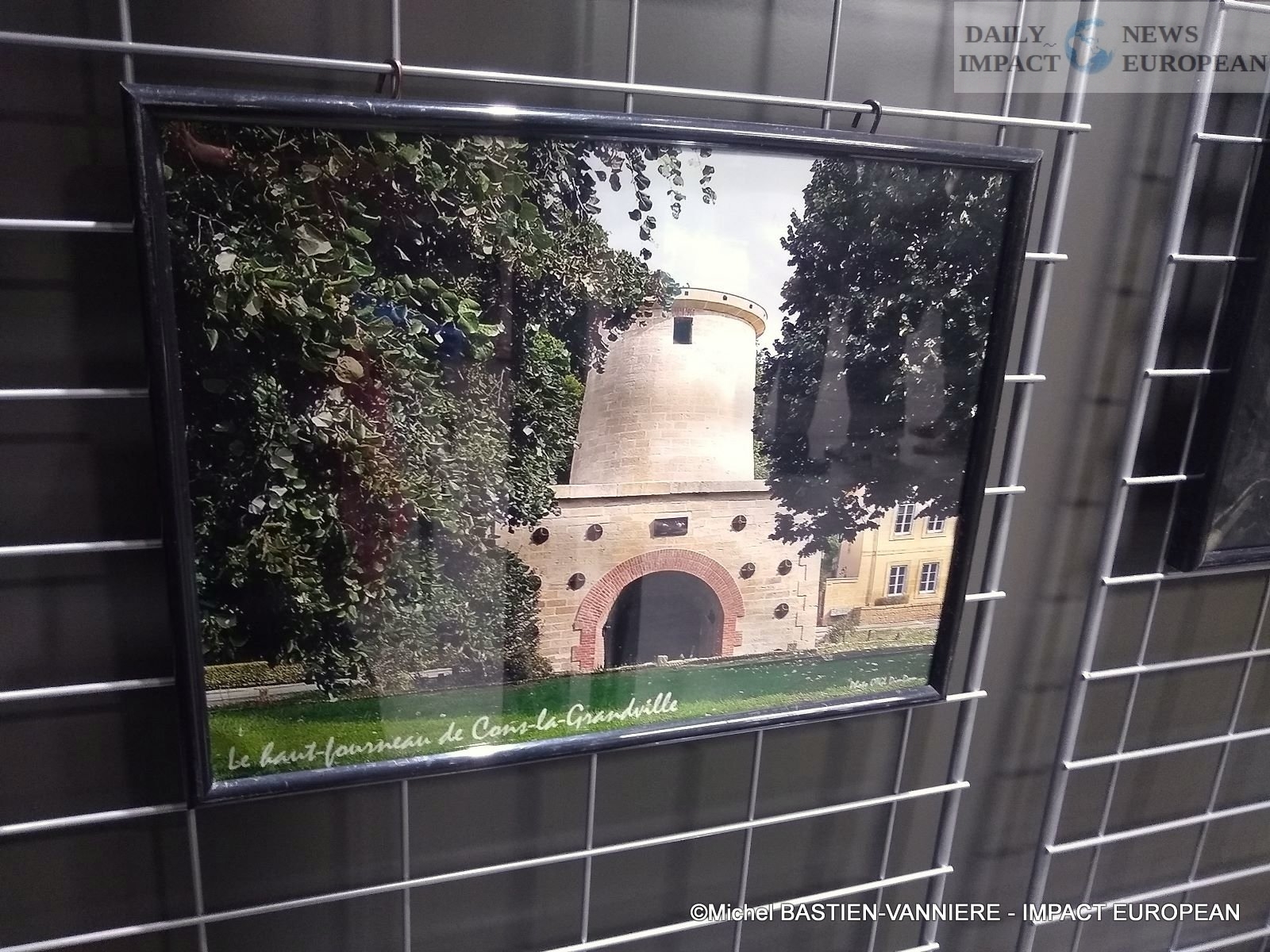
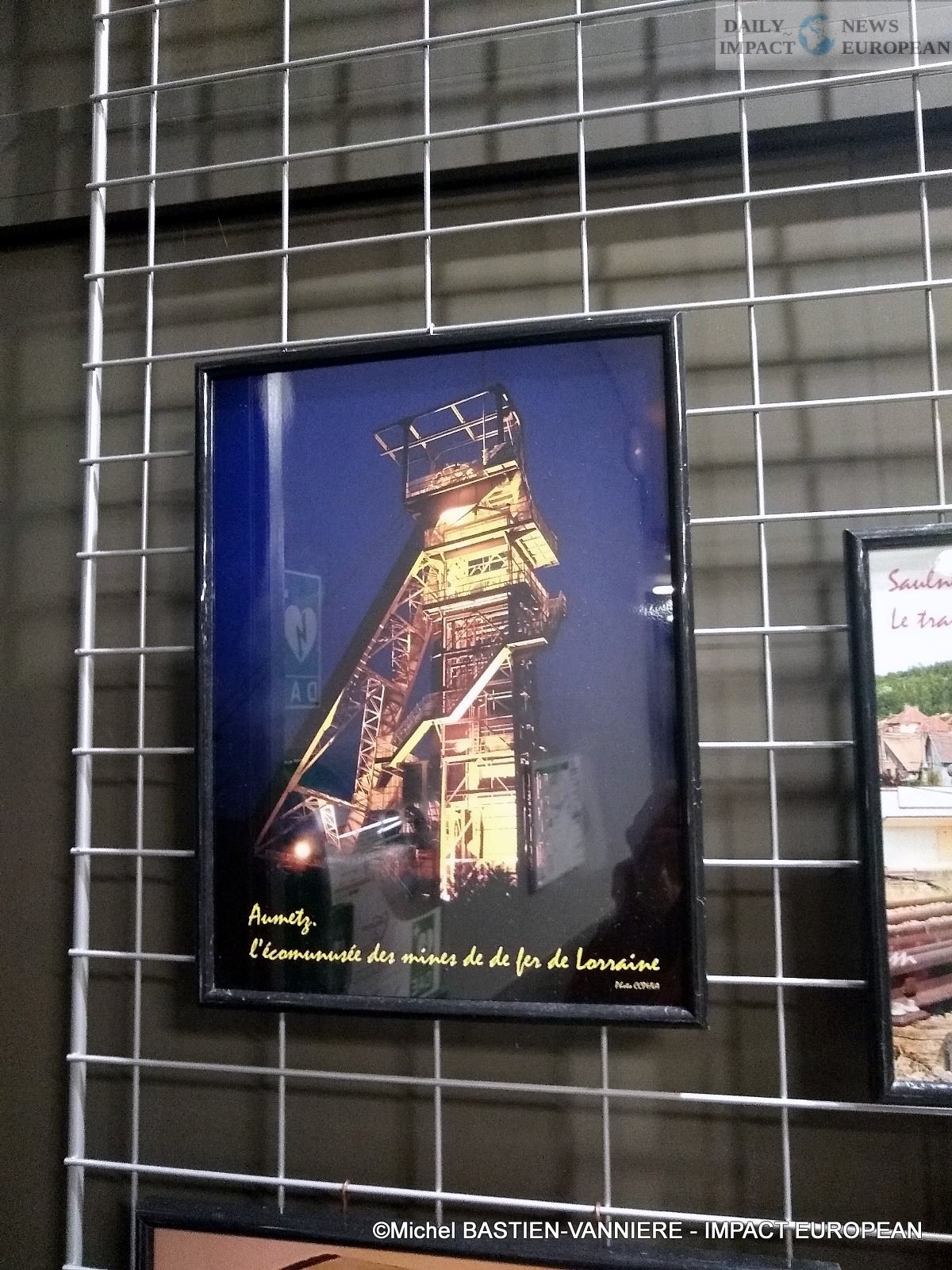
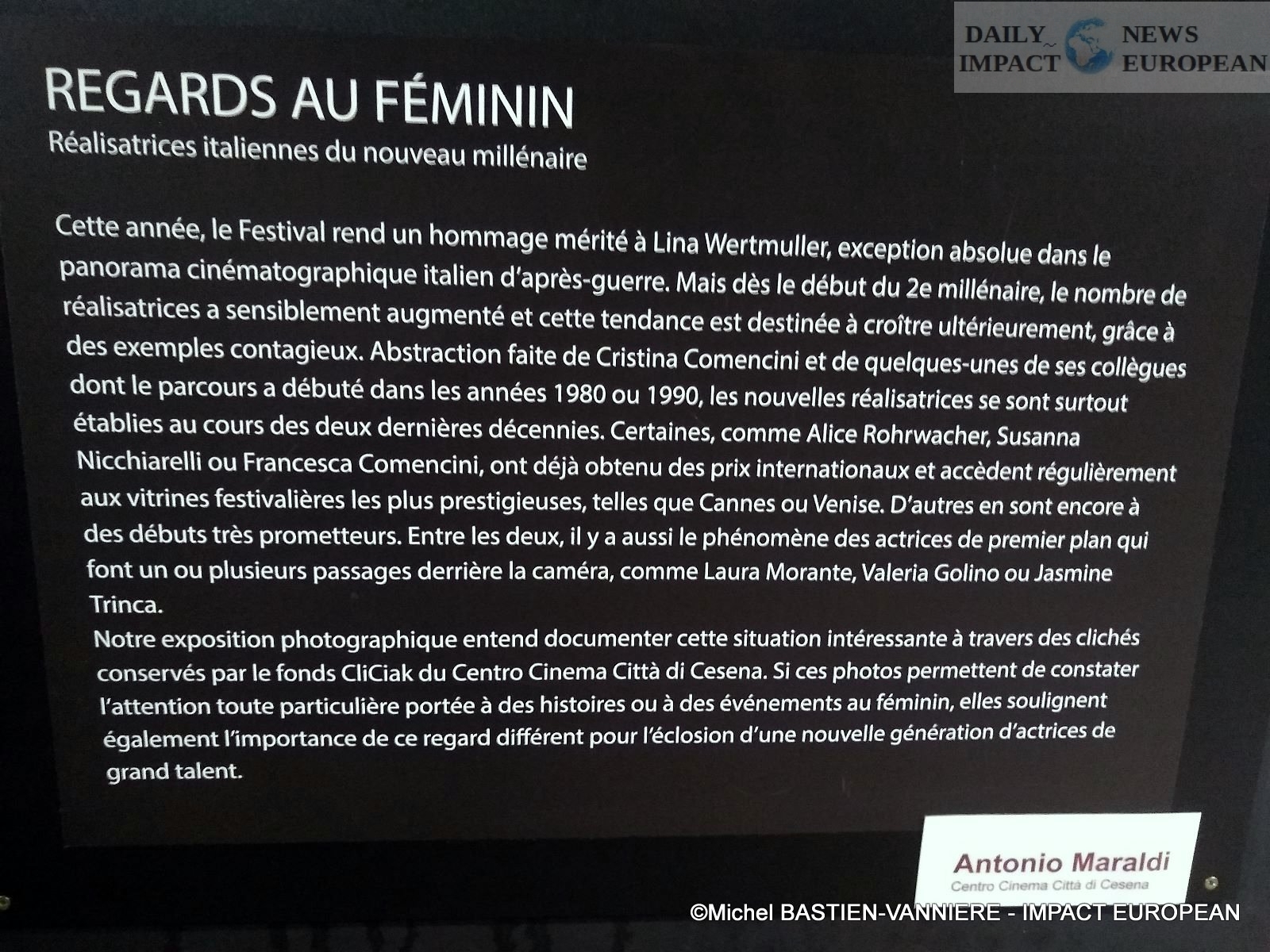
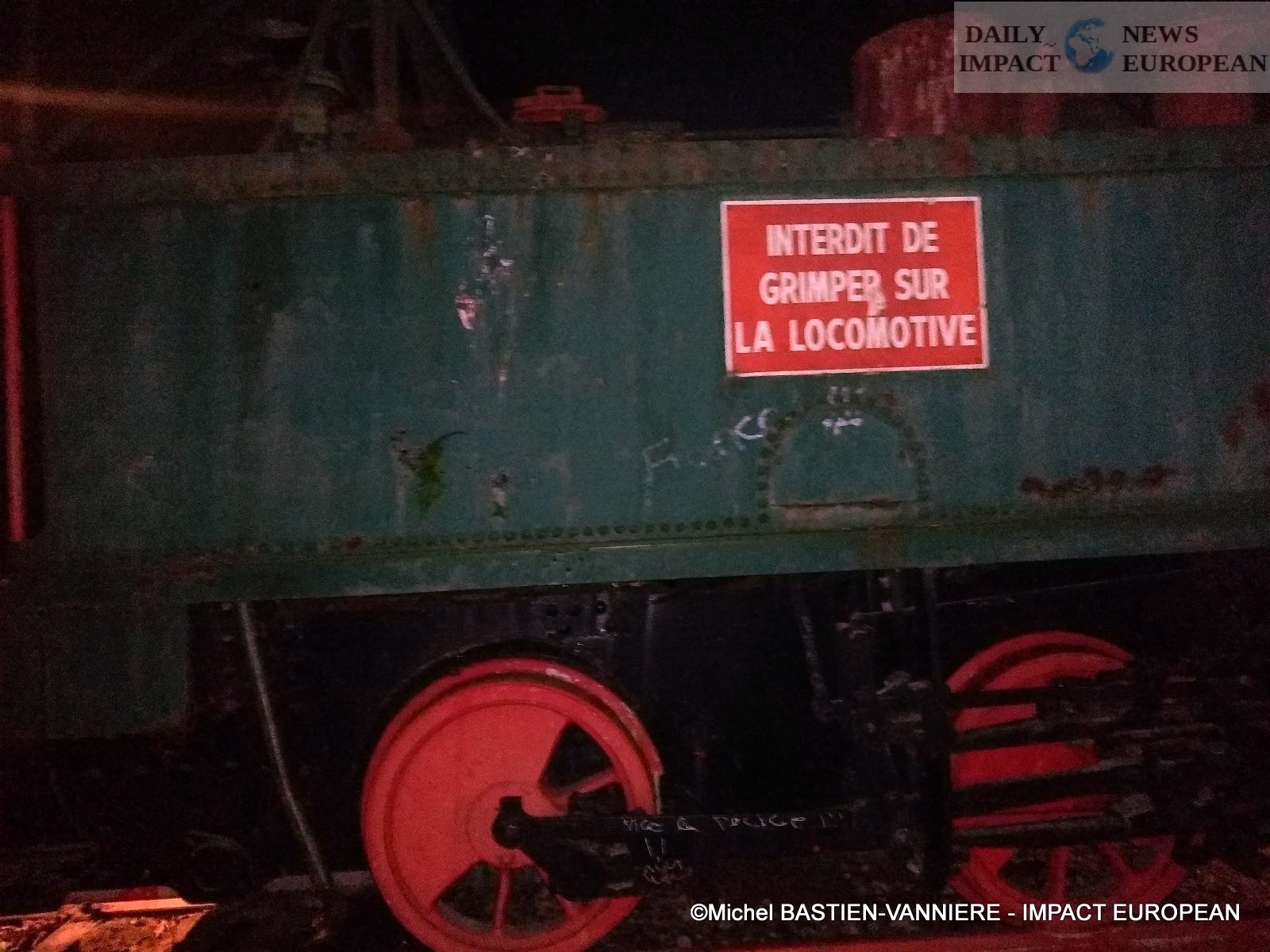
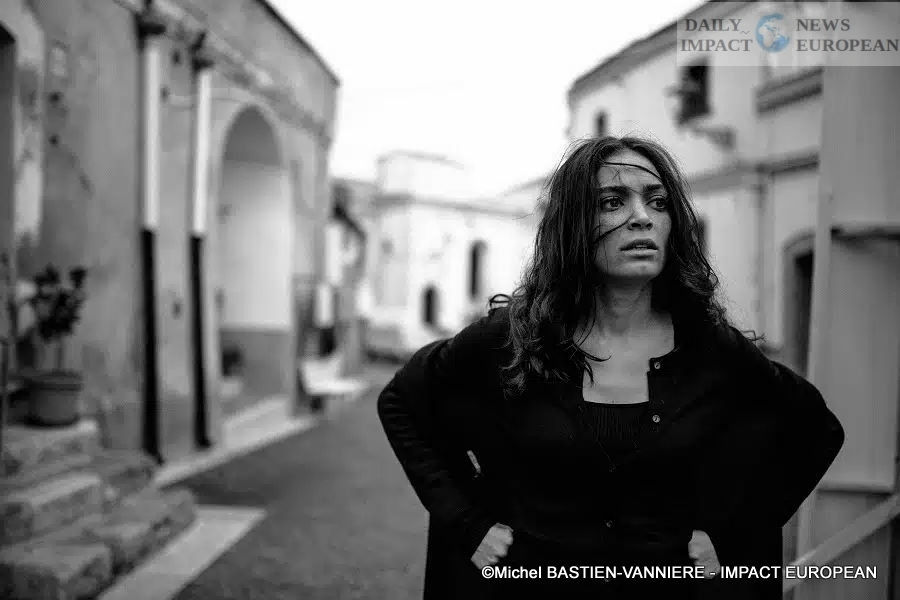

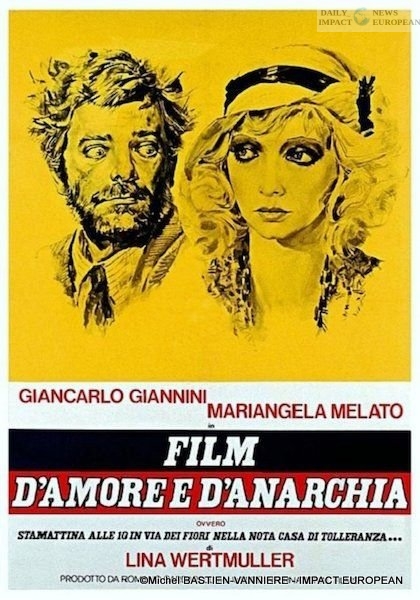
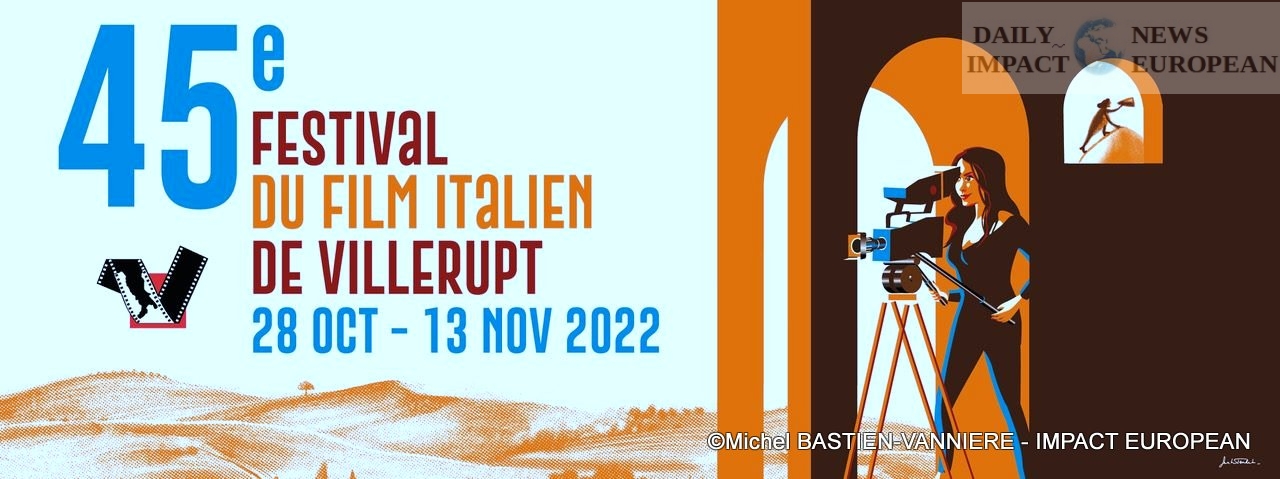
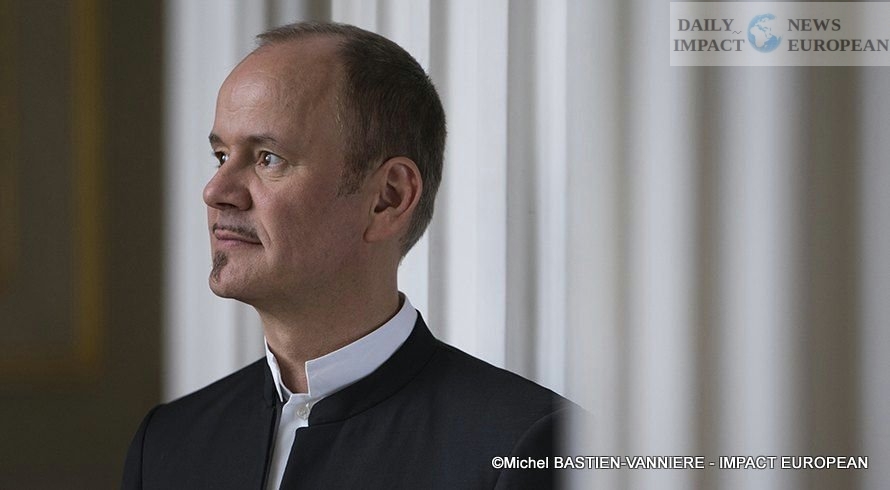
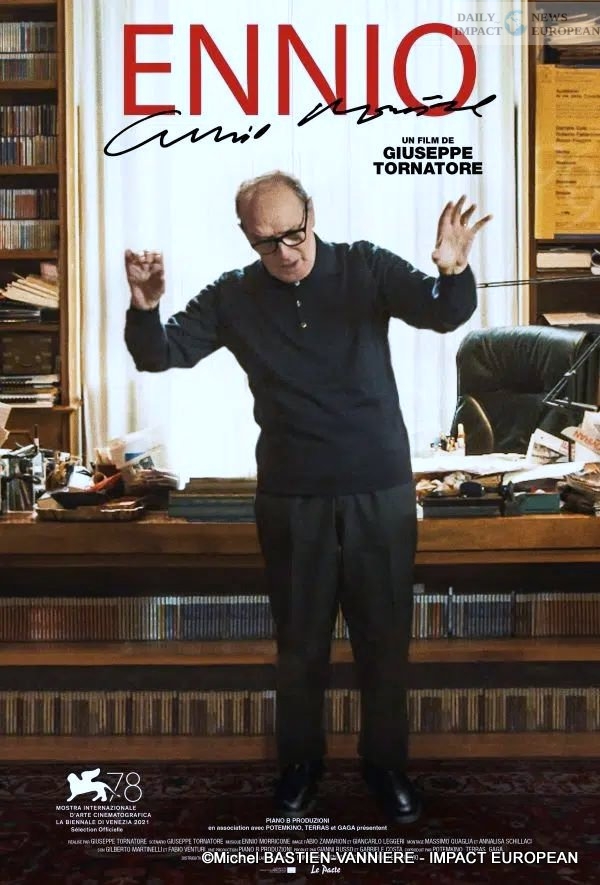
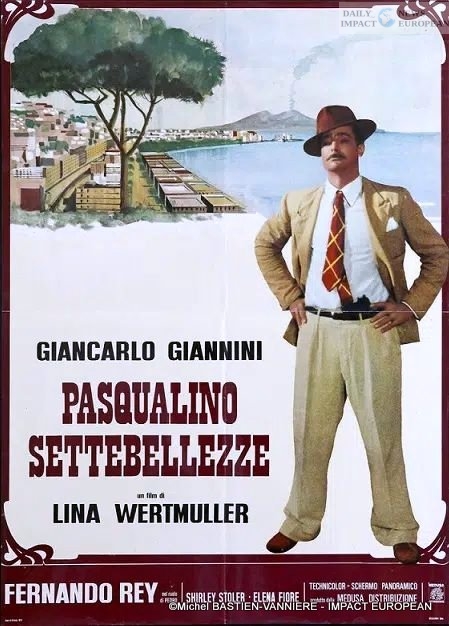
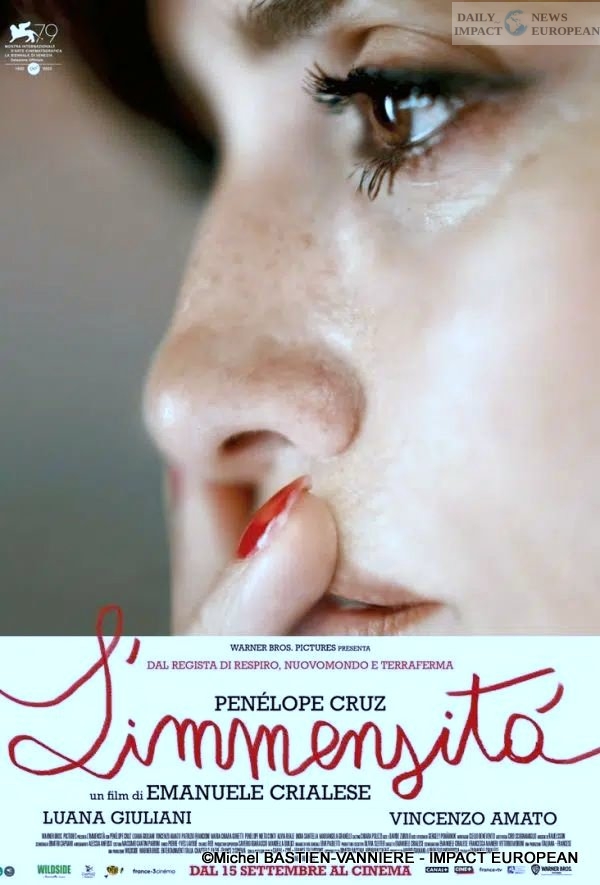
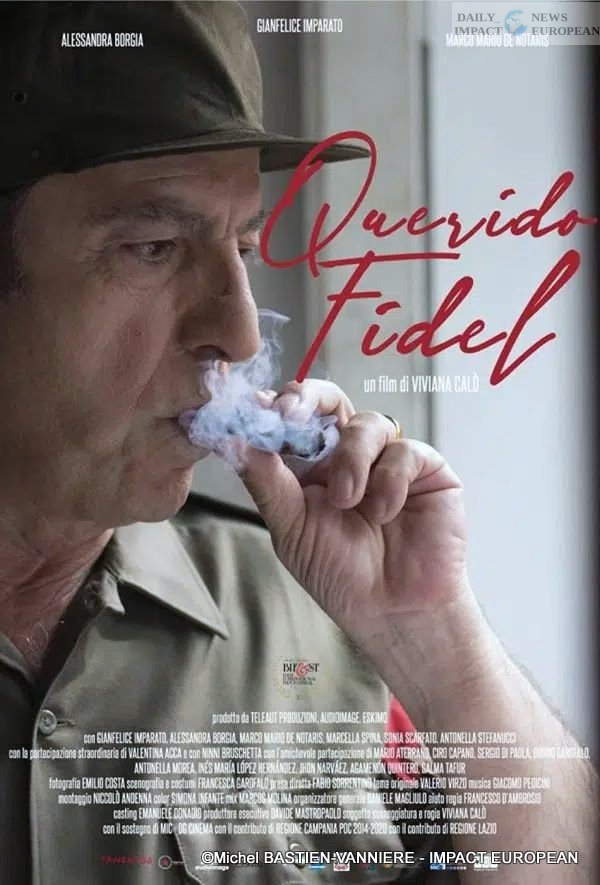
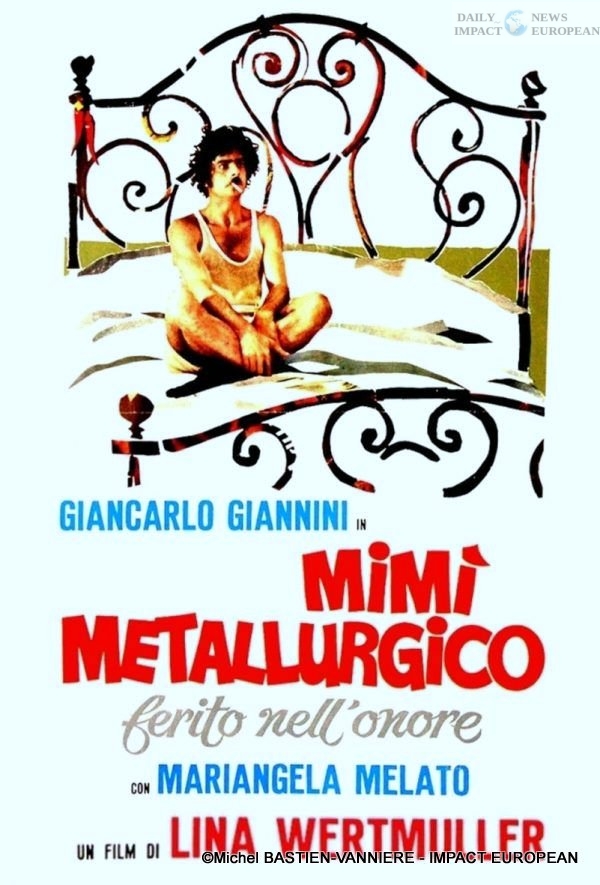
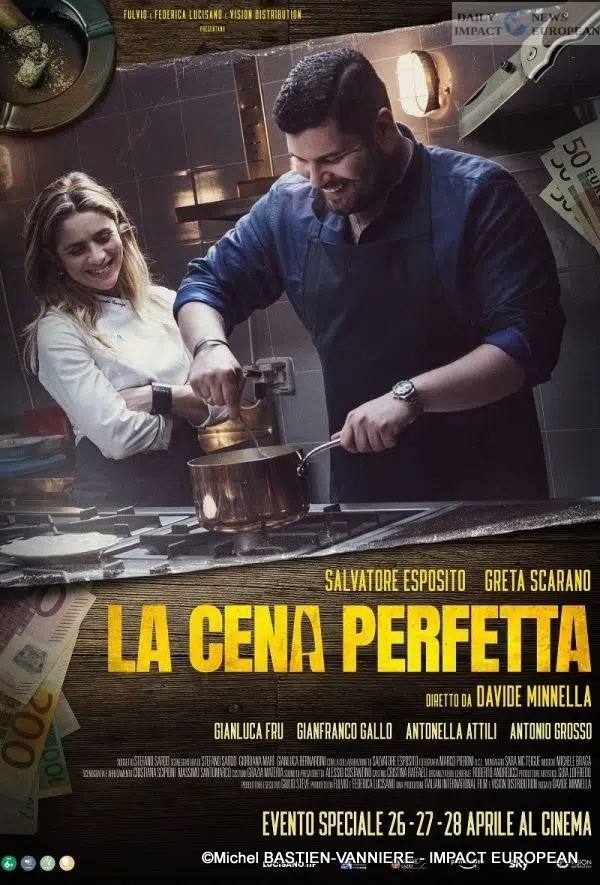
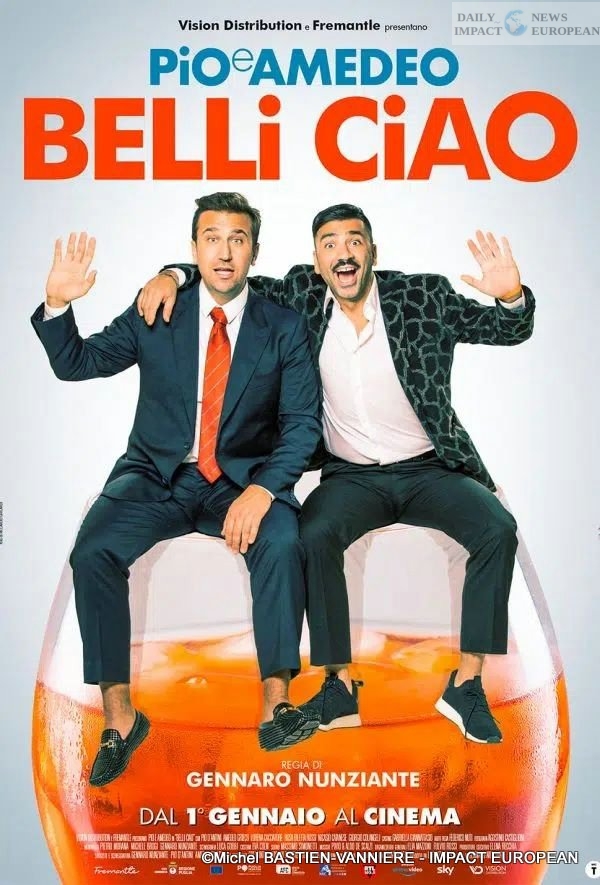
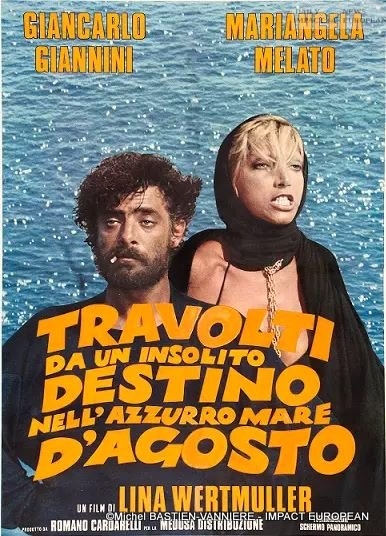
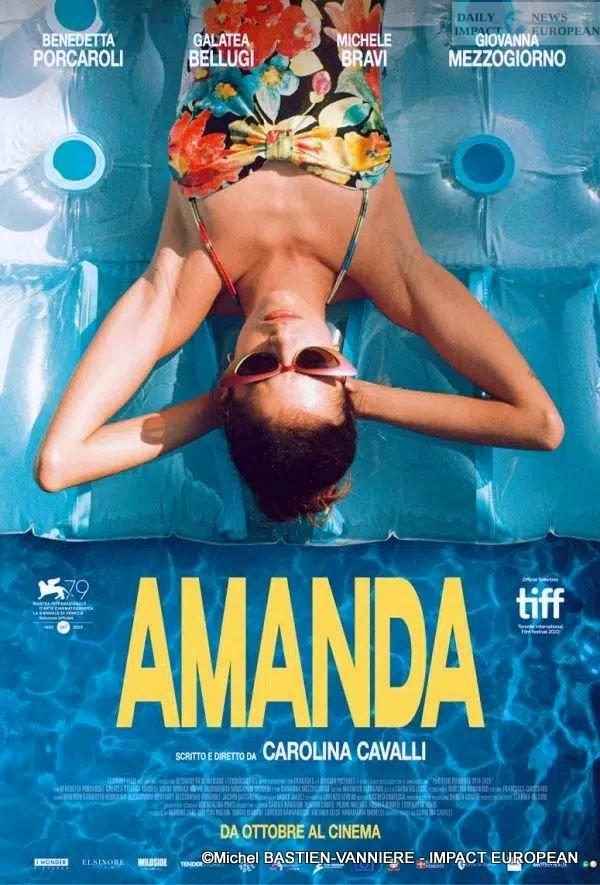
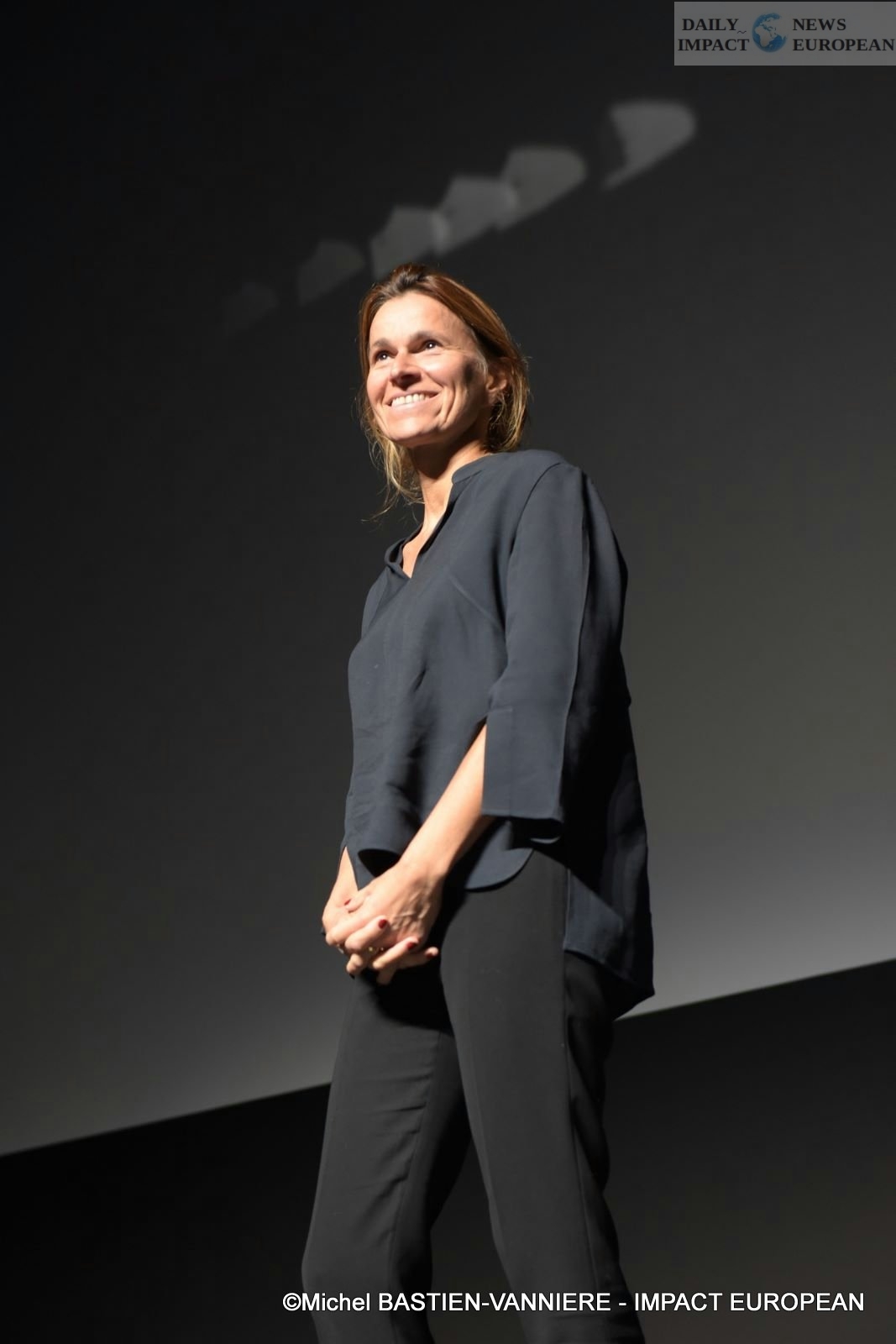
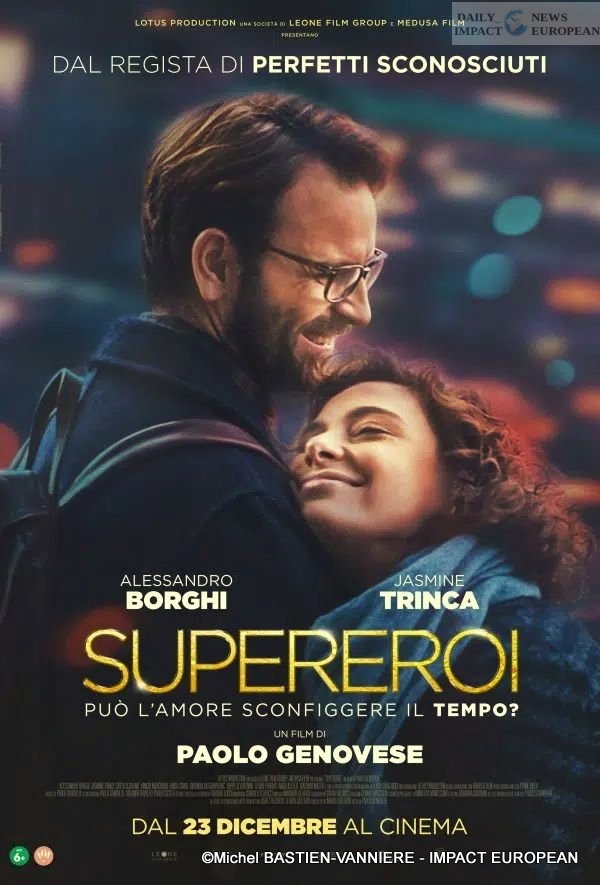
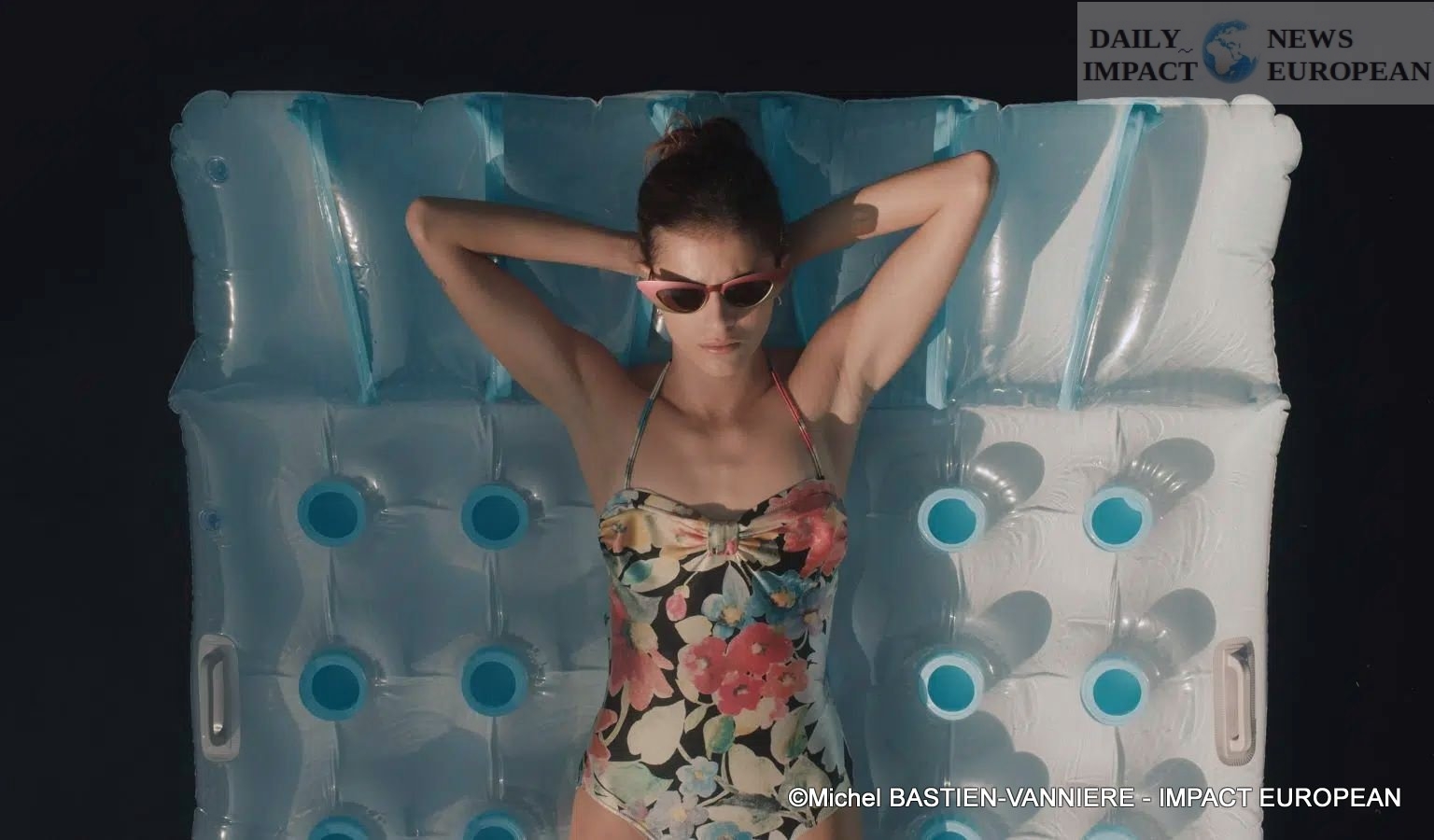
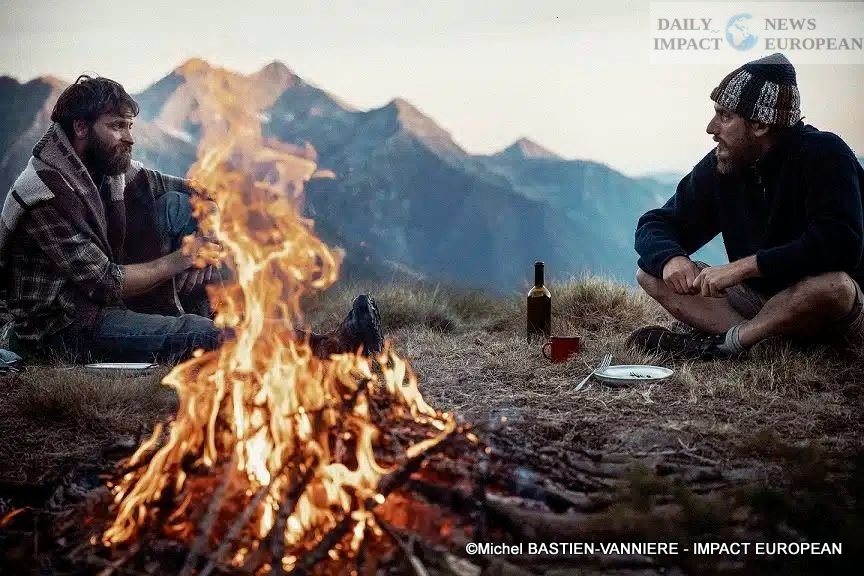
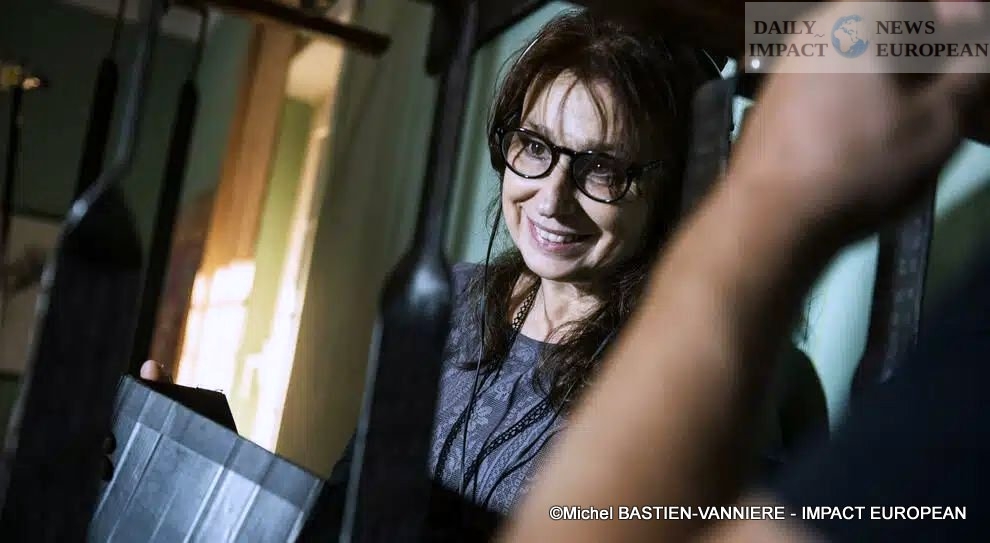
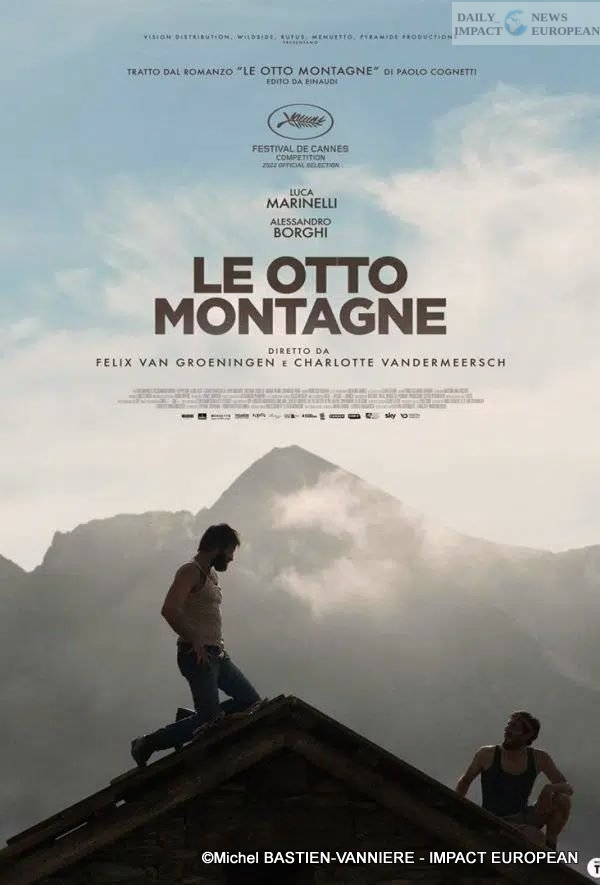
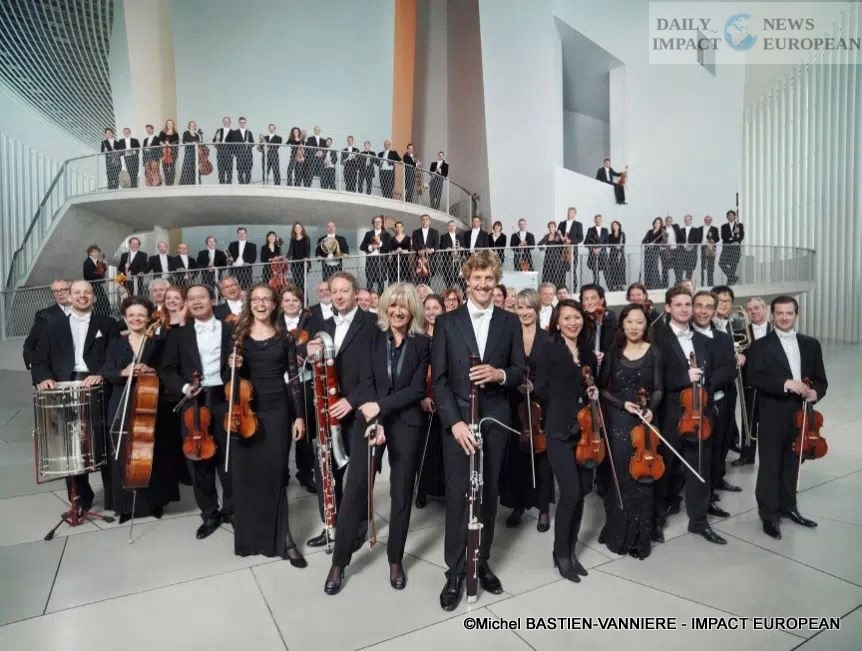
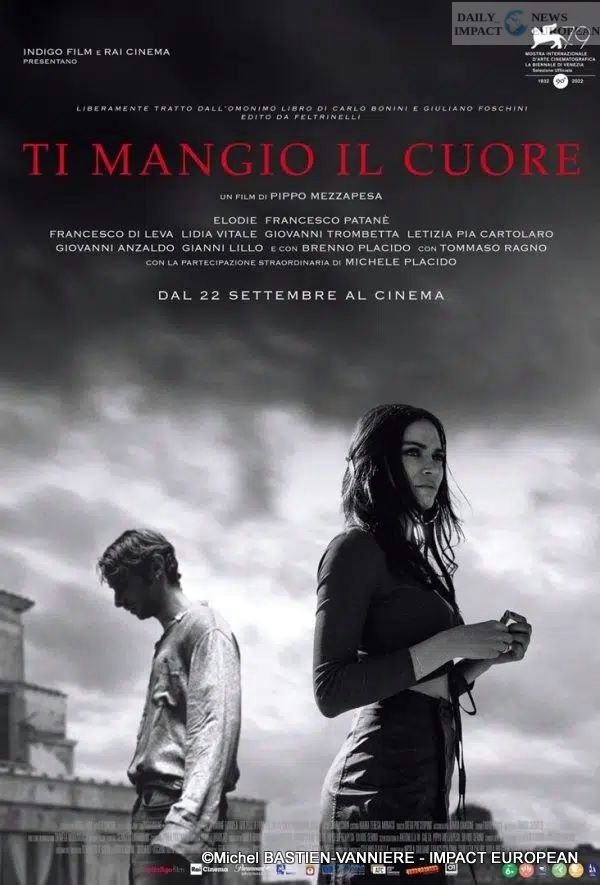
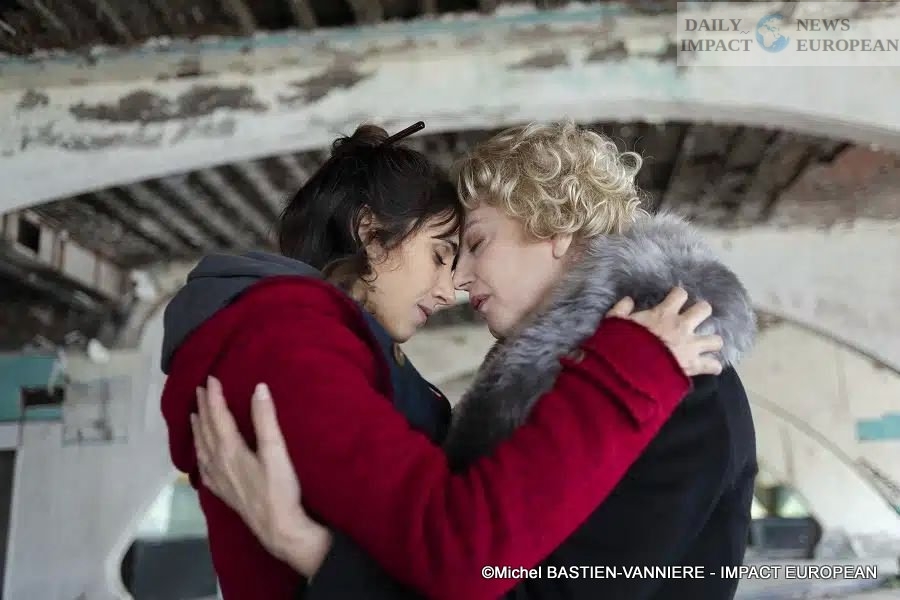
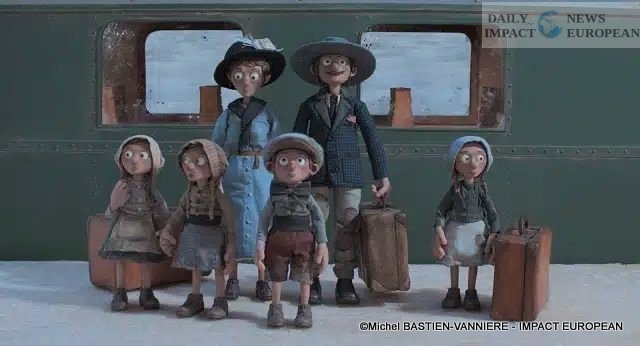
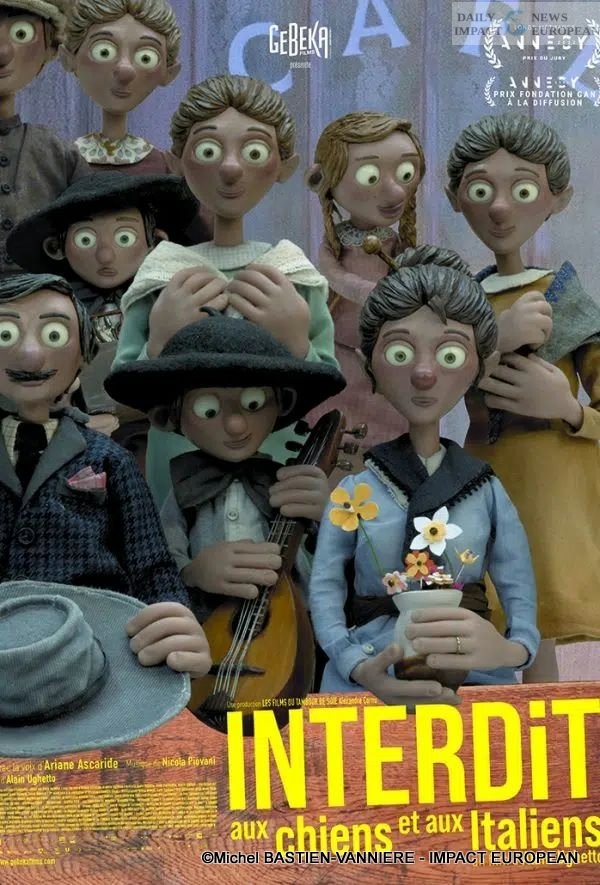
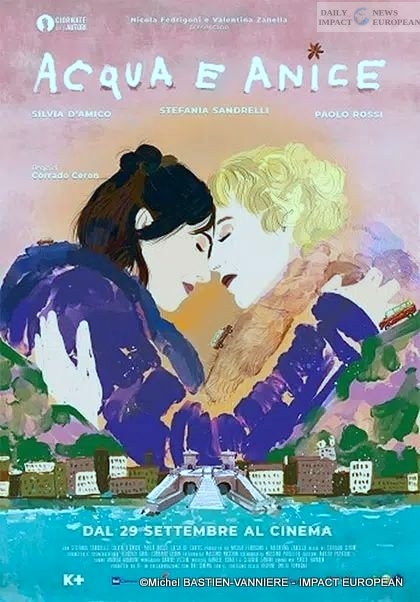
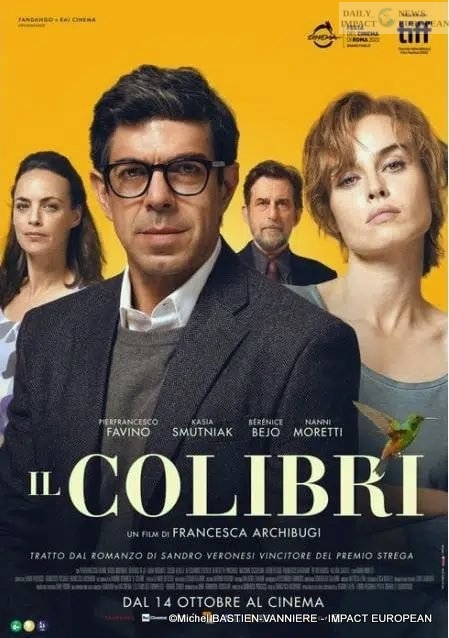
Plus d'histoires
Embraer, Portugal and the A-29N Super Tucano: An Industrial, Political and Geostrategic Turning Point for Europe and NATO
Private Health Schools Under Scrutiny: Council of State Sides with the French Order of Physiotherapists
Dordogne: Mayor Excluded for Antisemitism Avoids Trial, LICRA Reacts